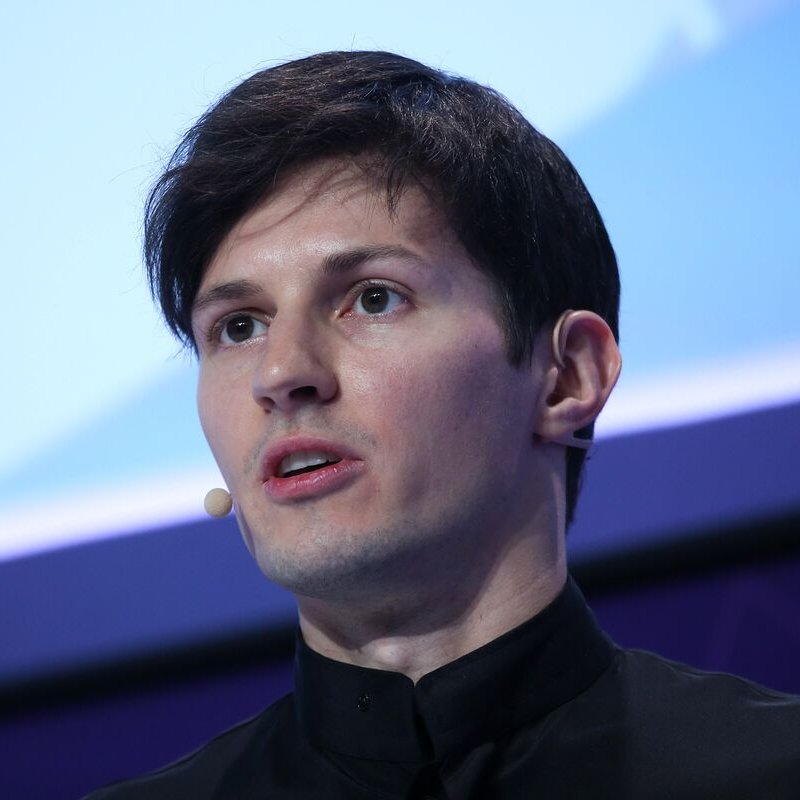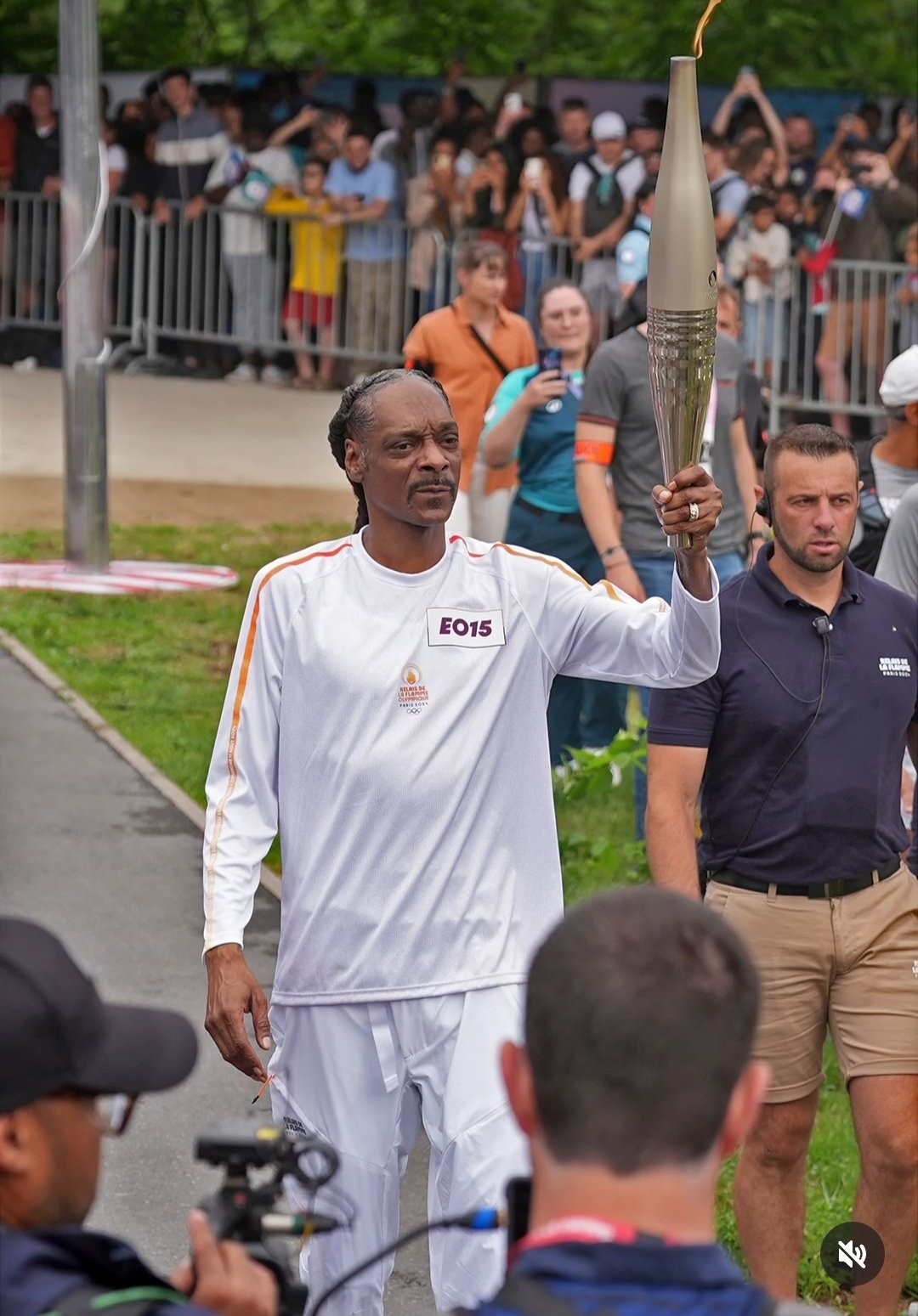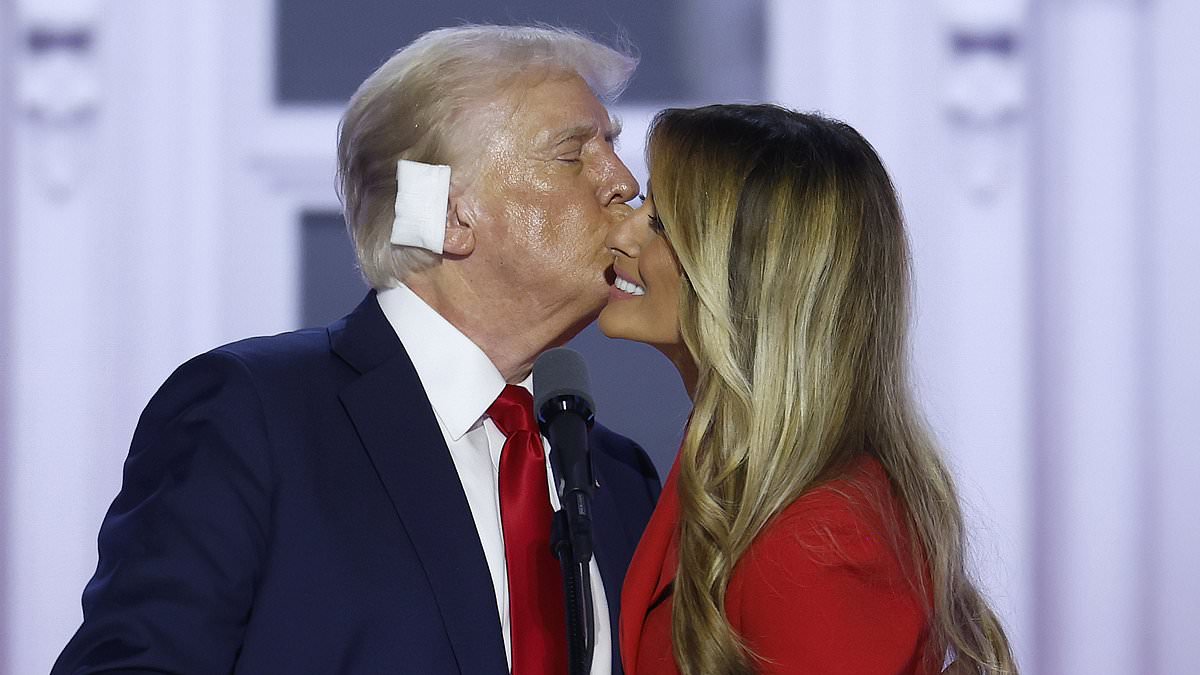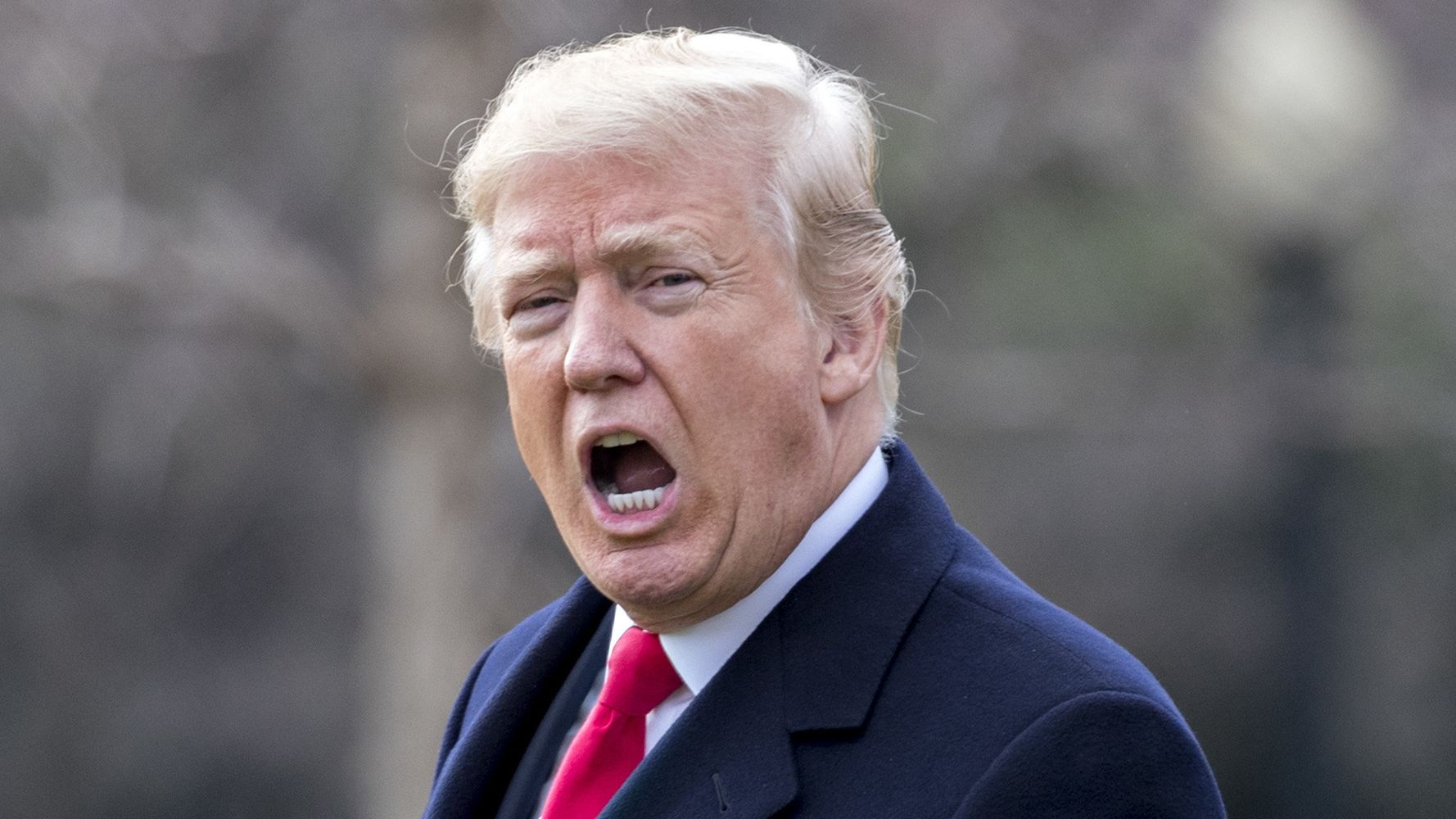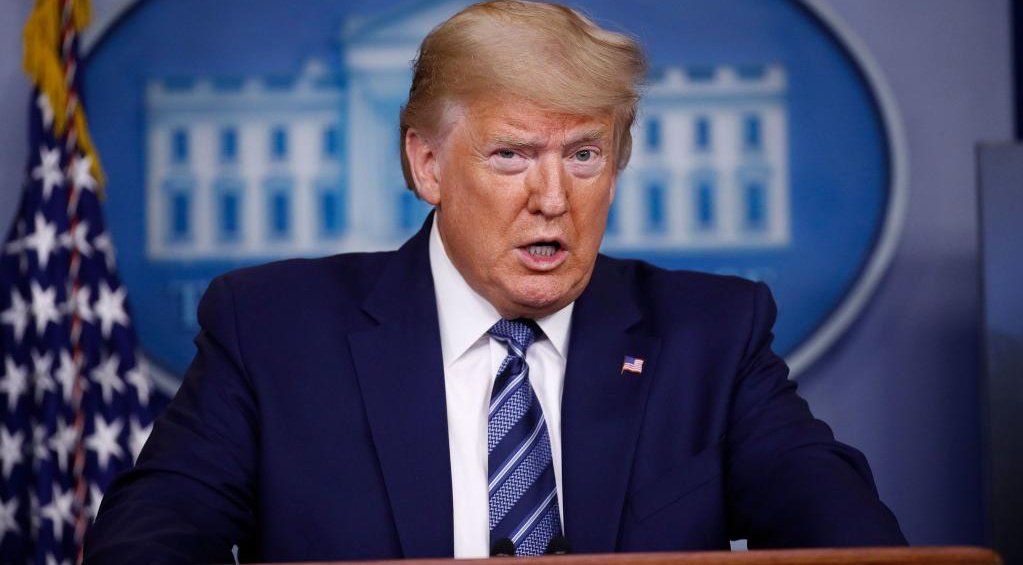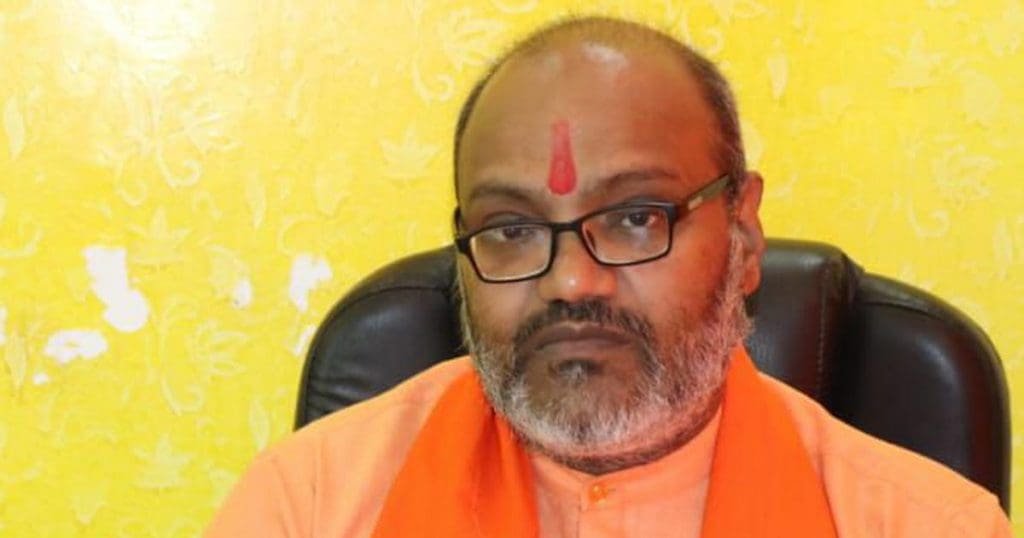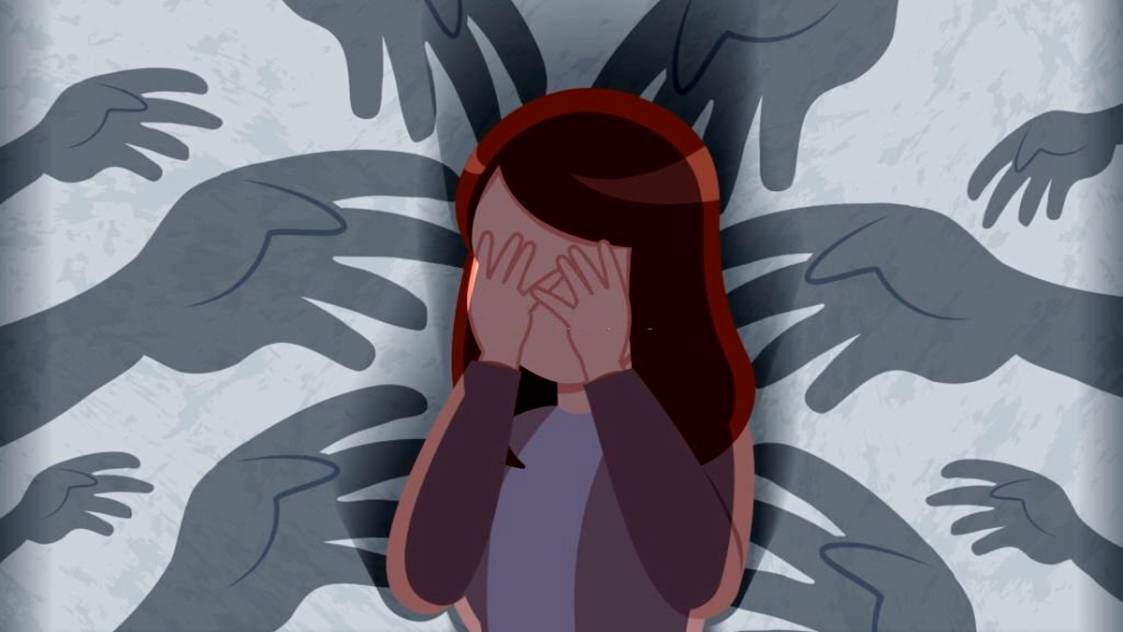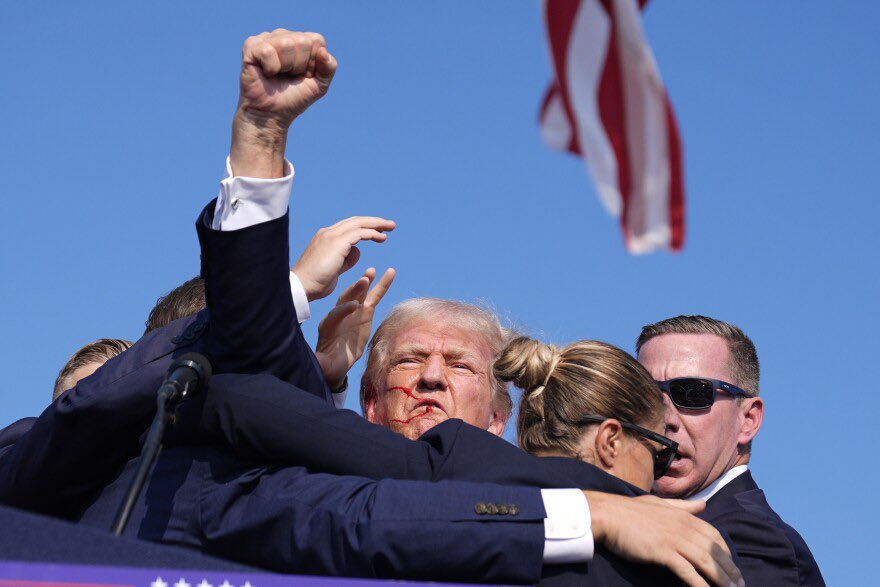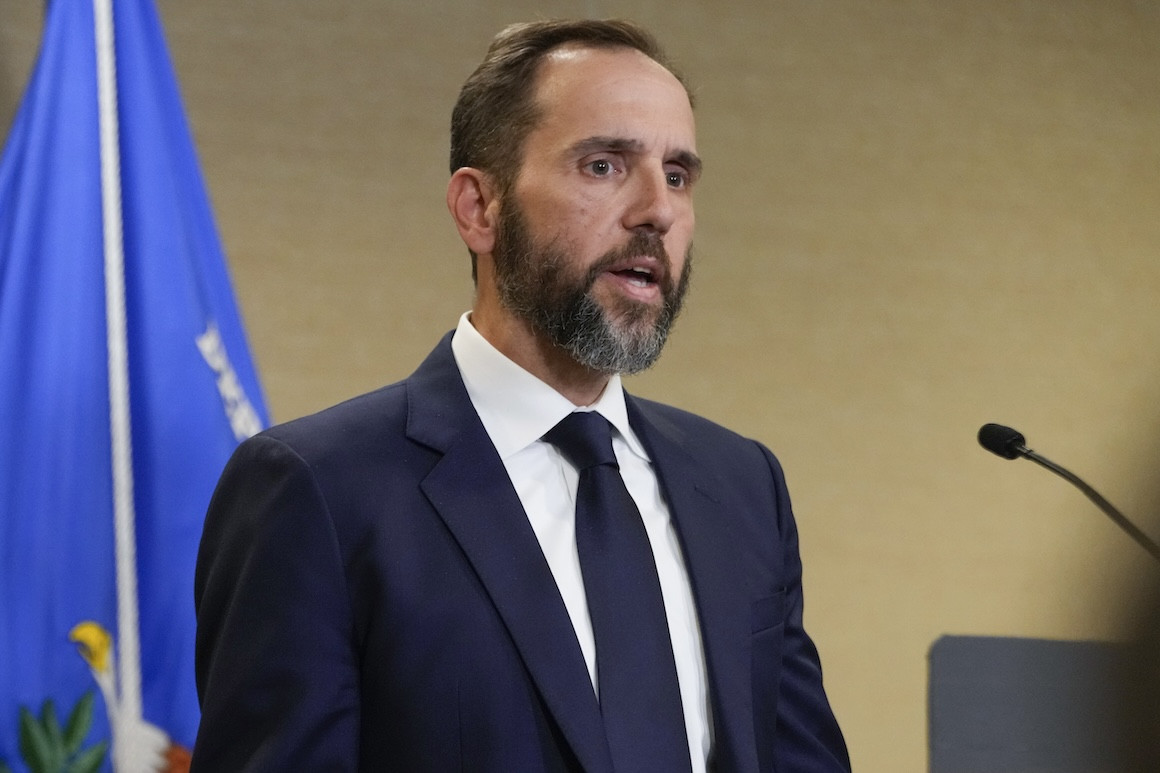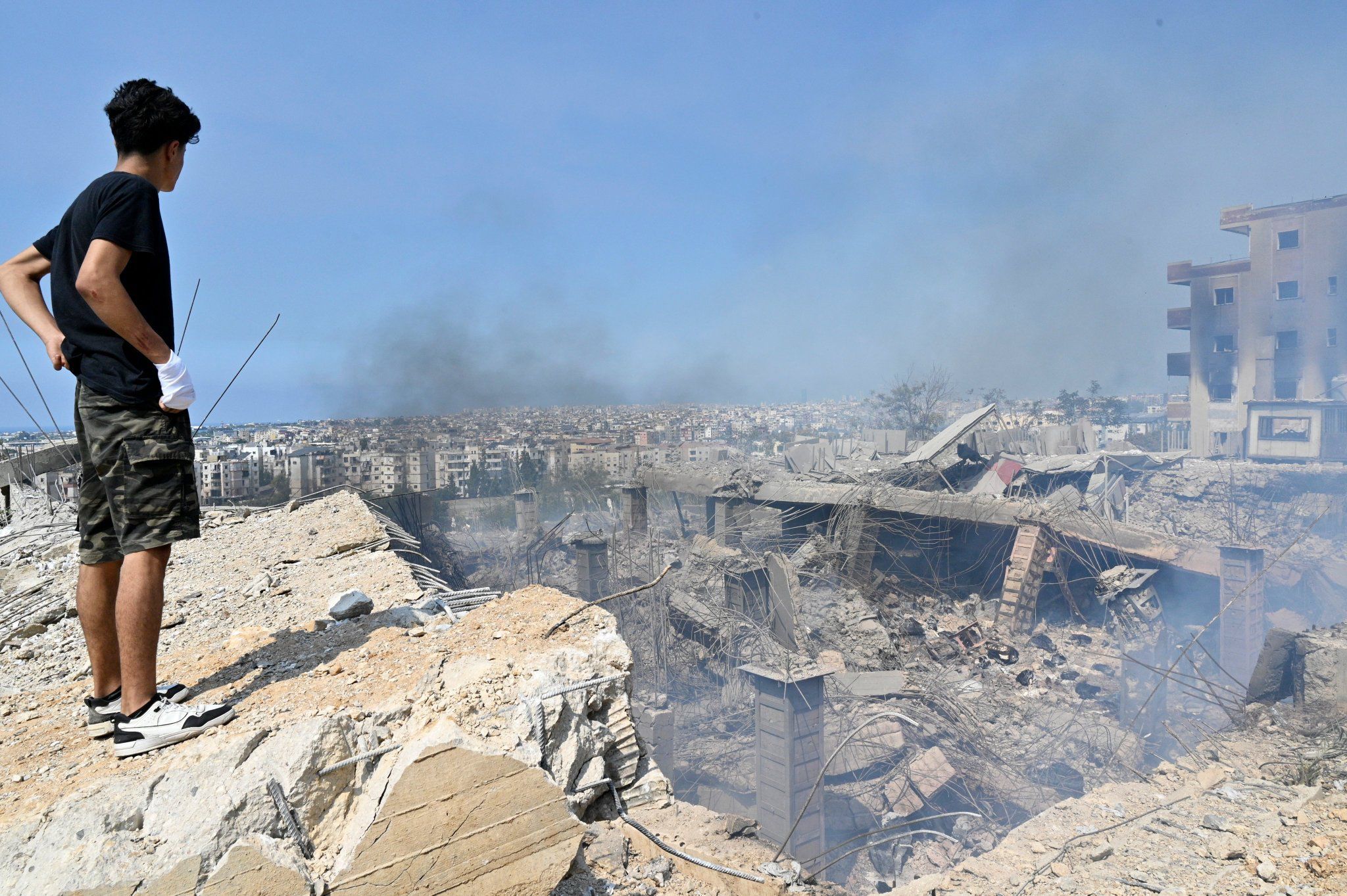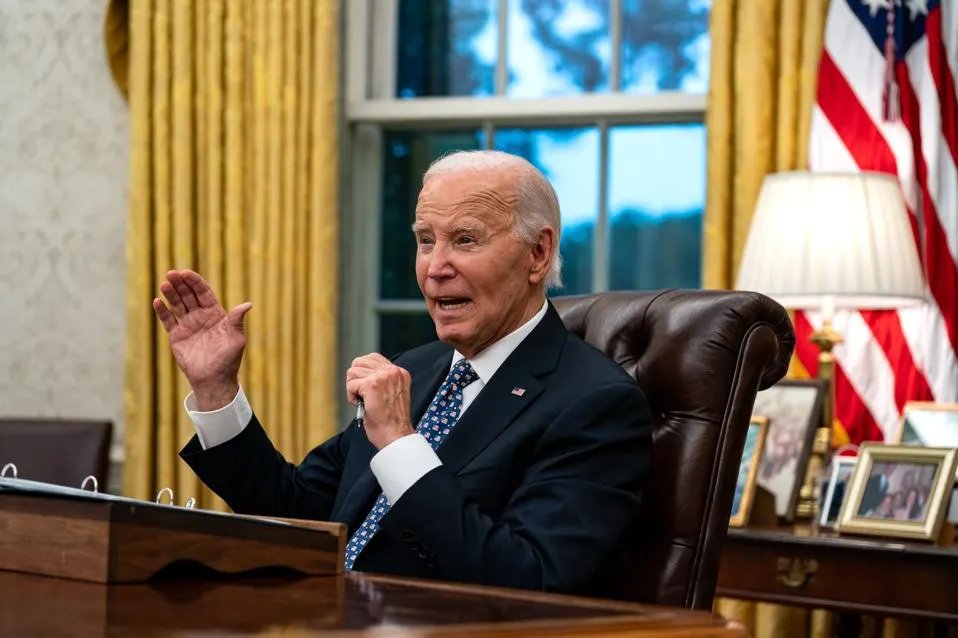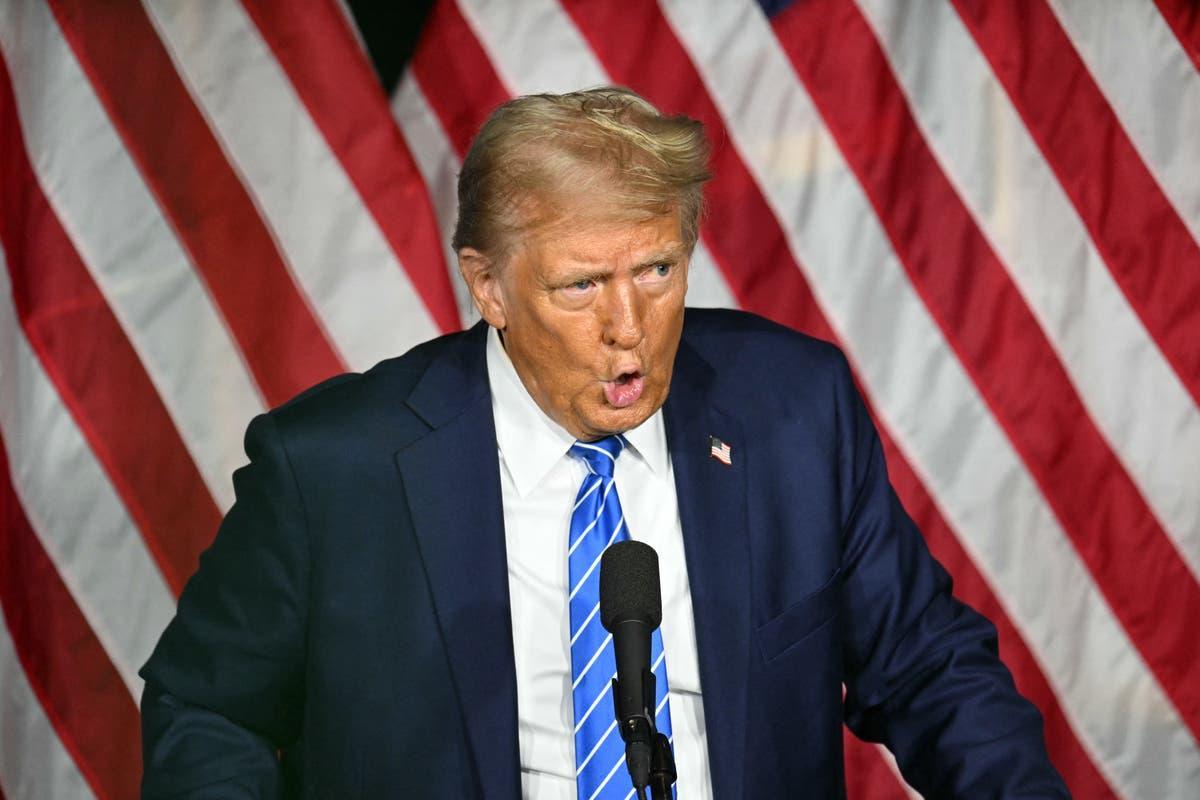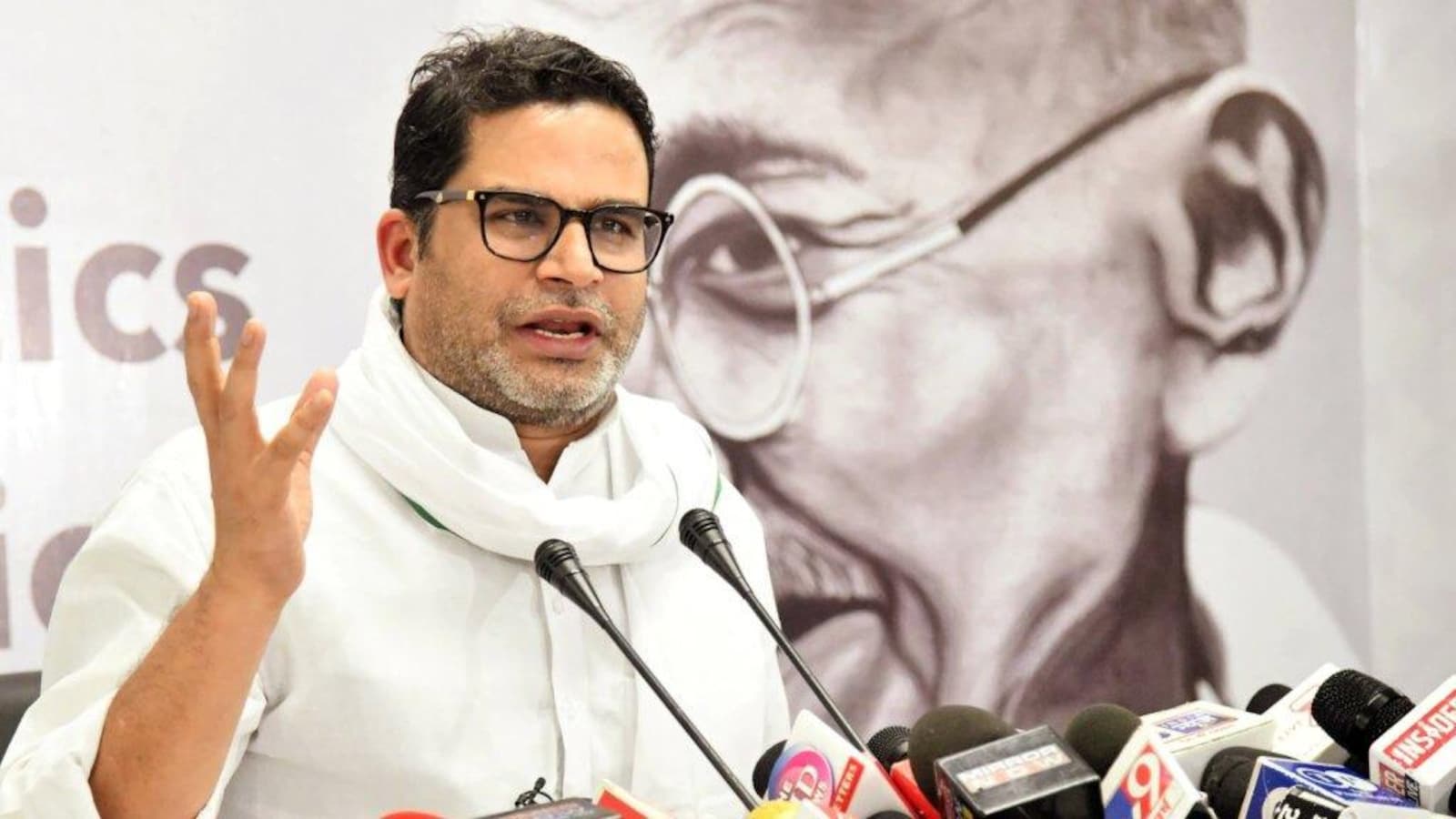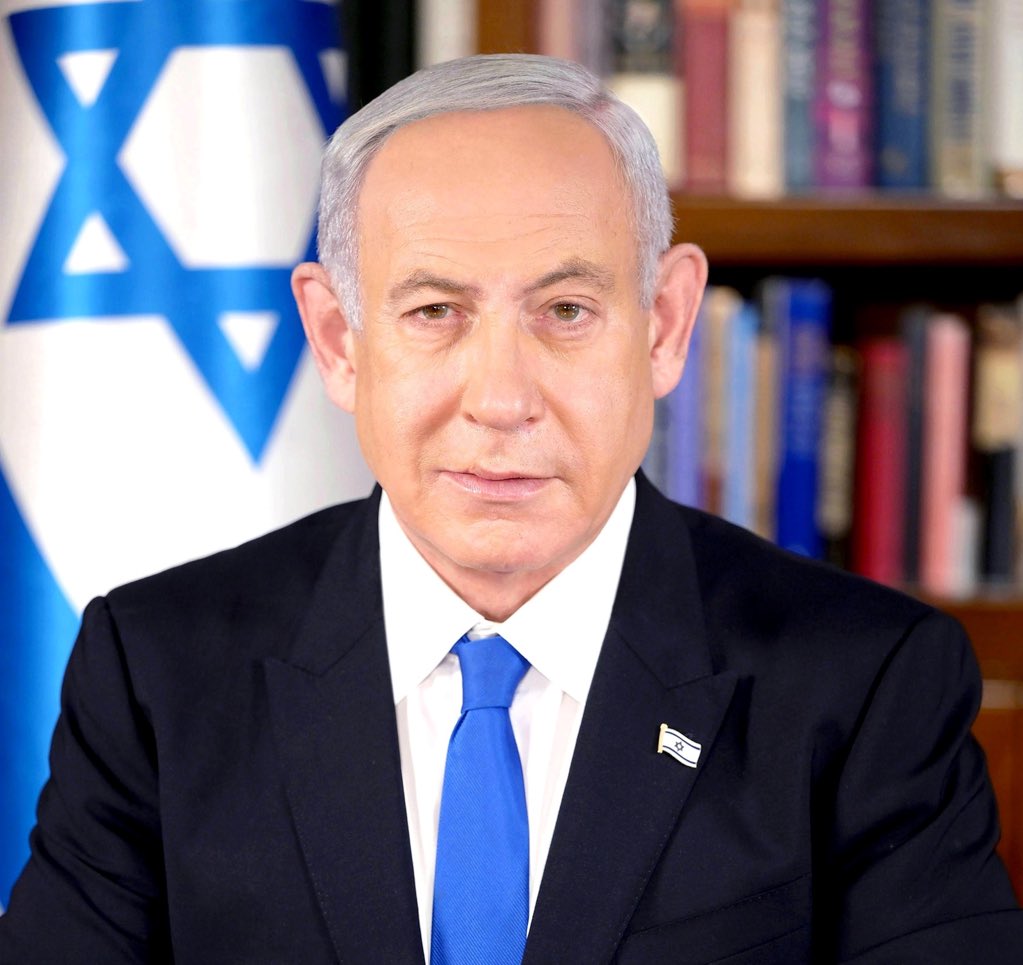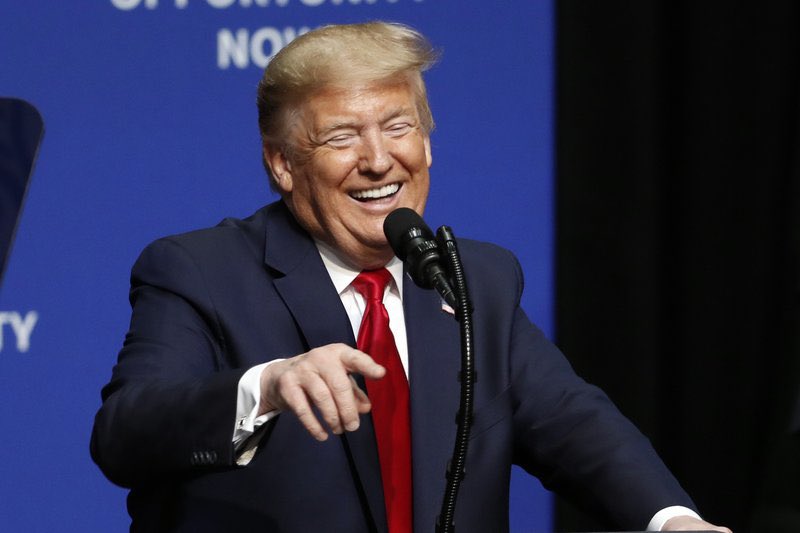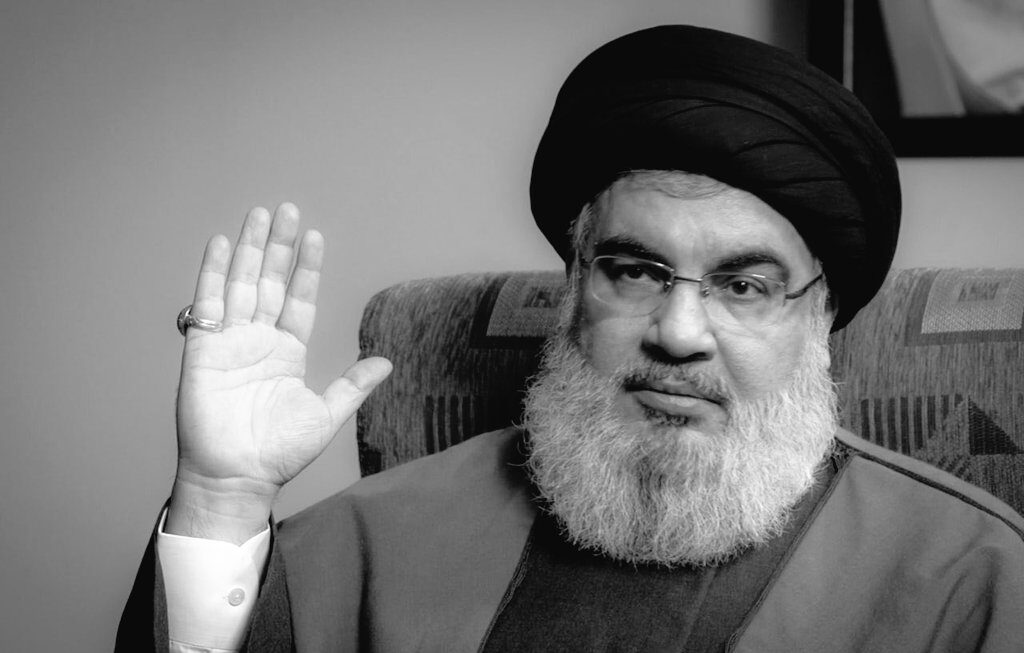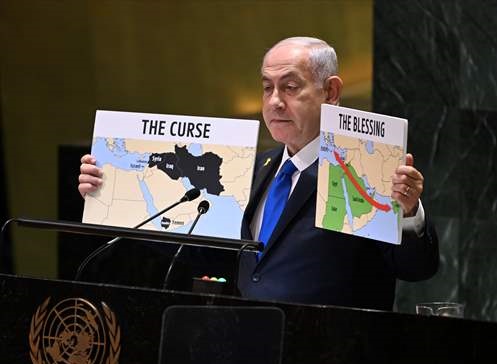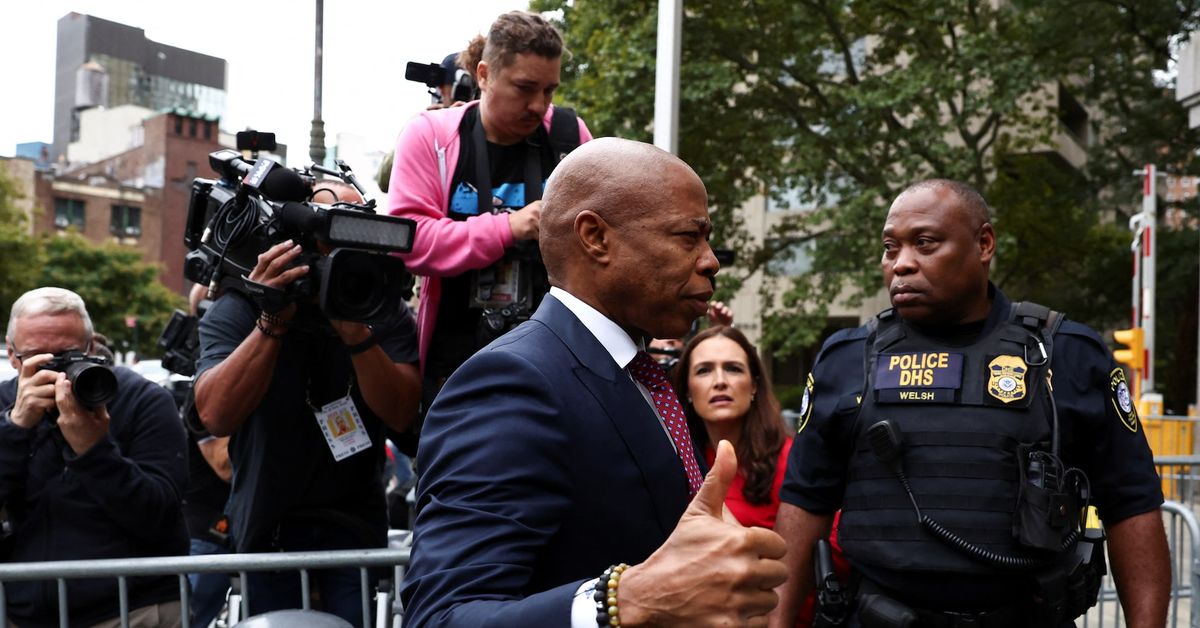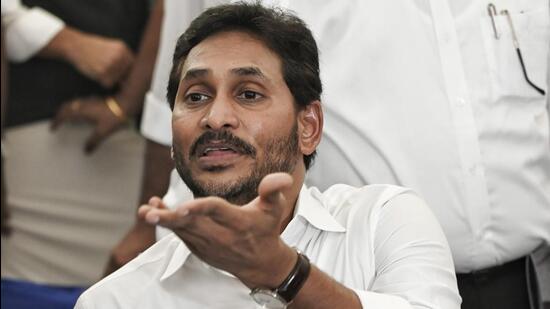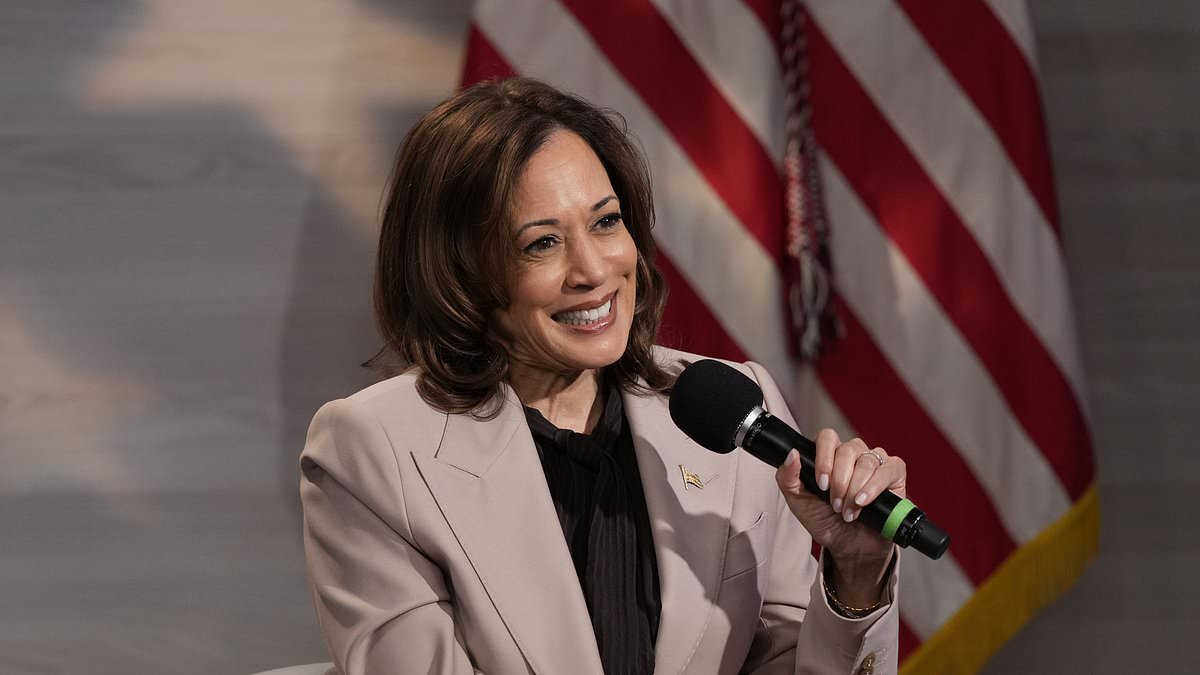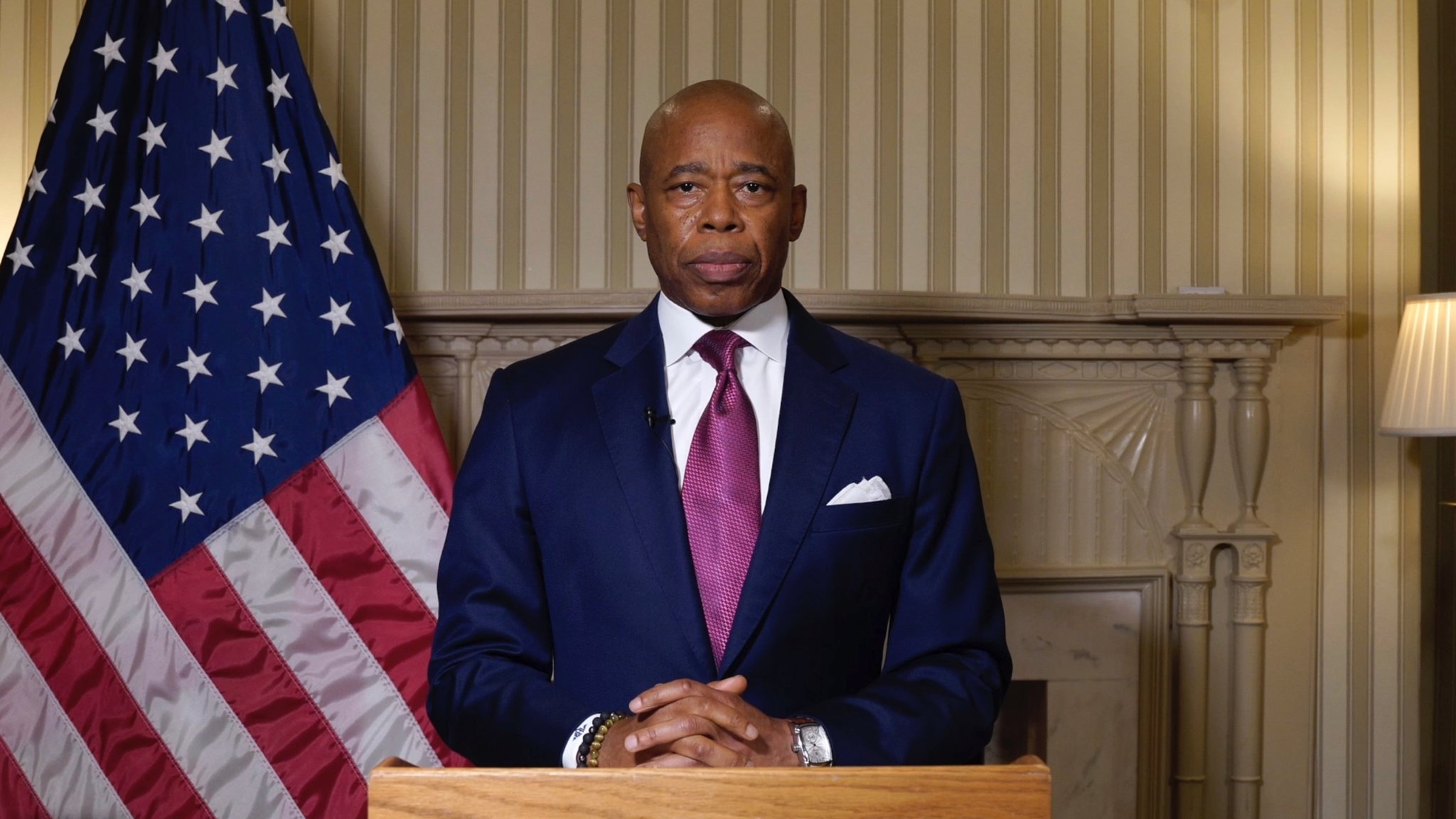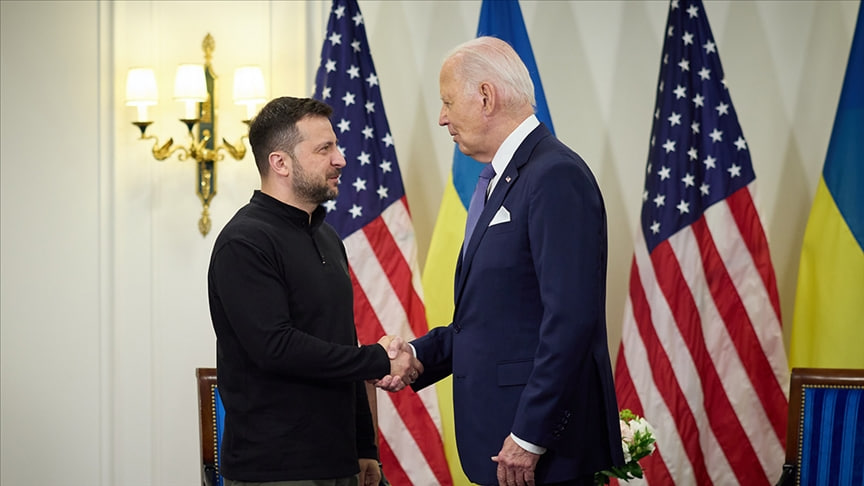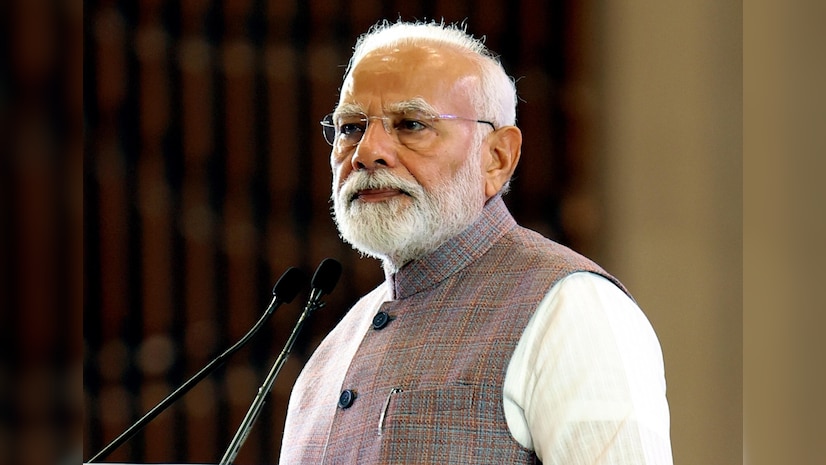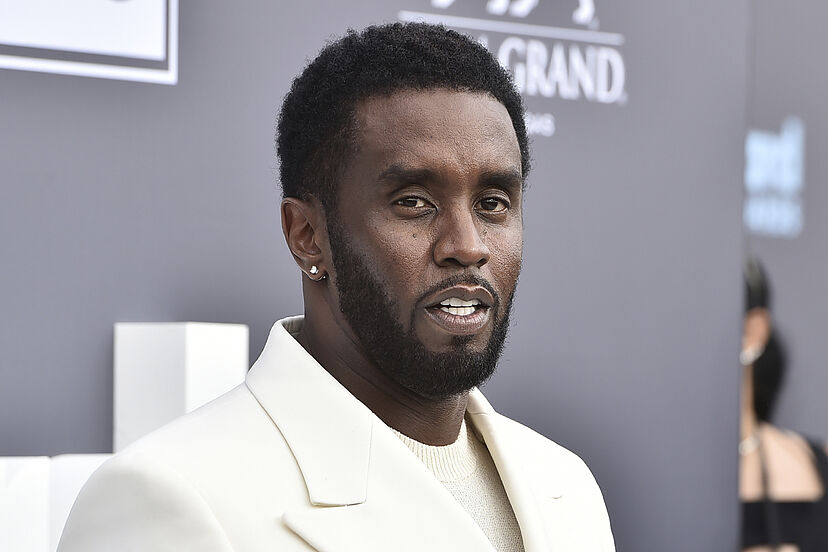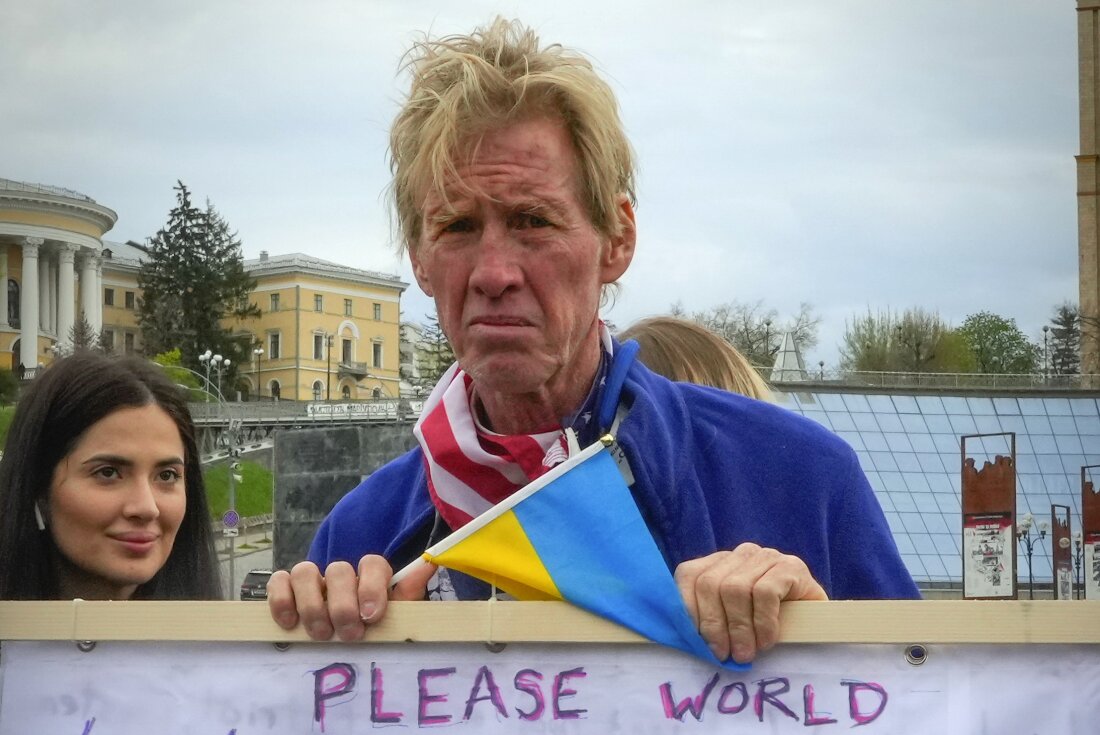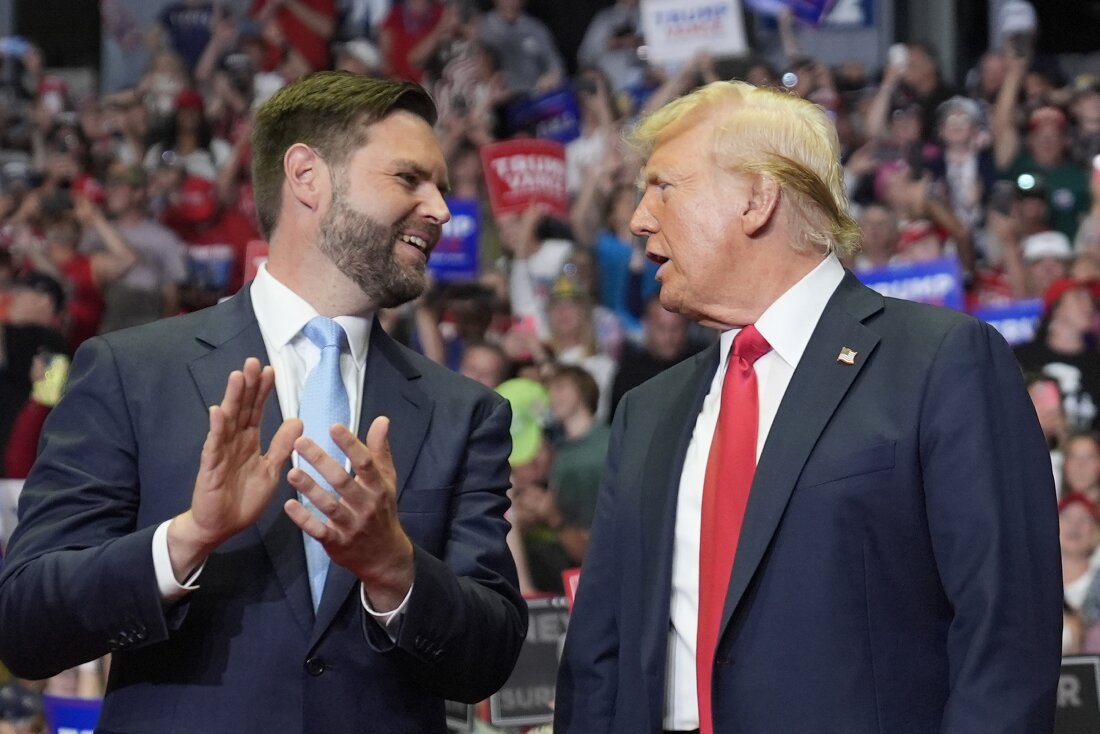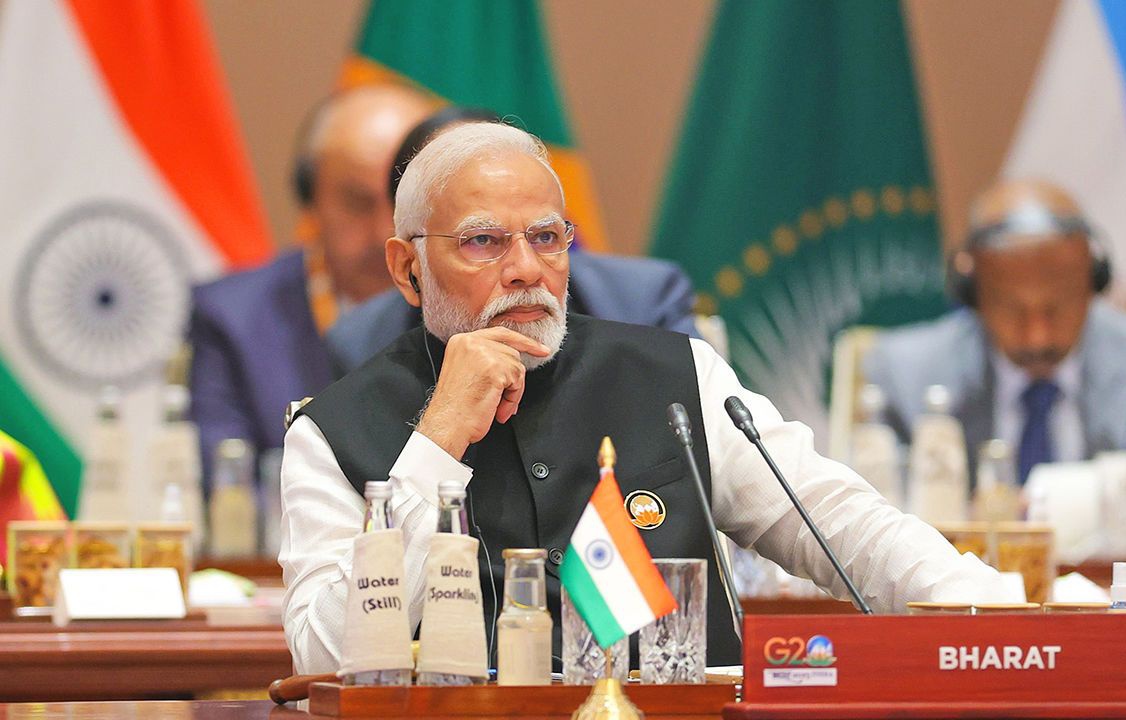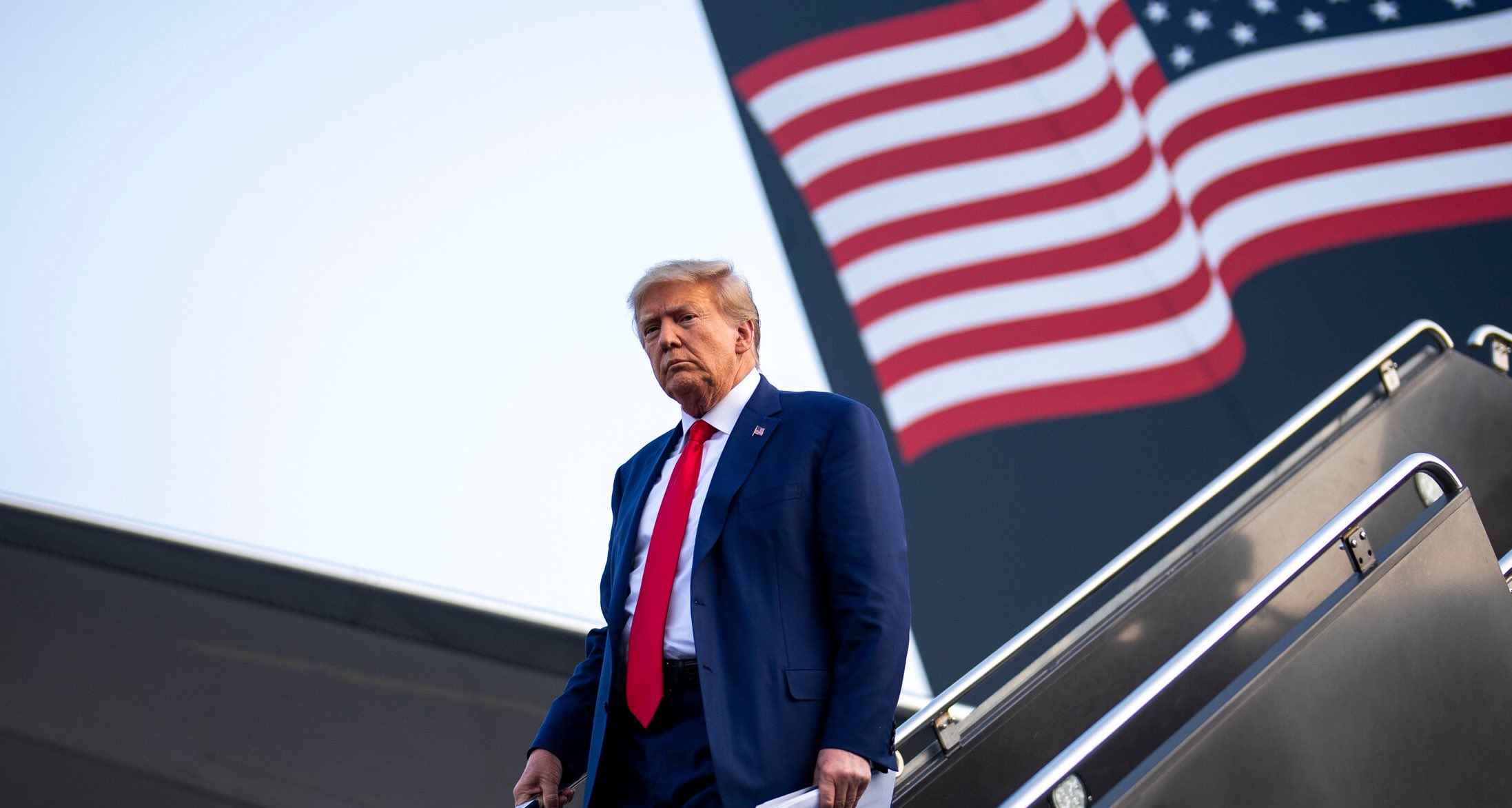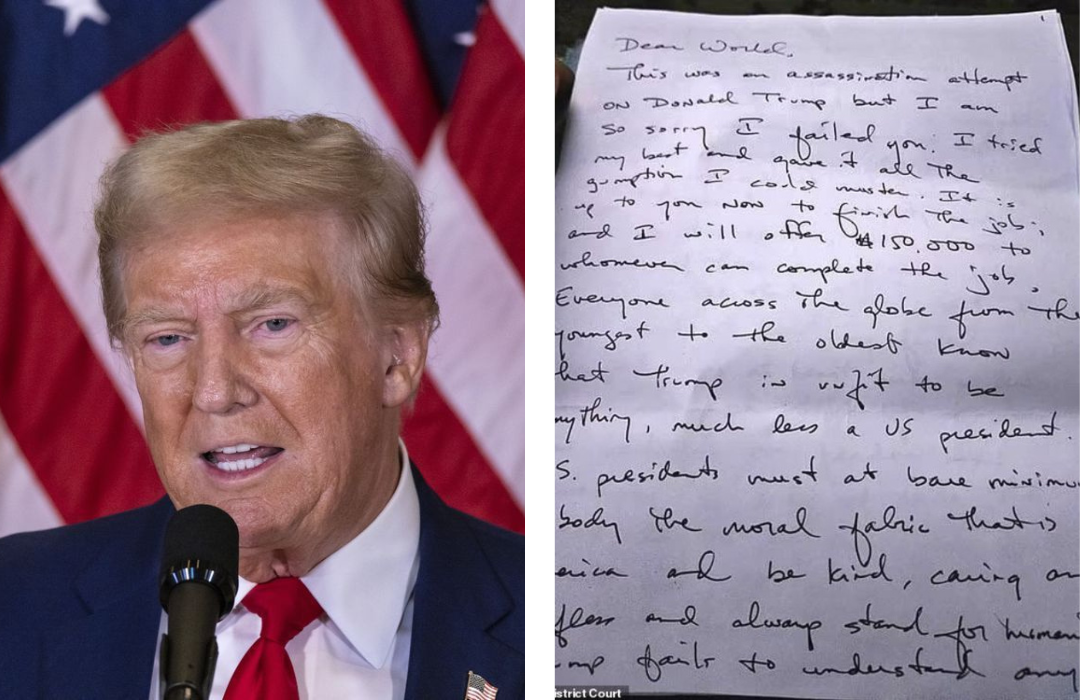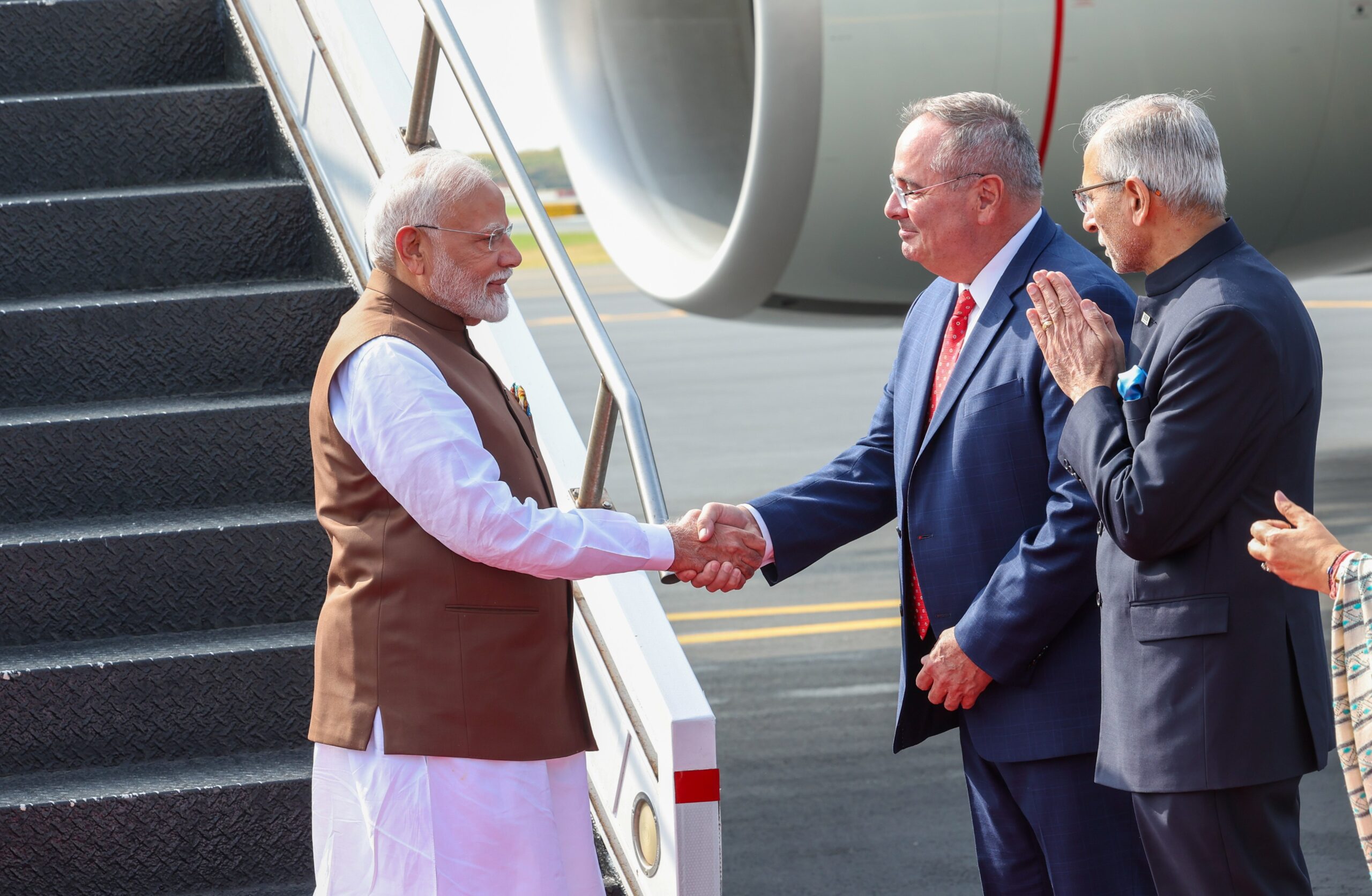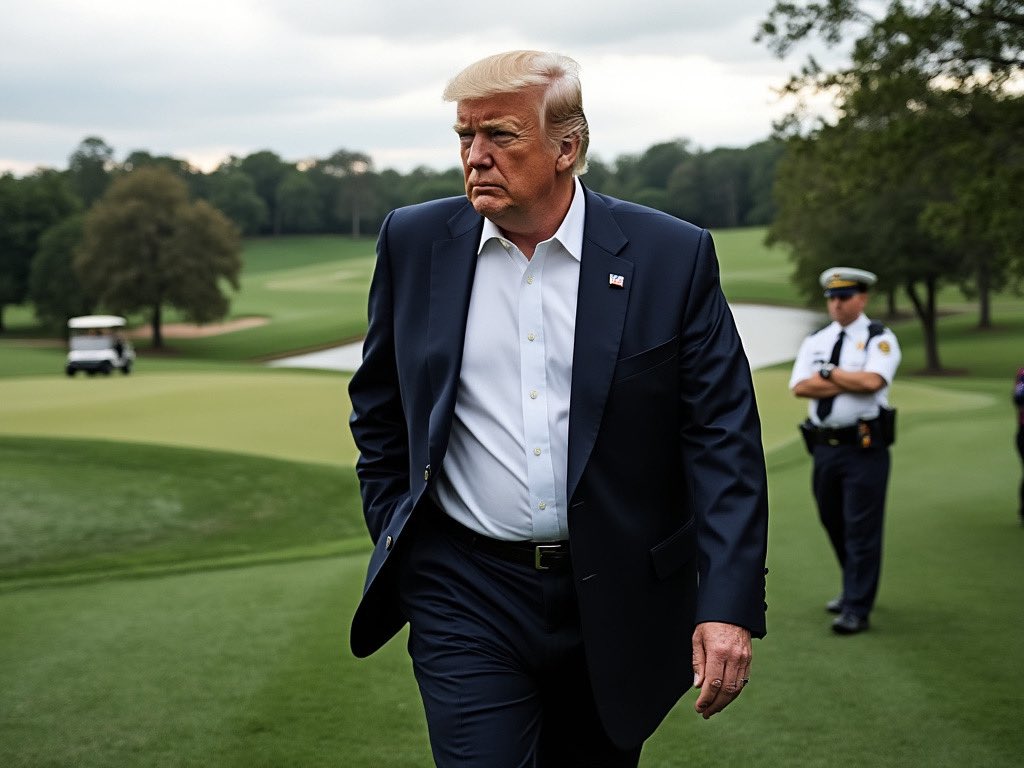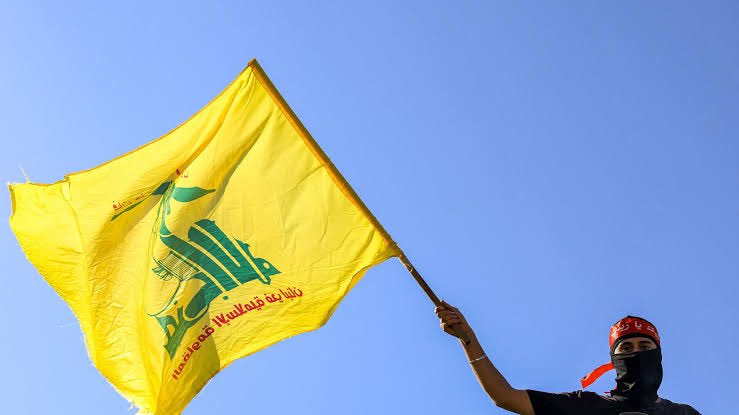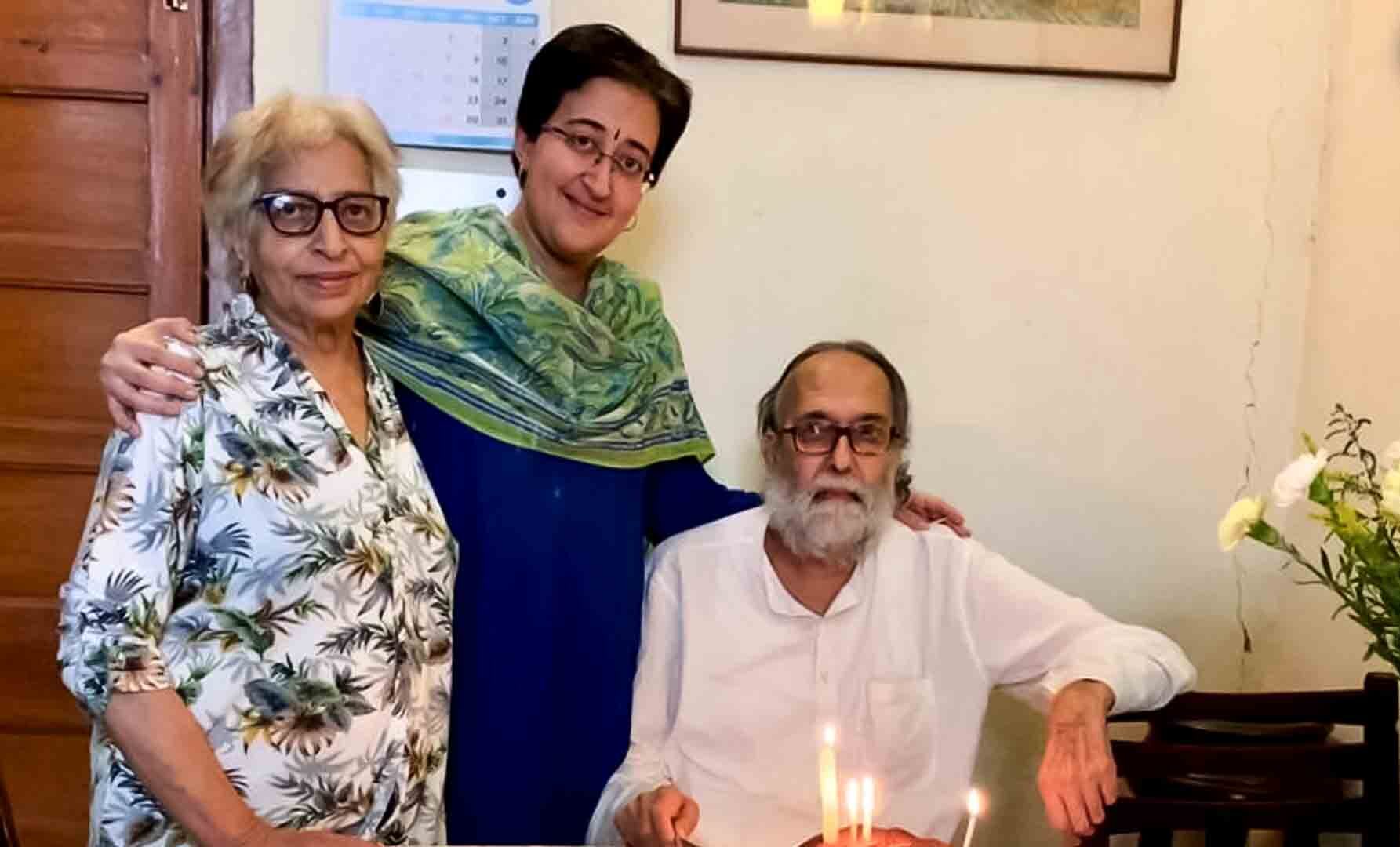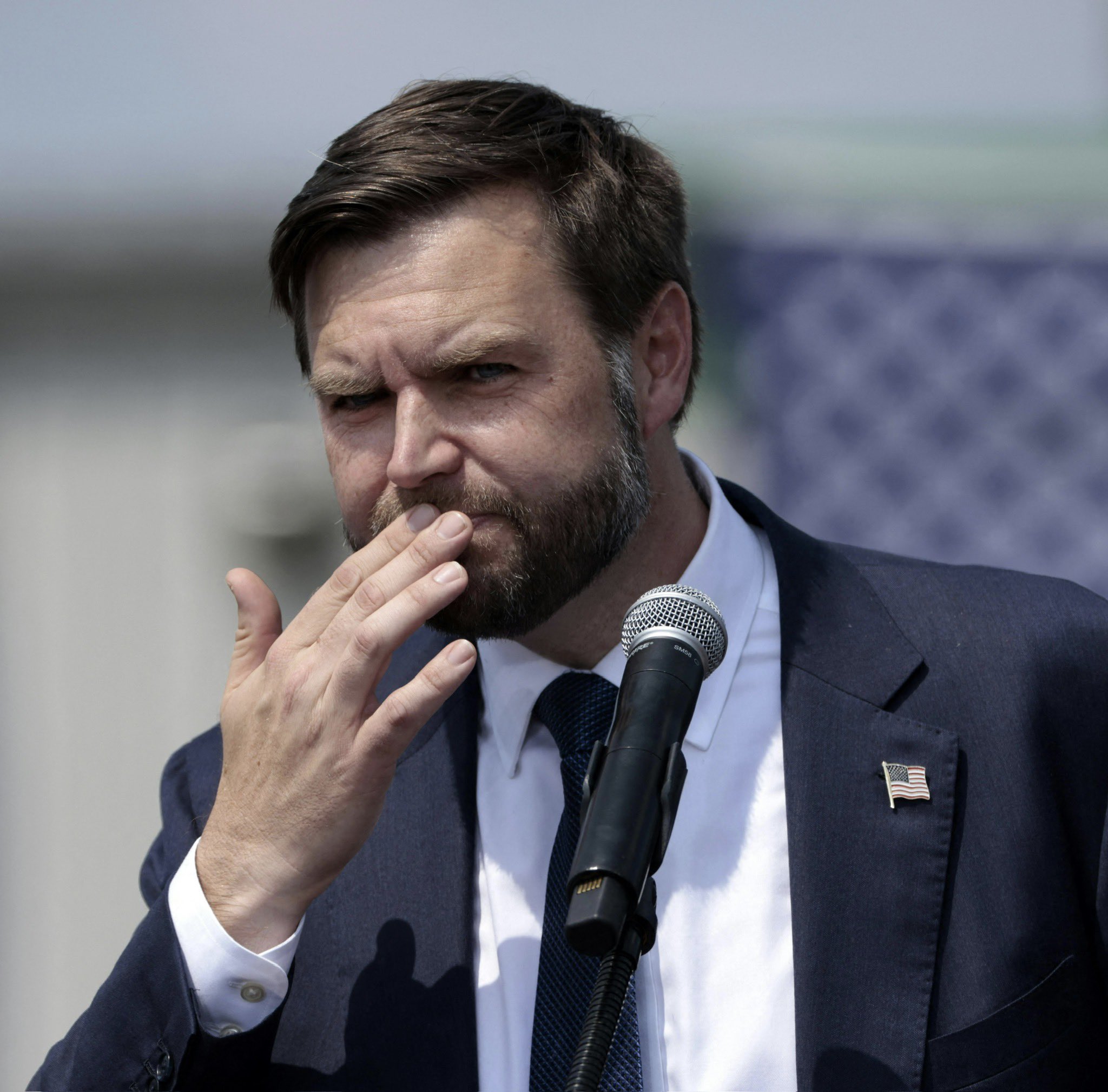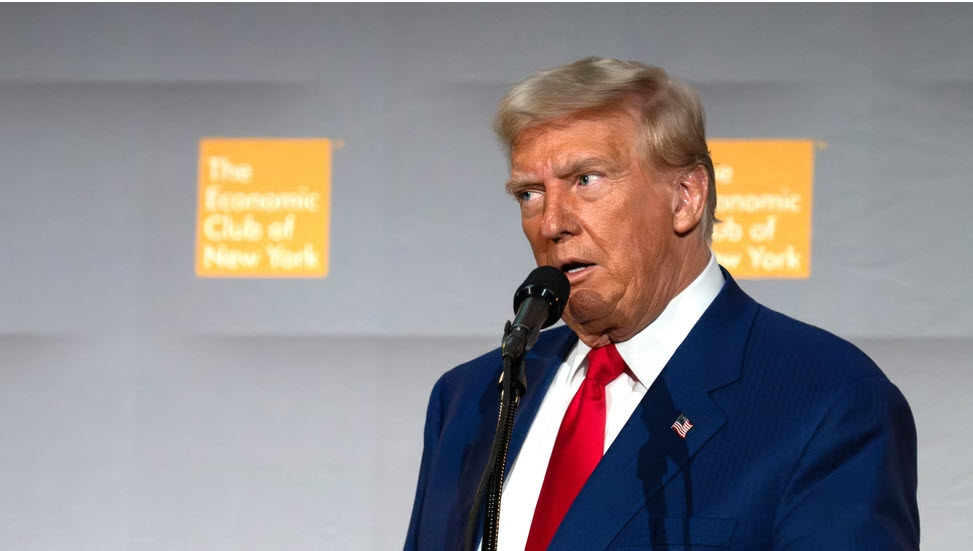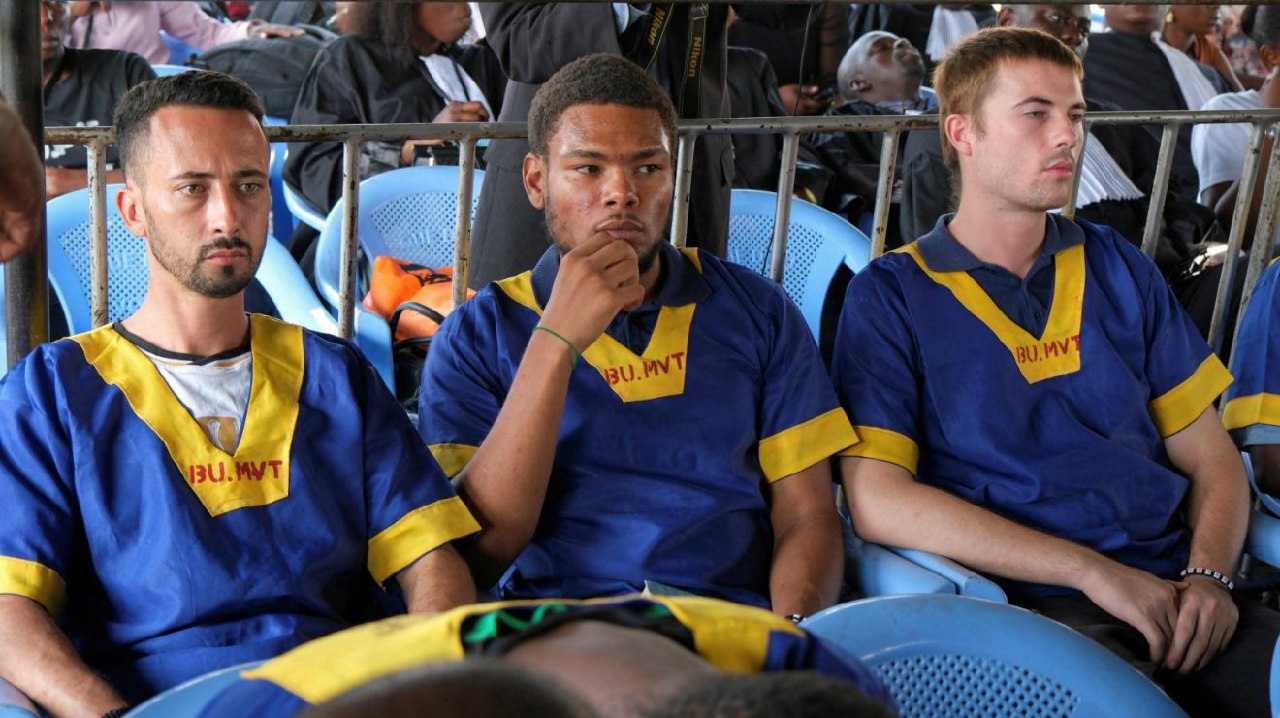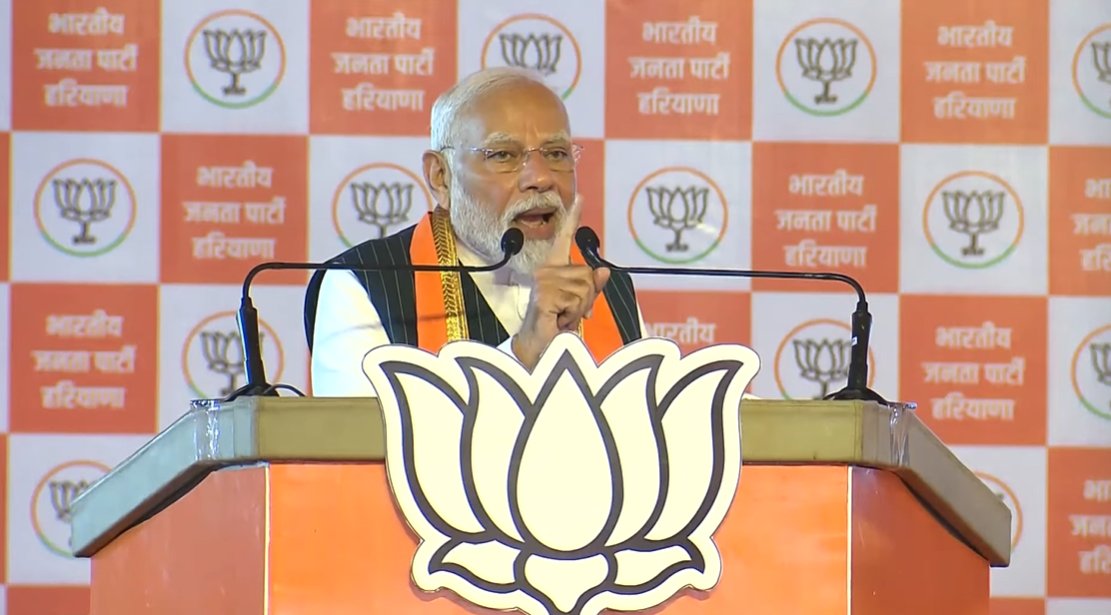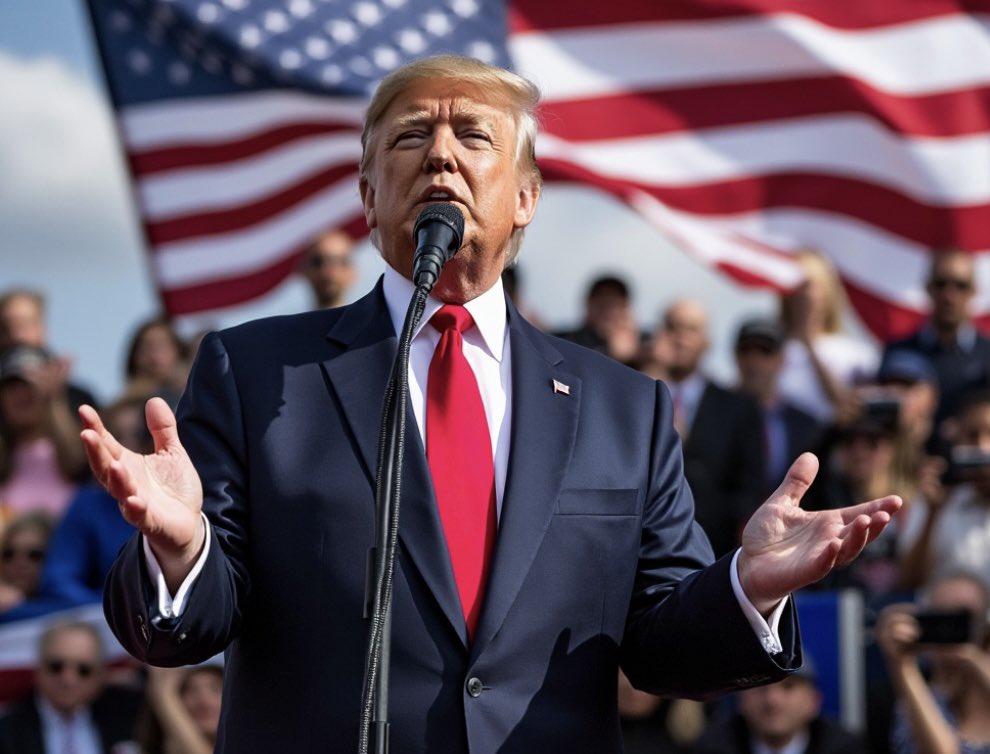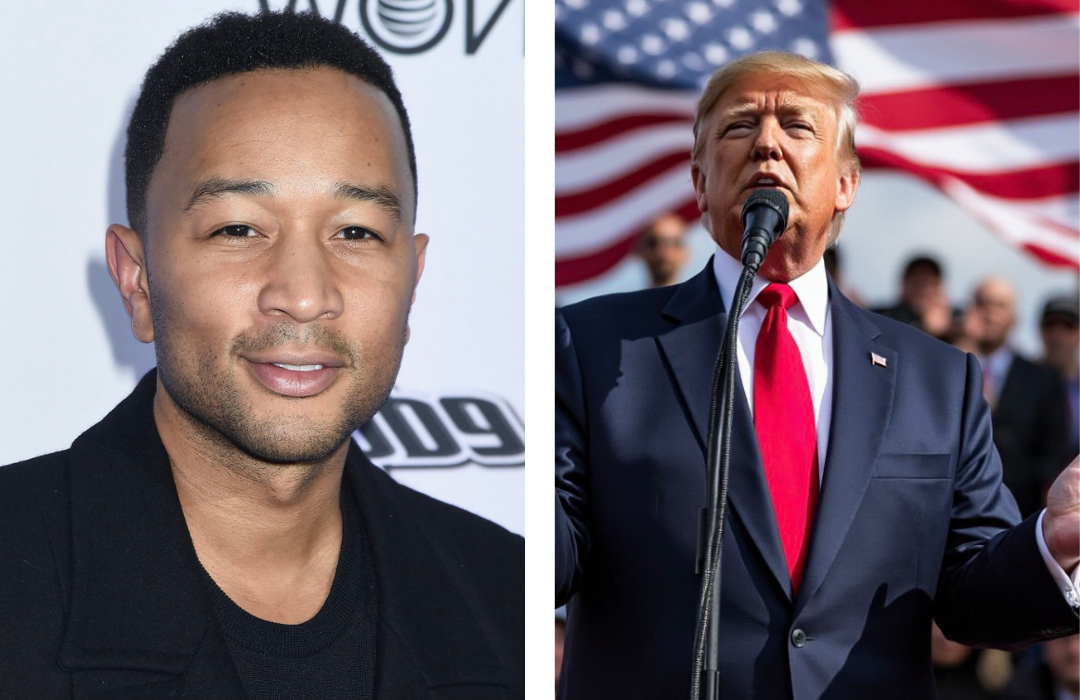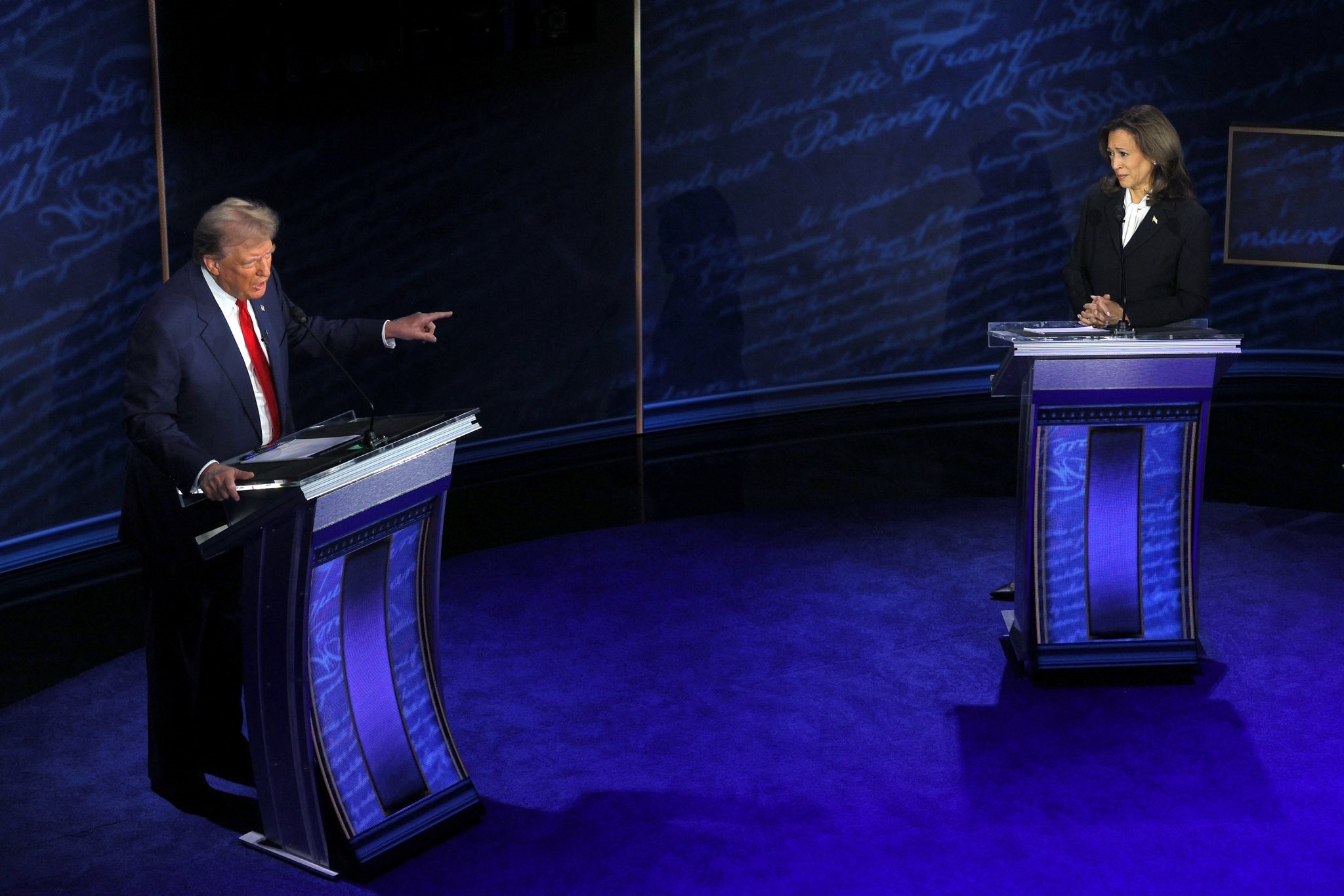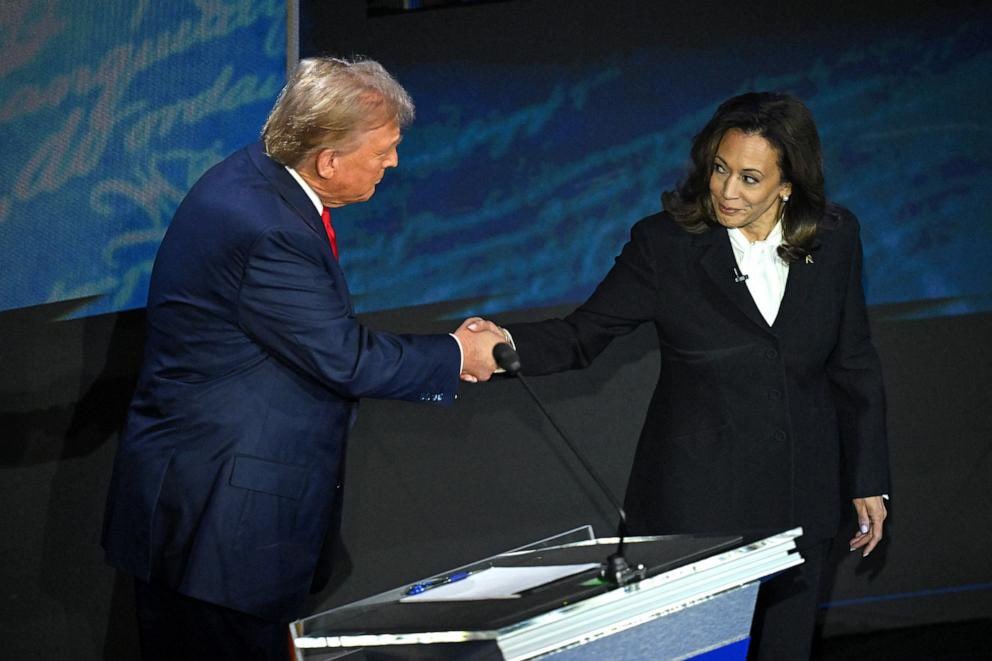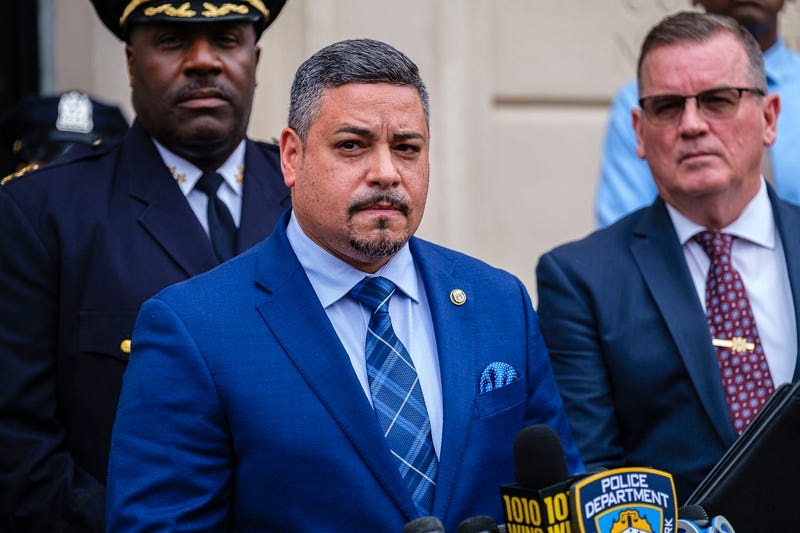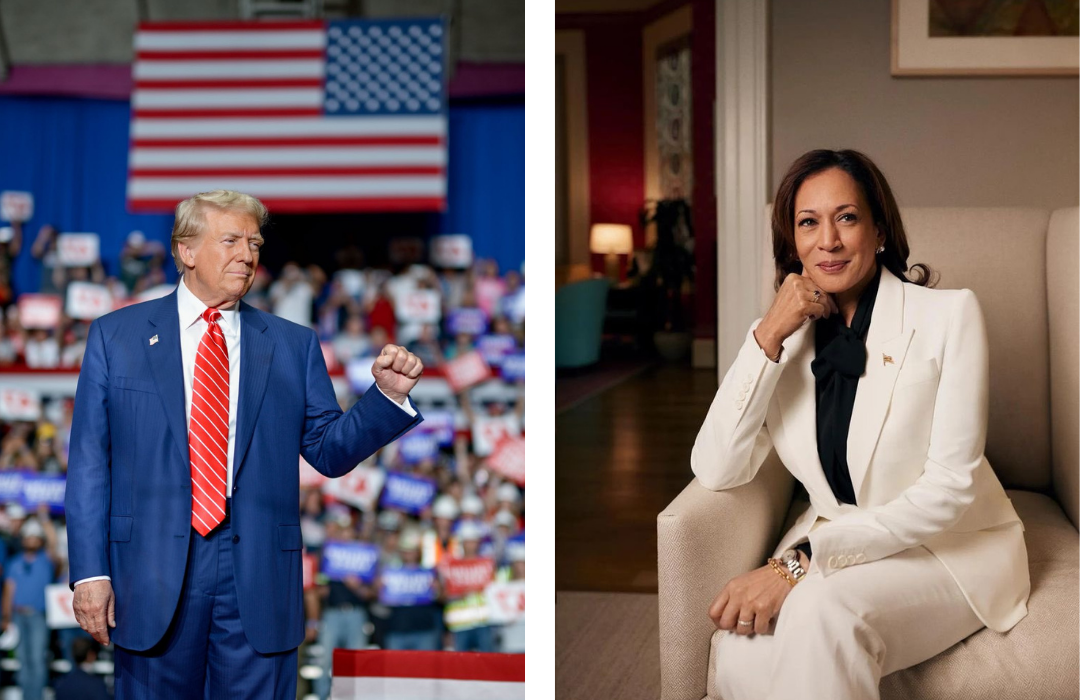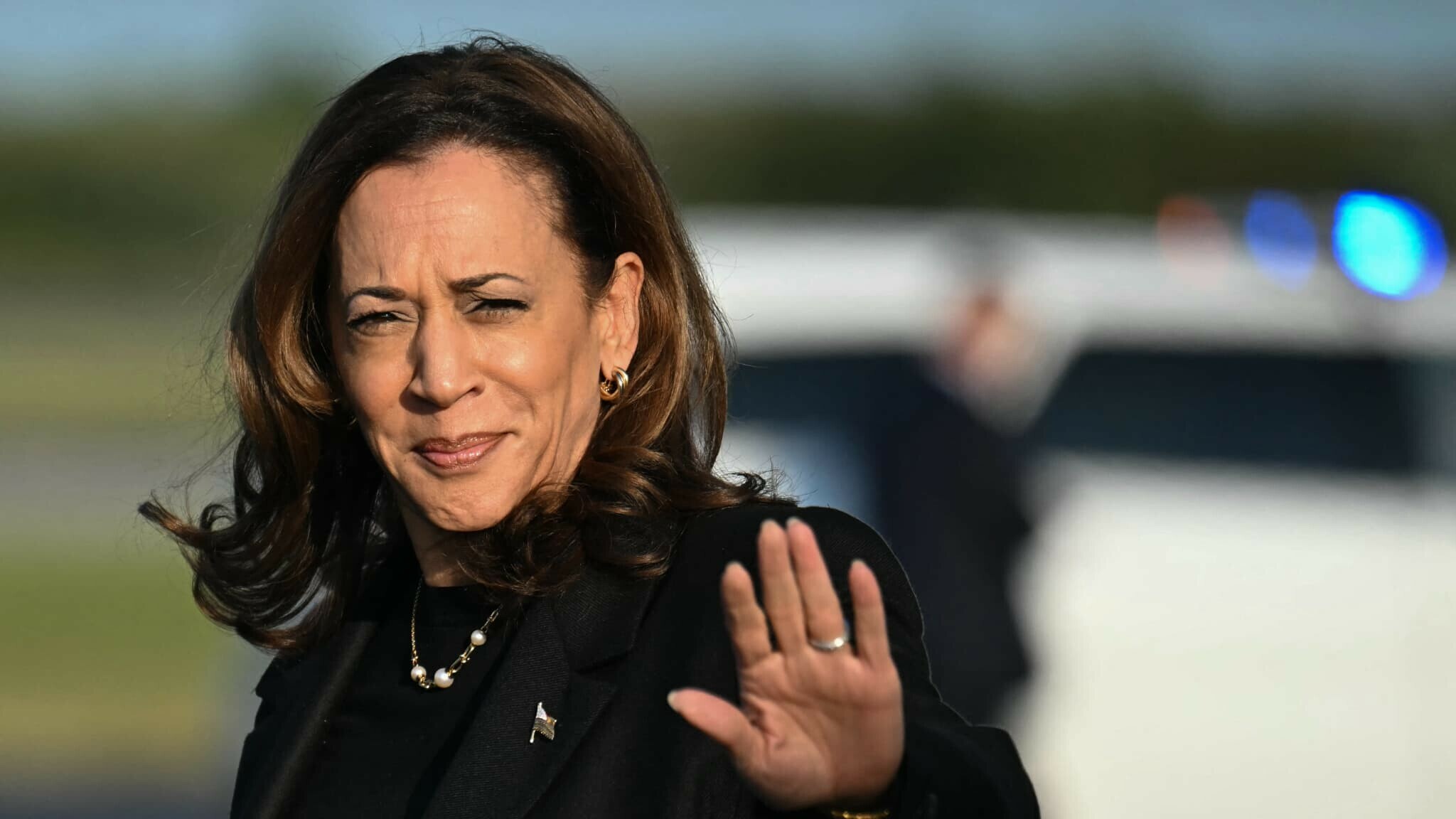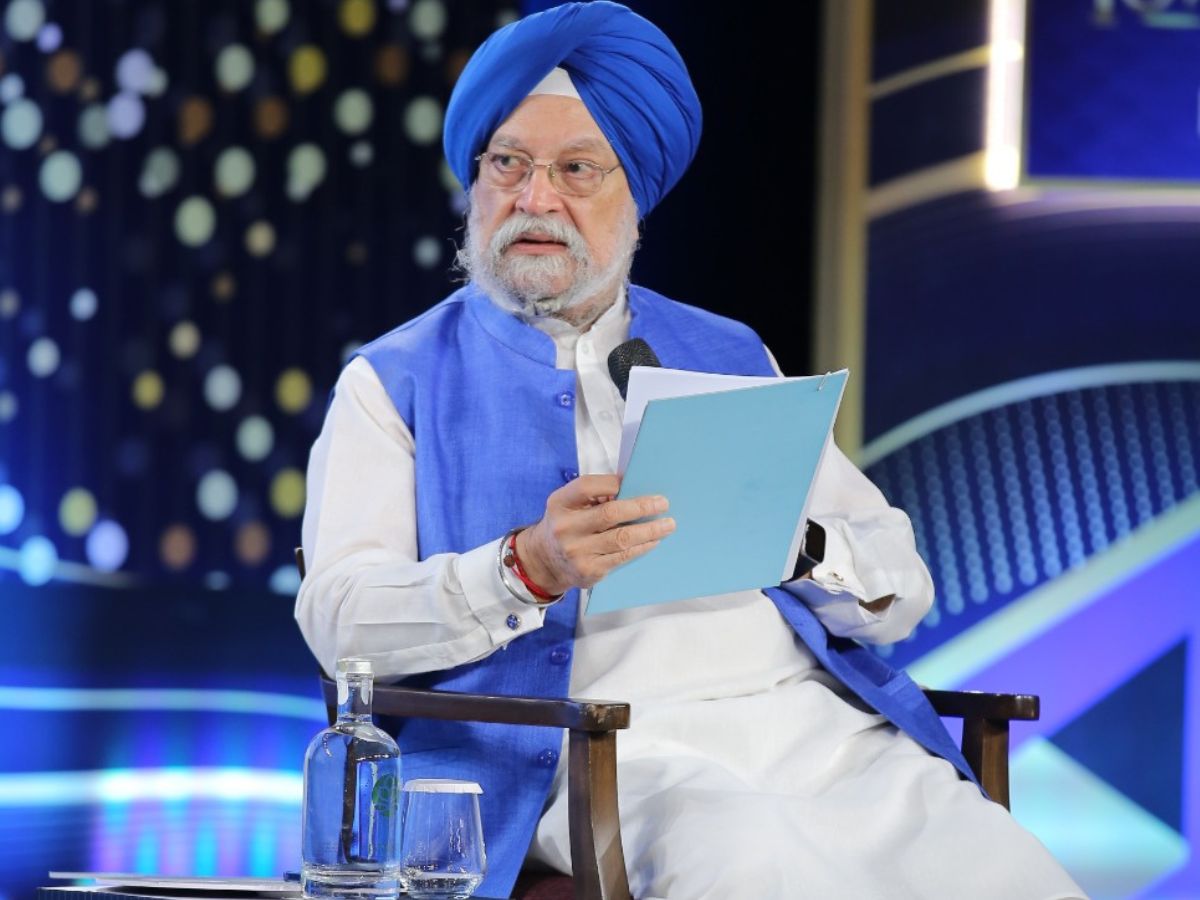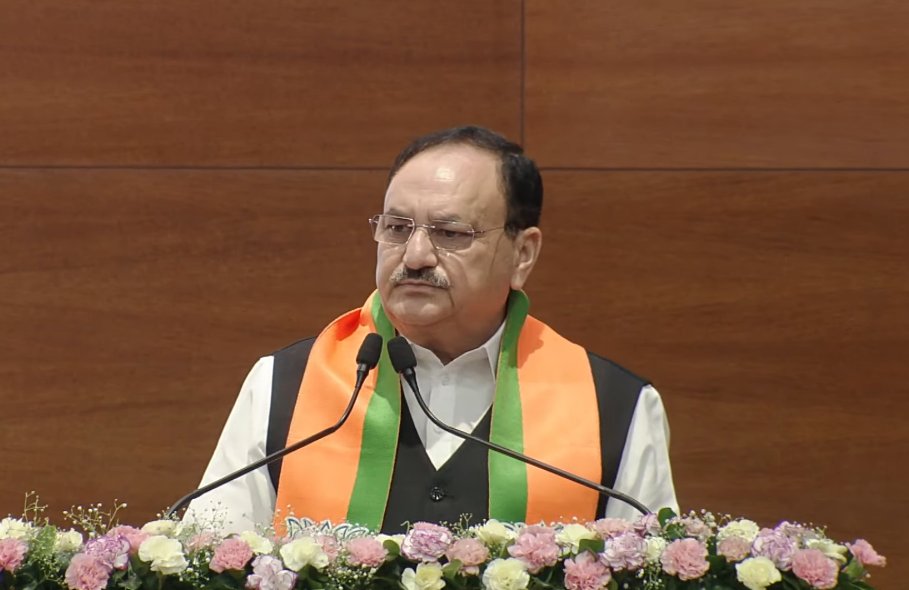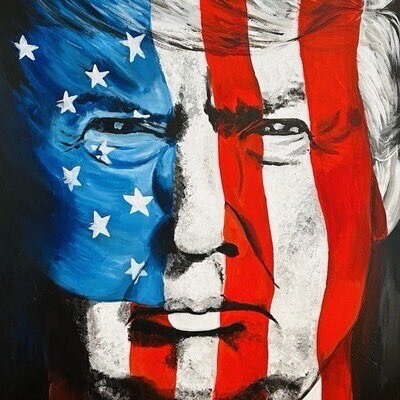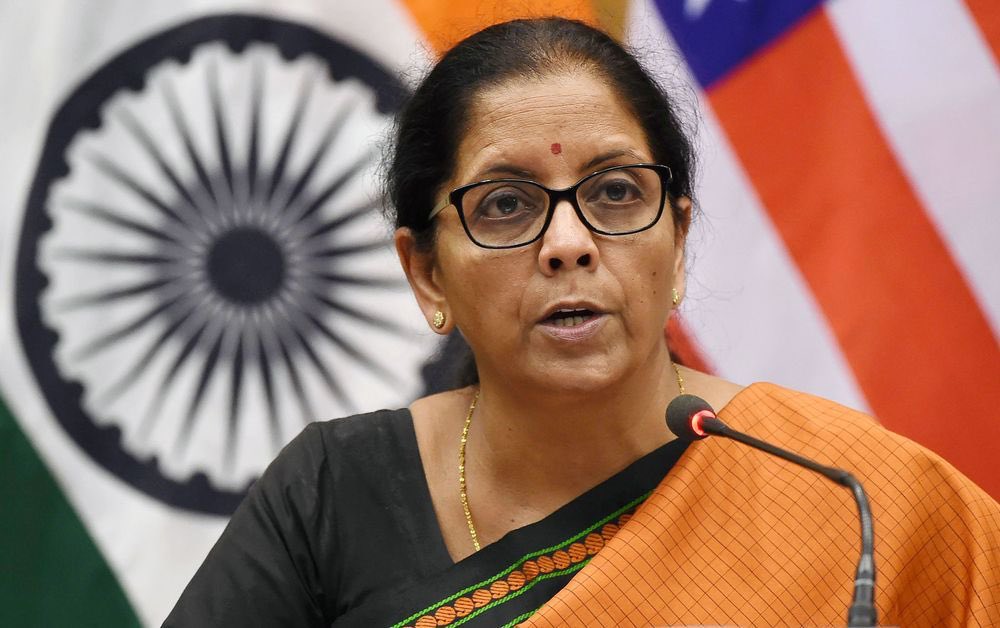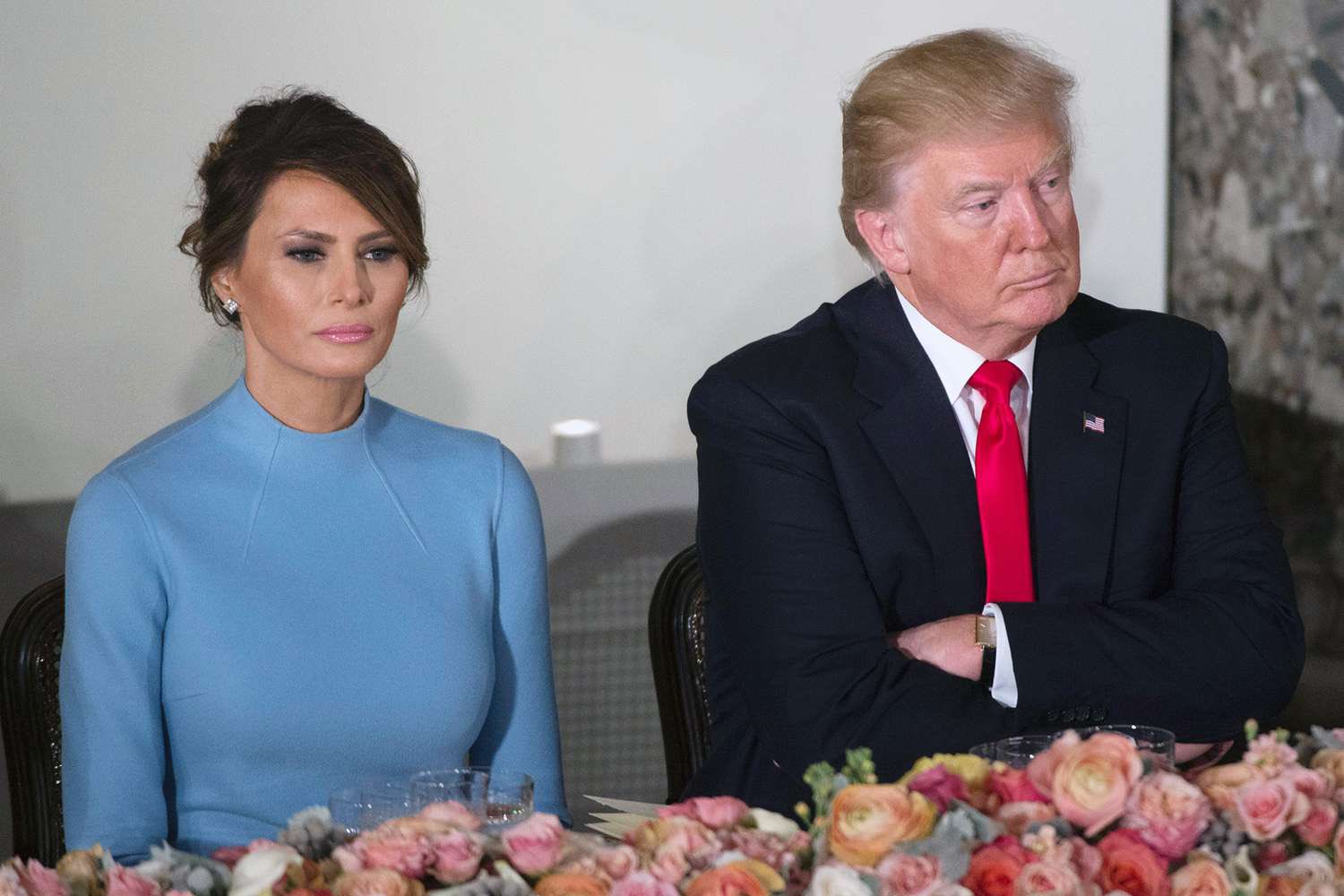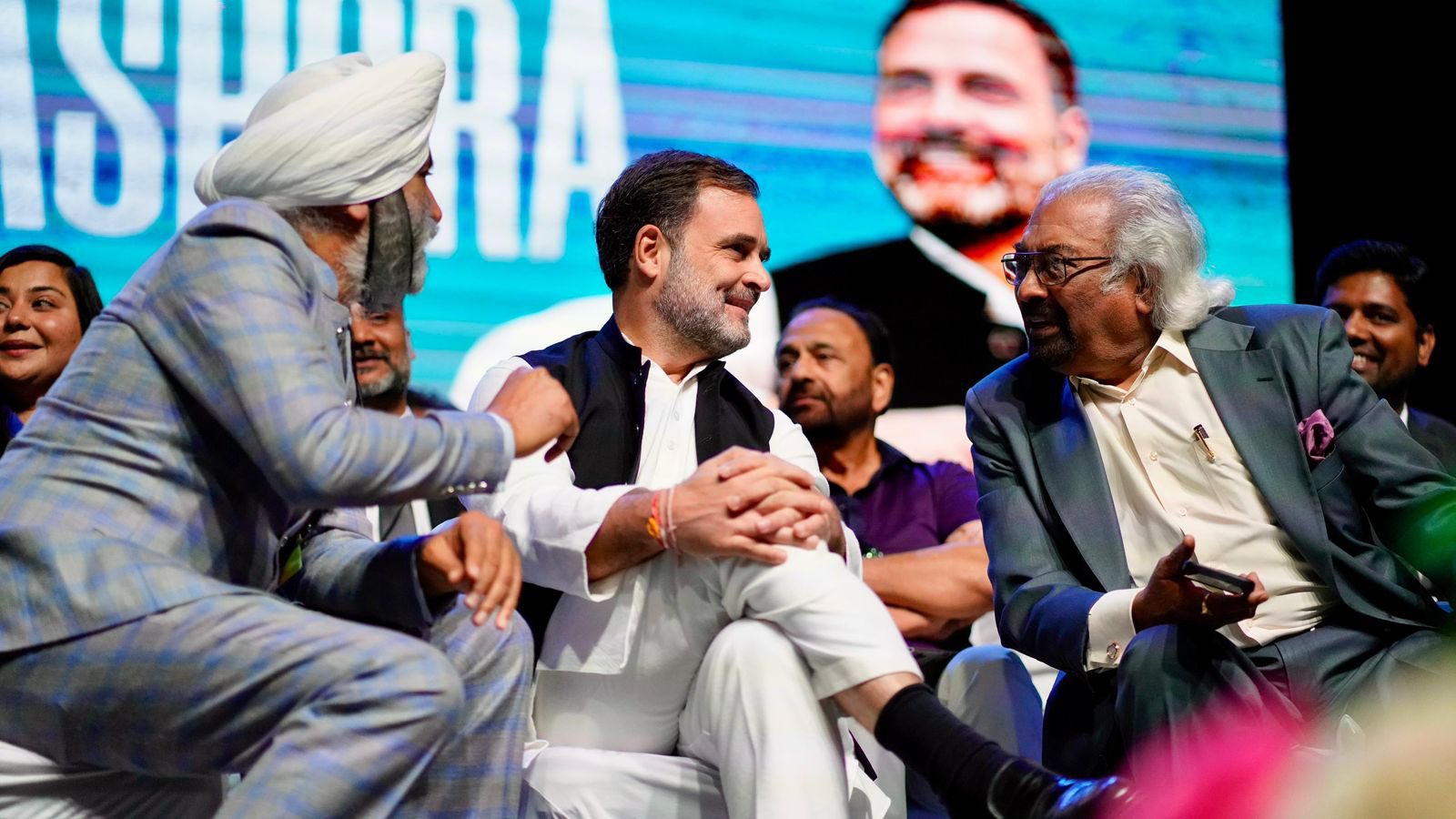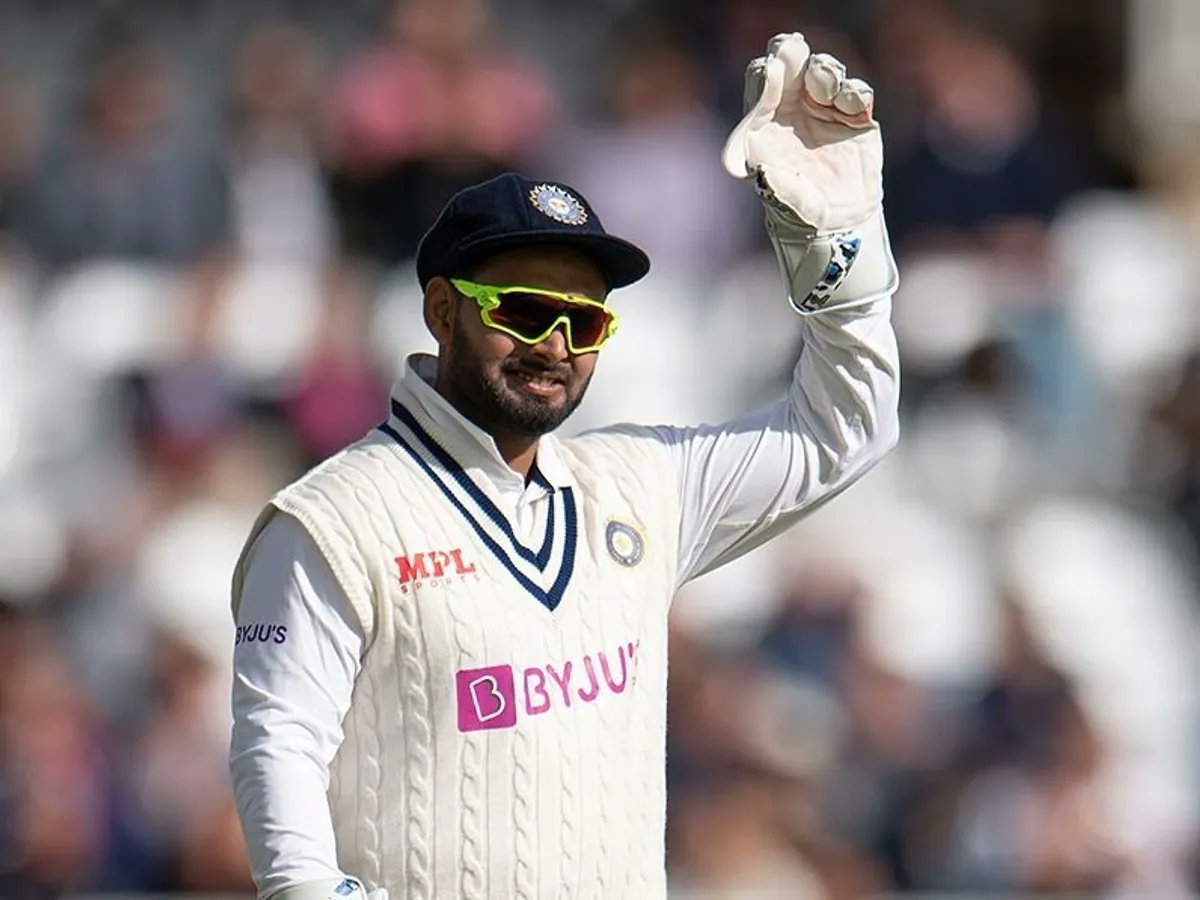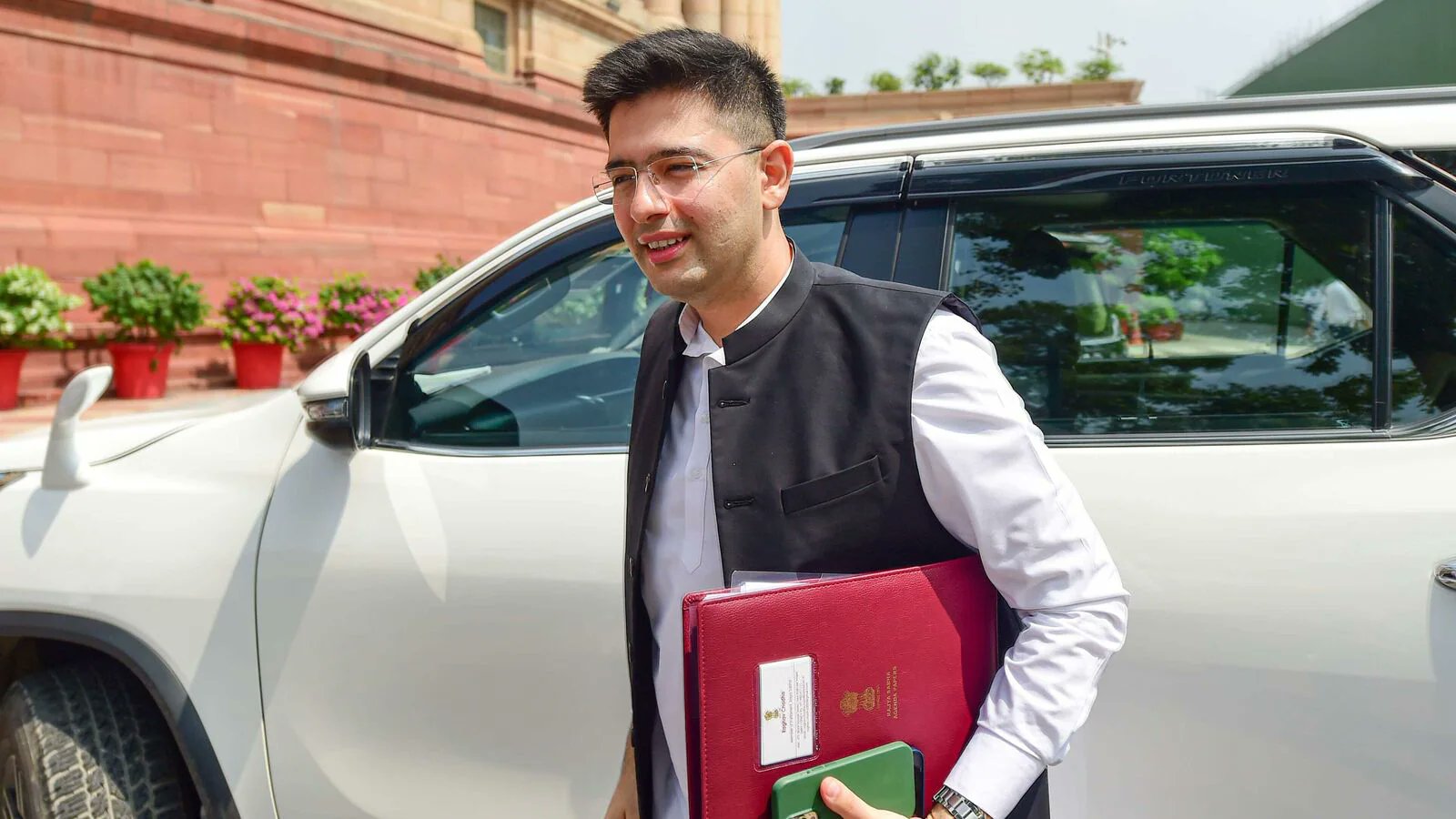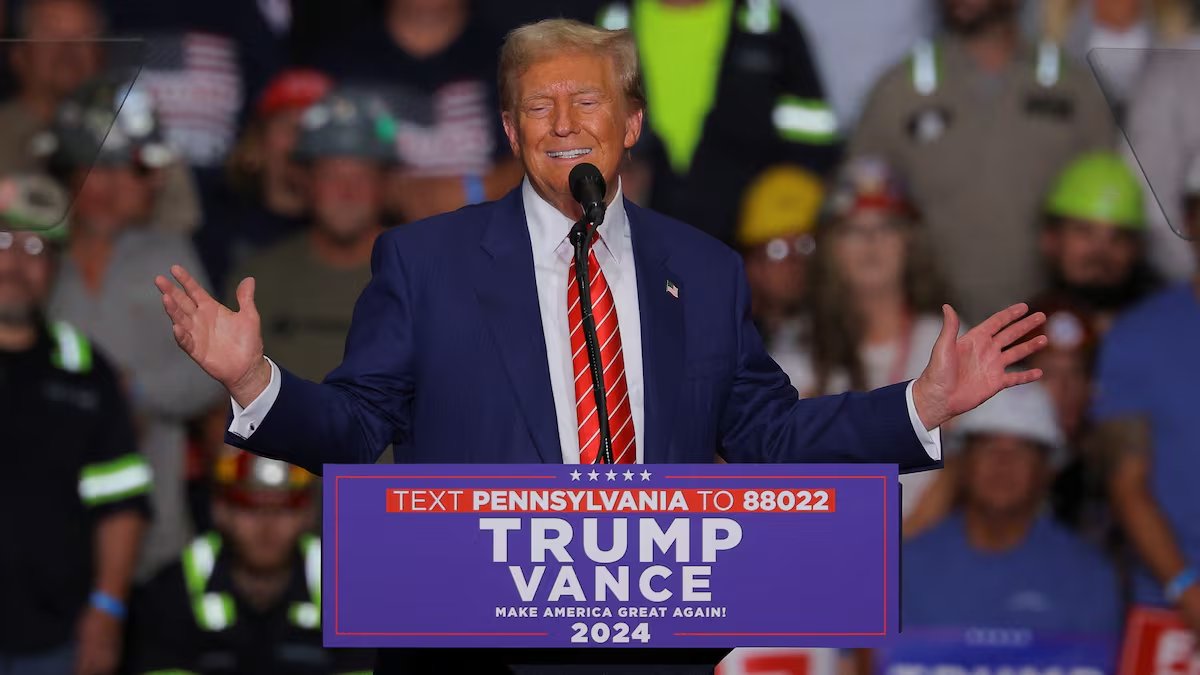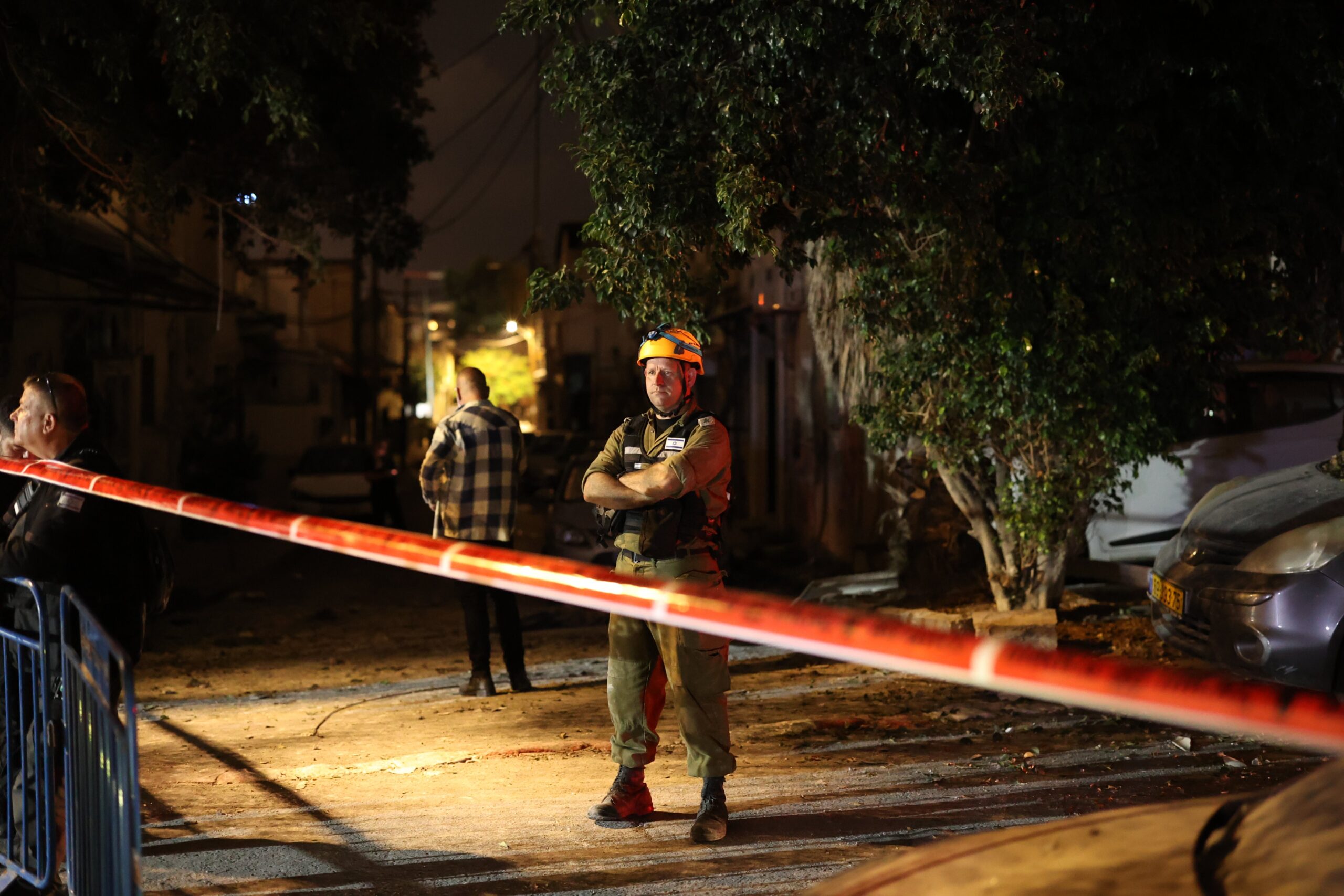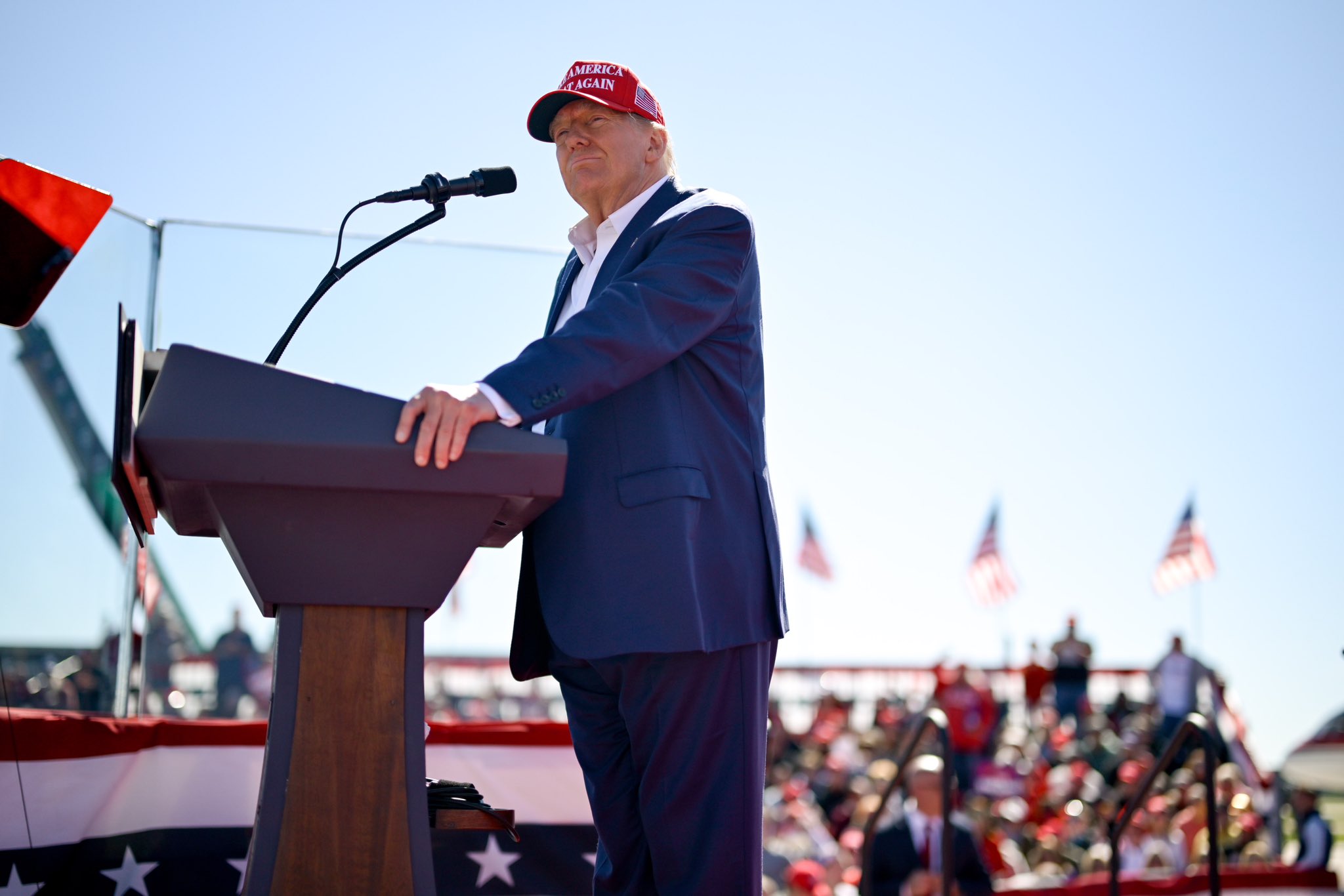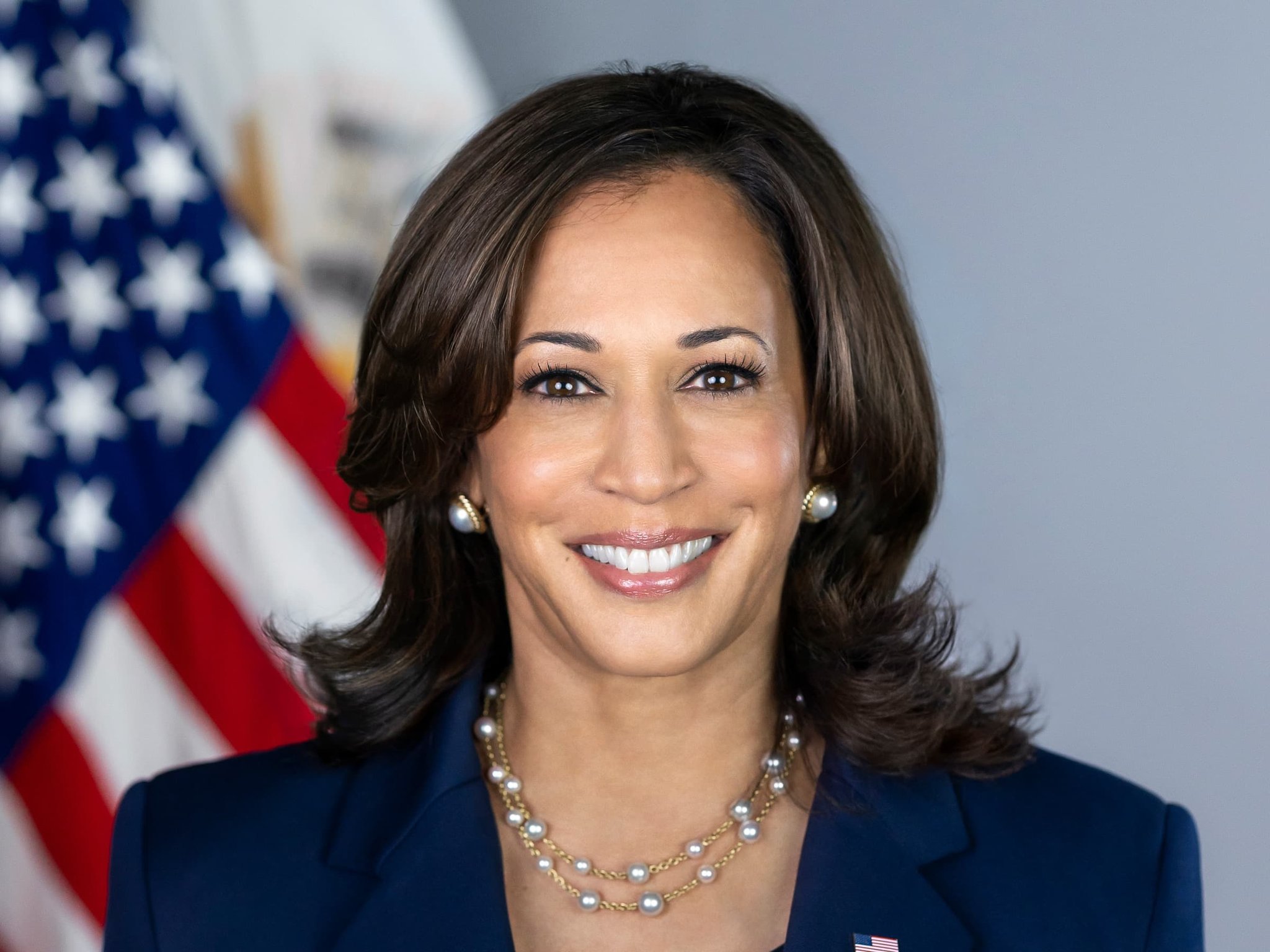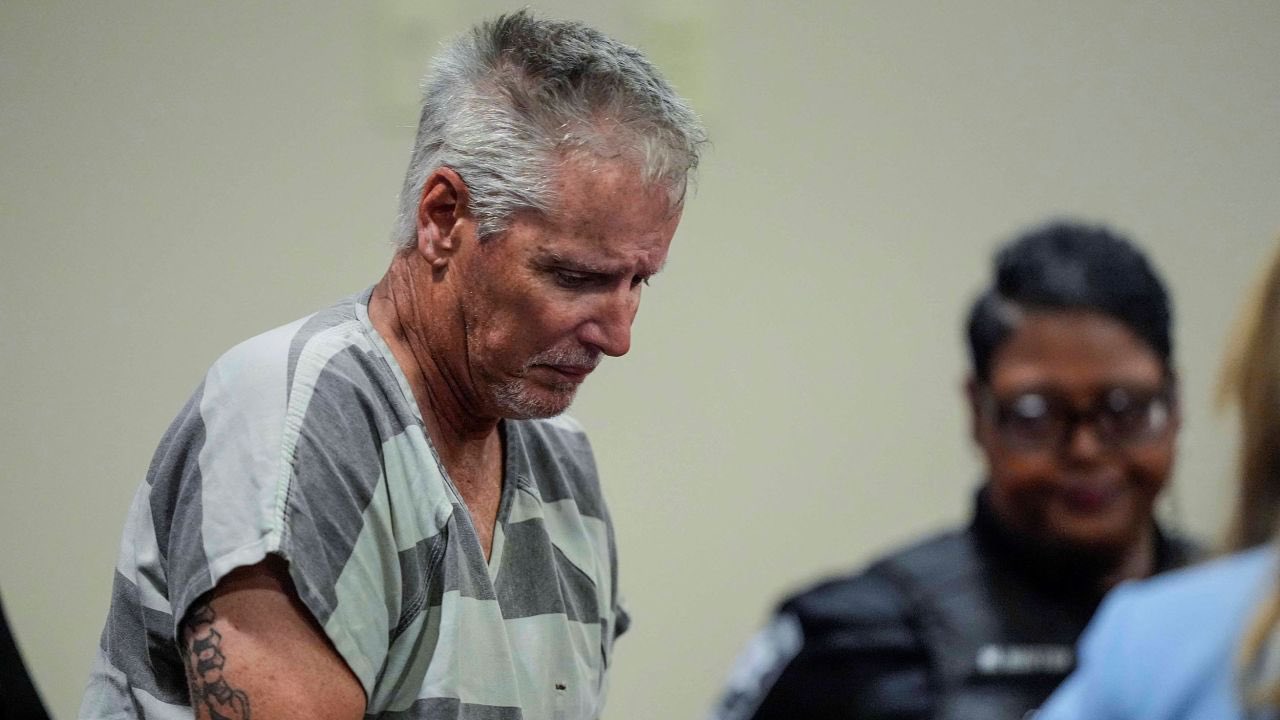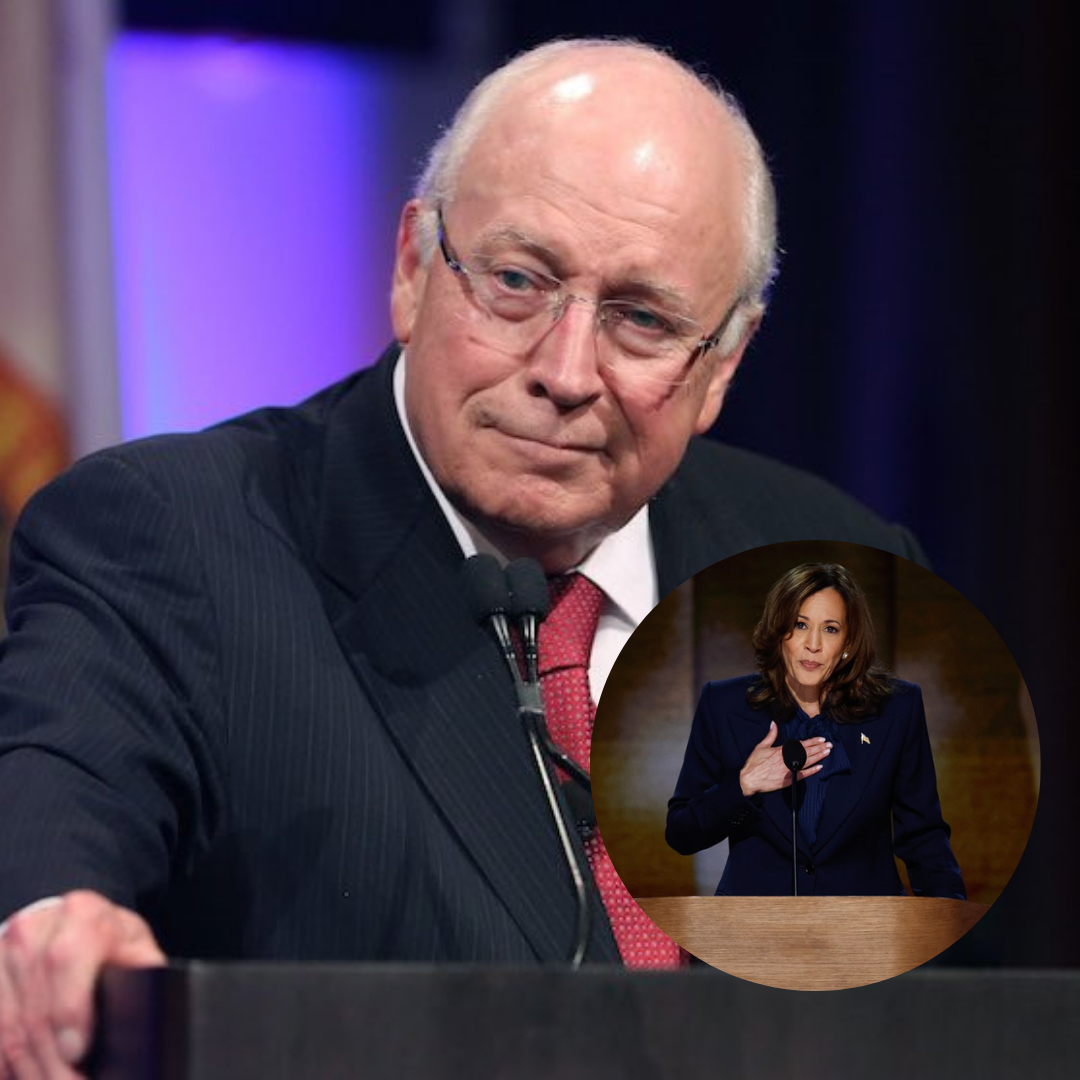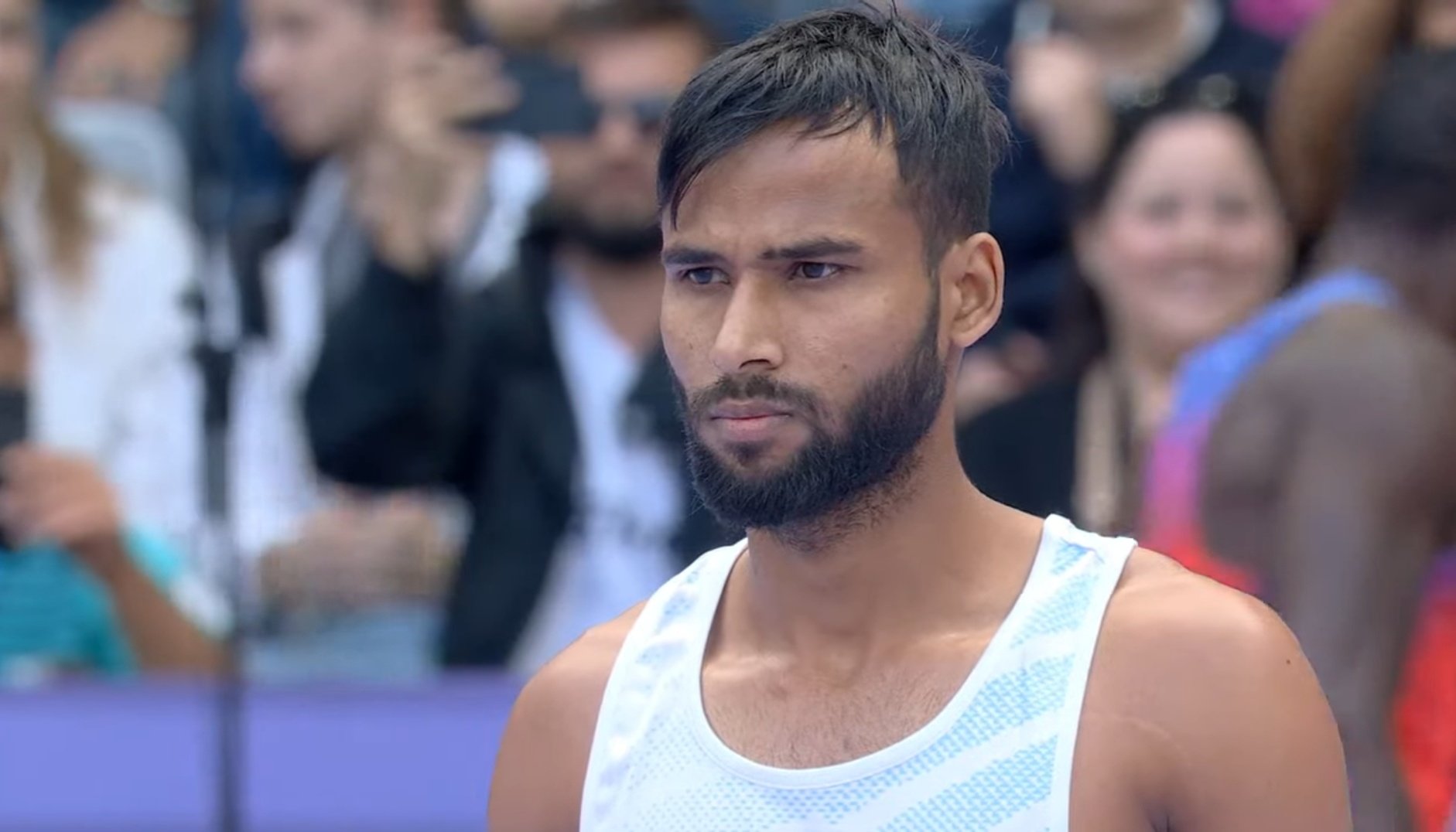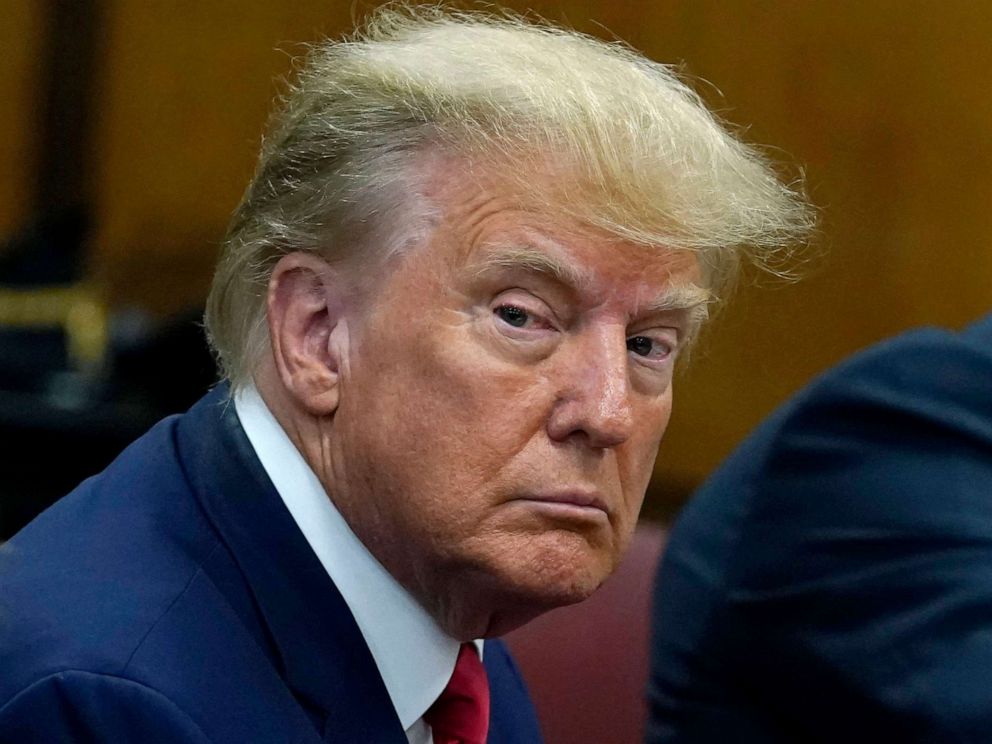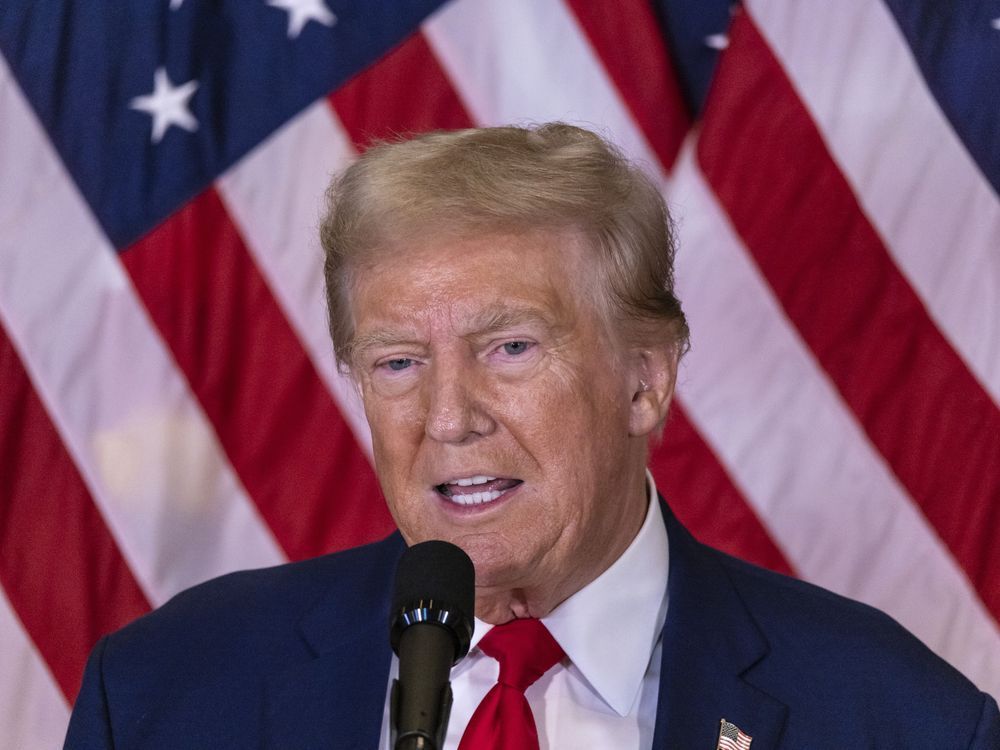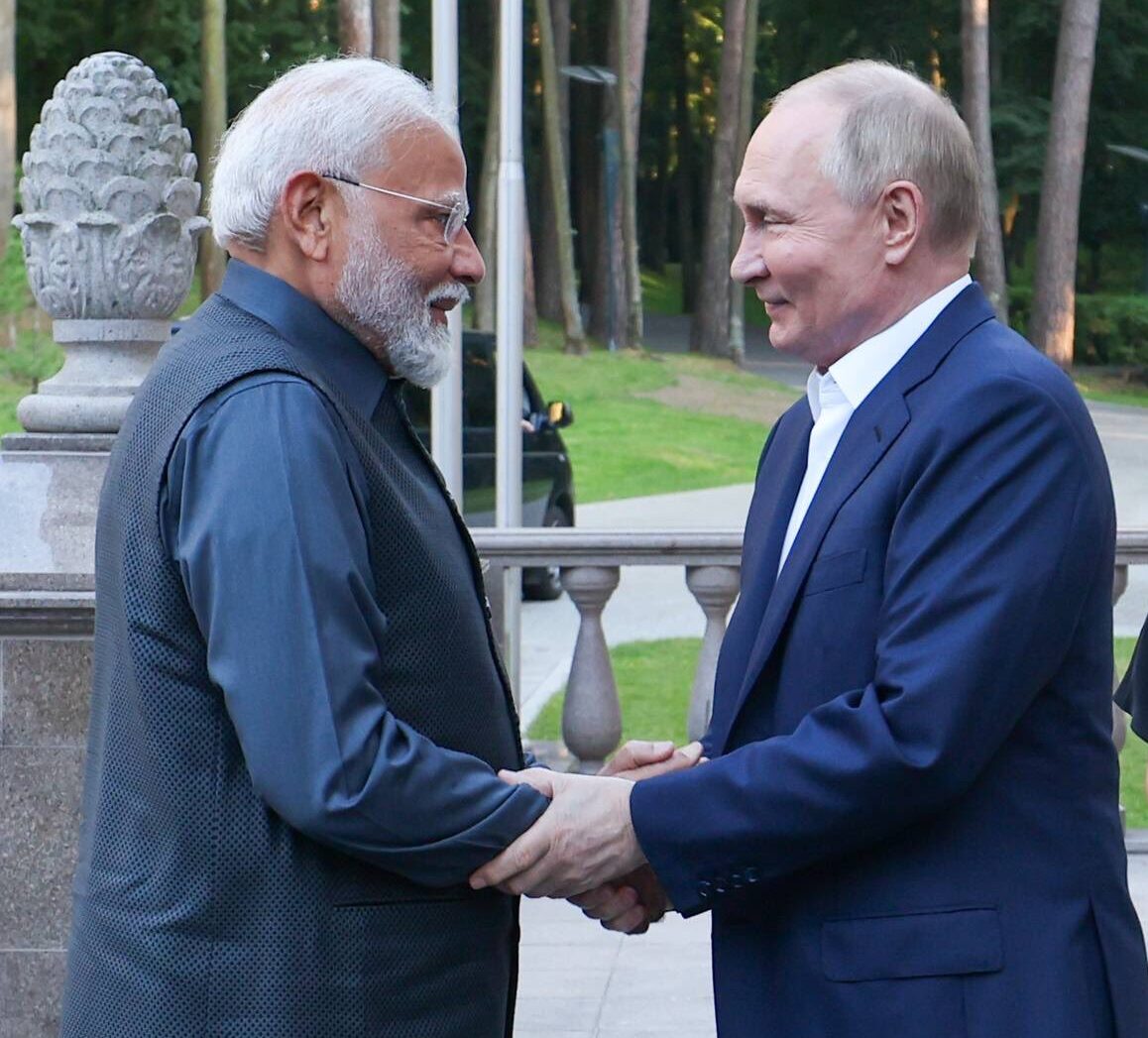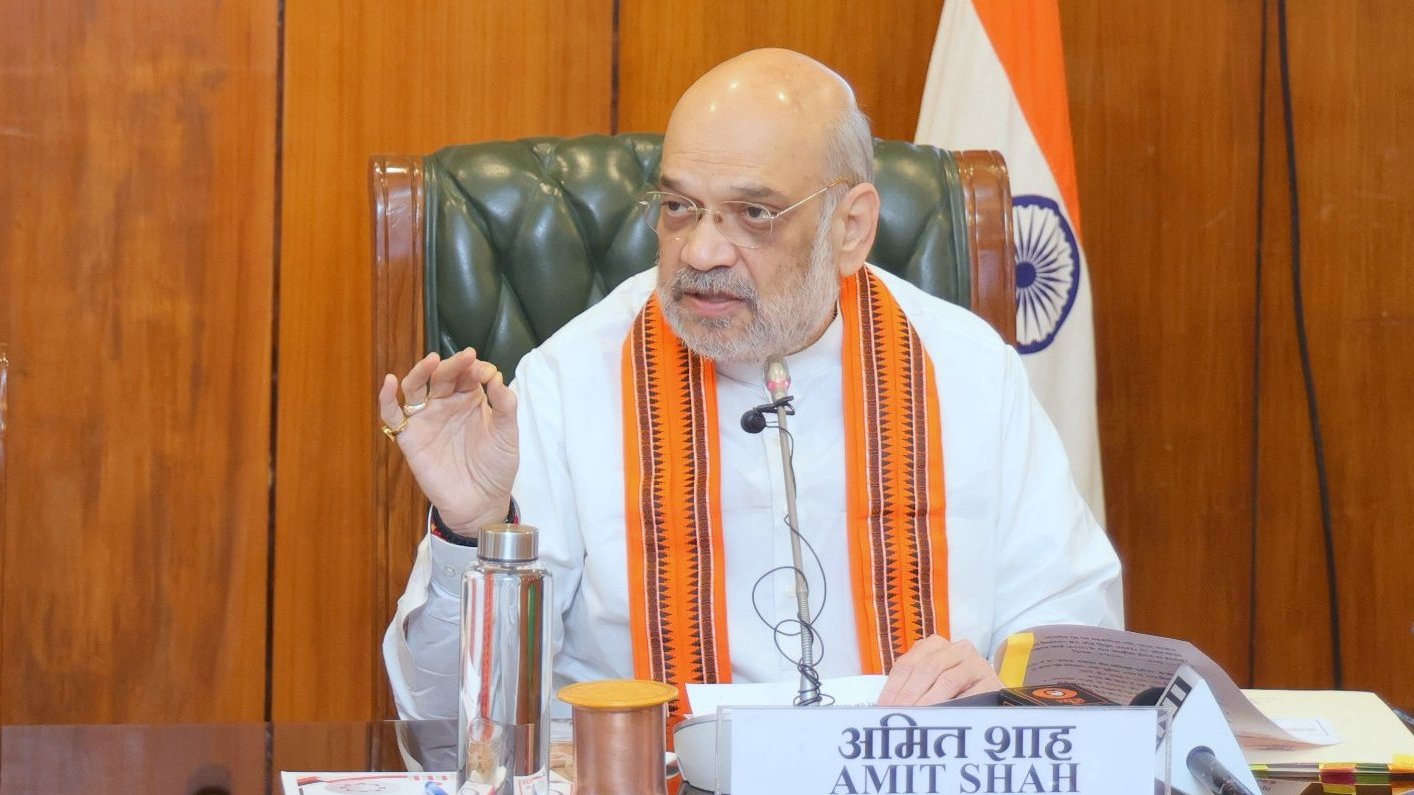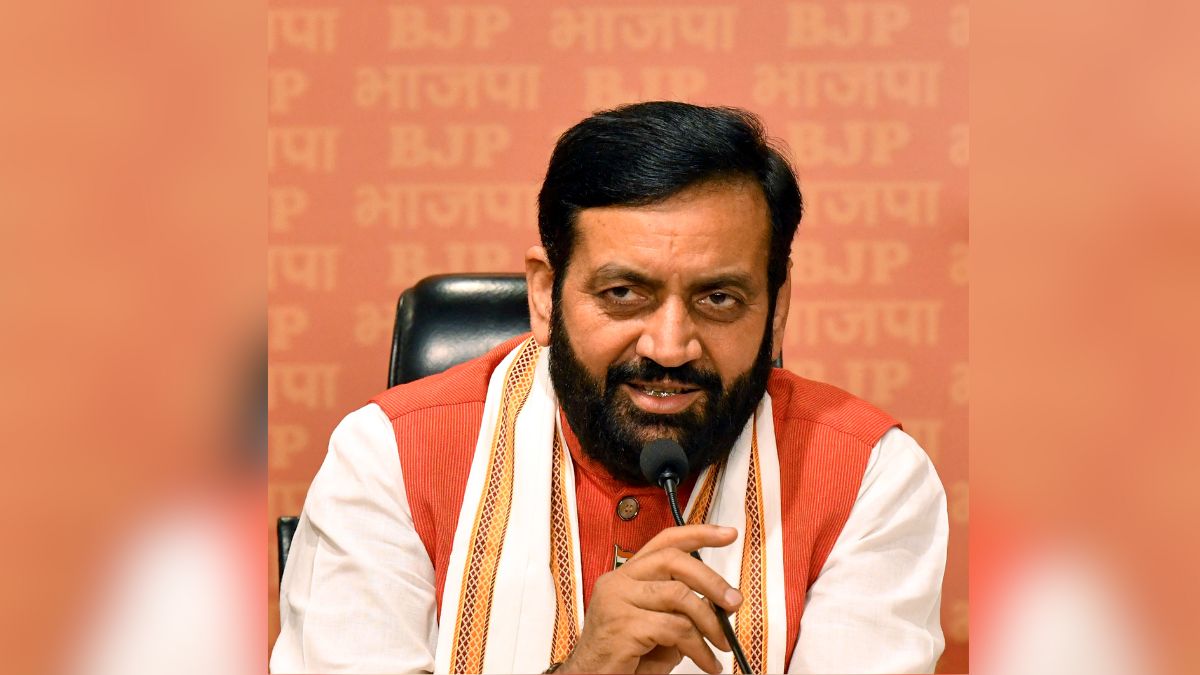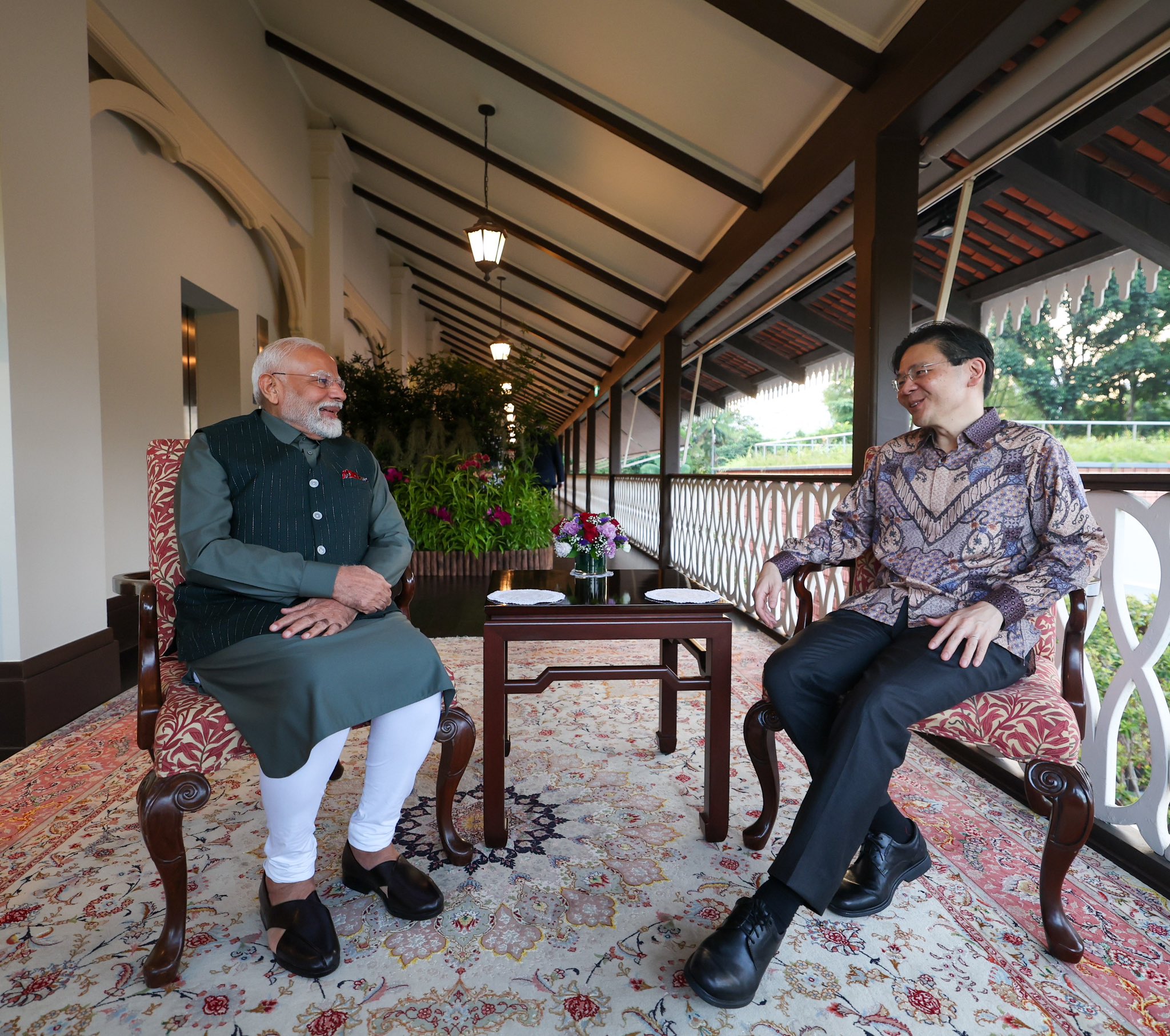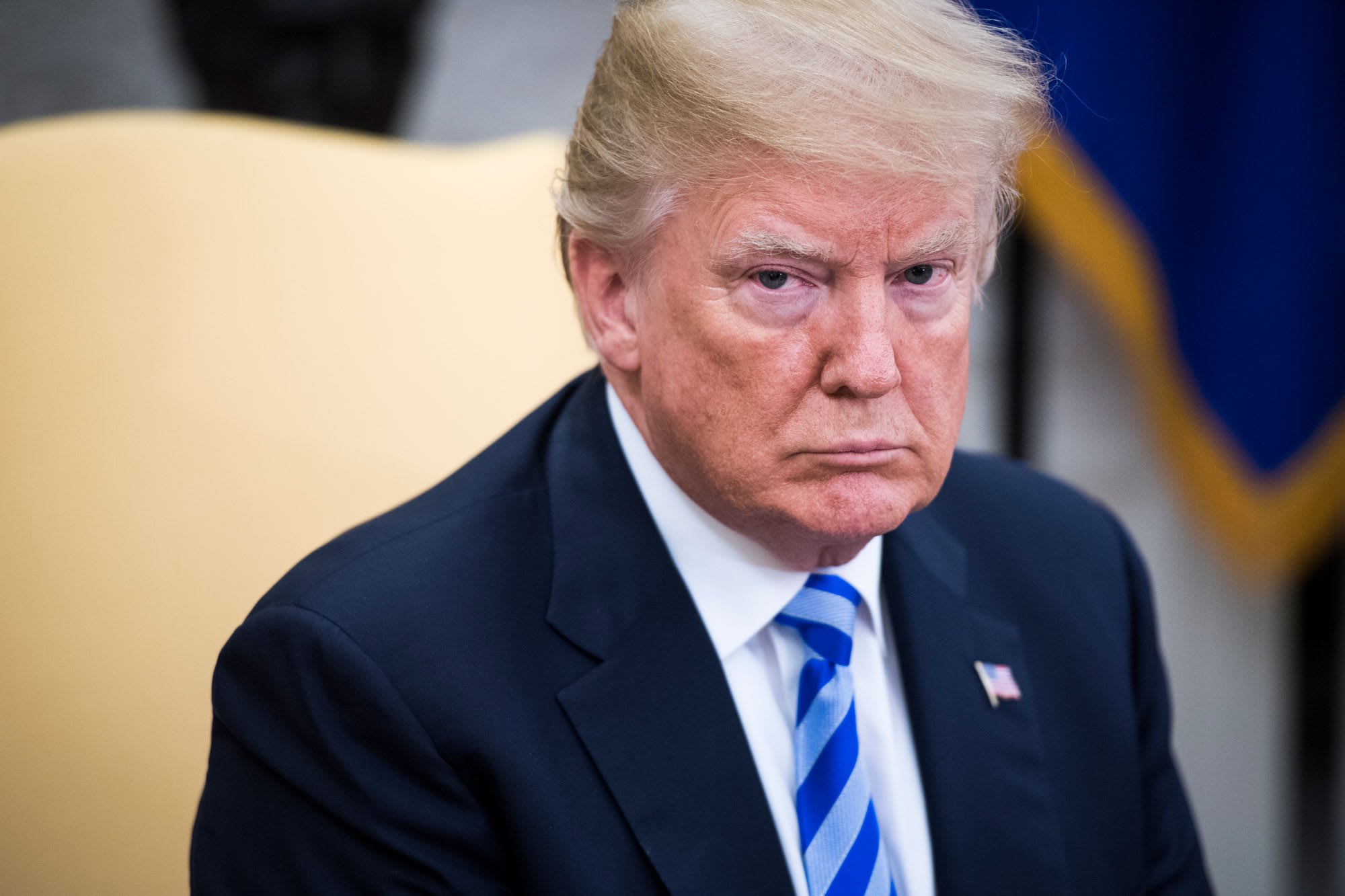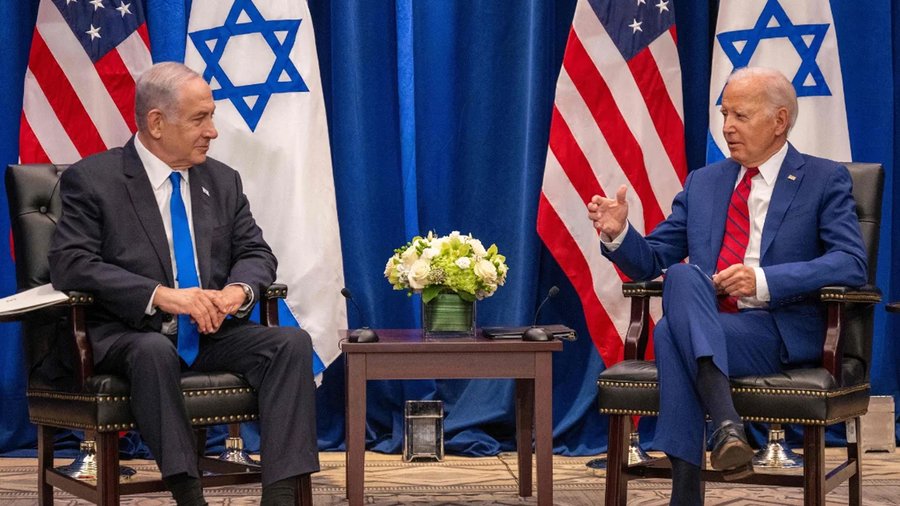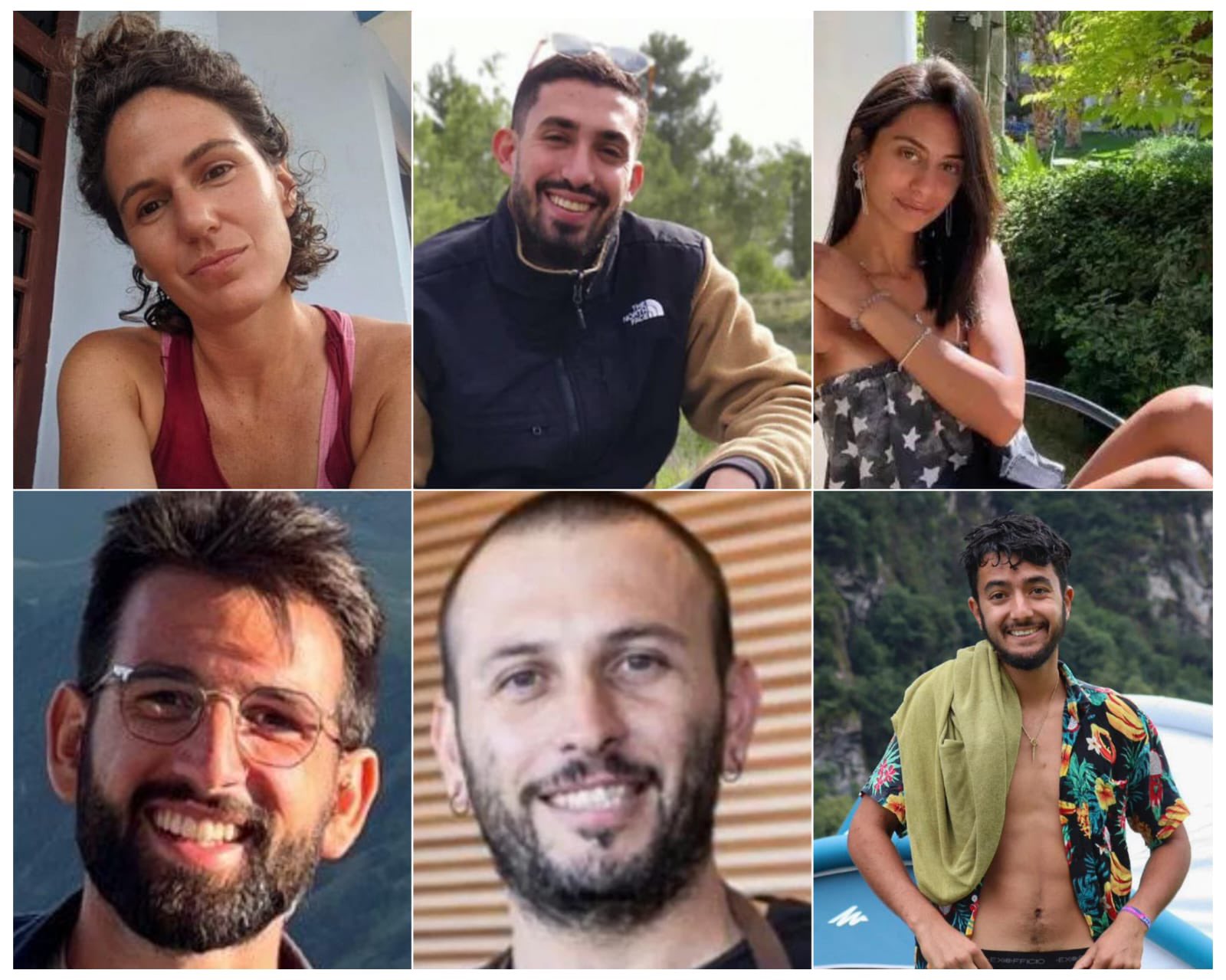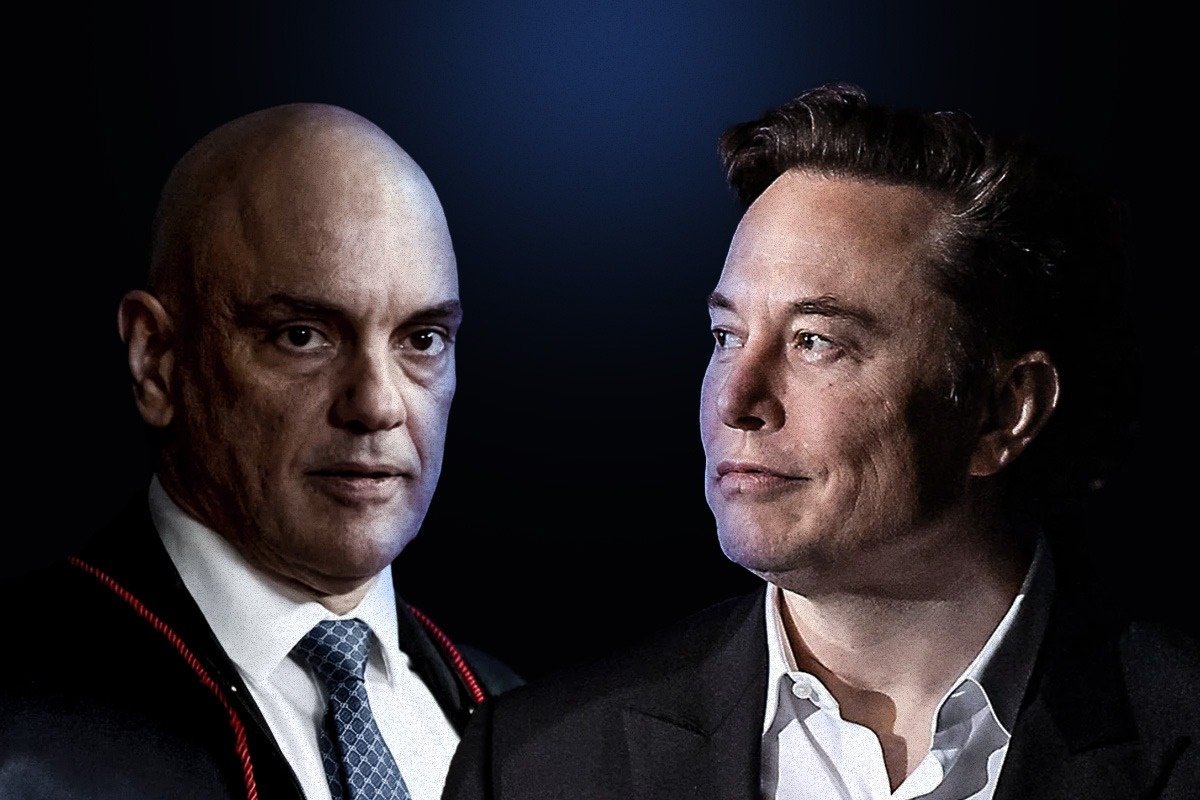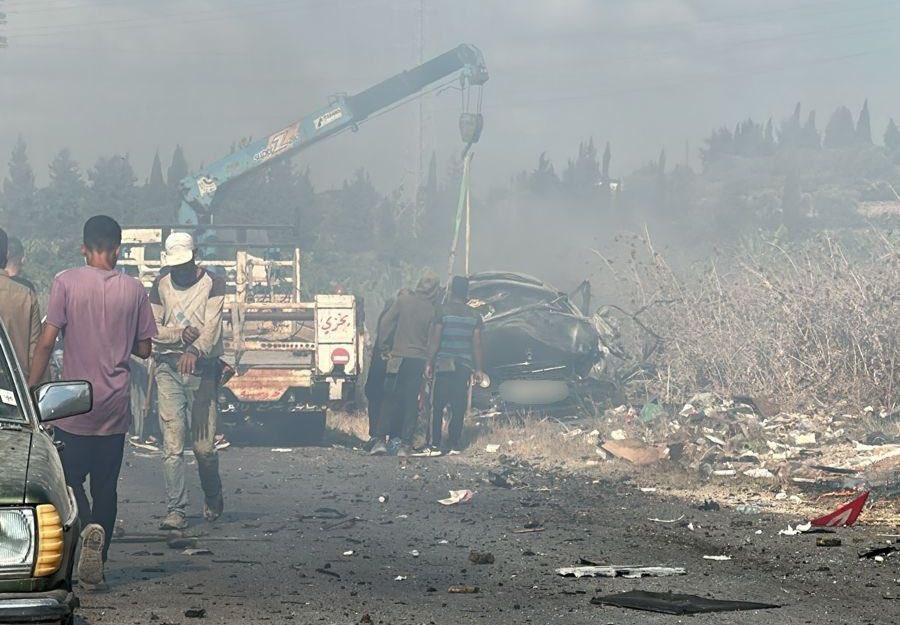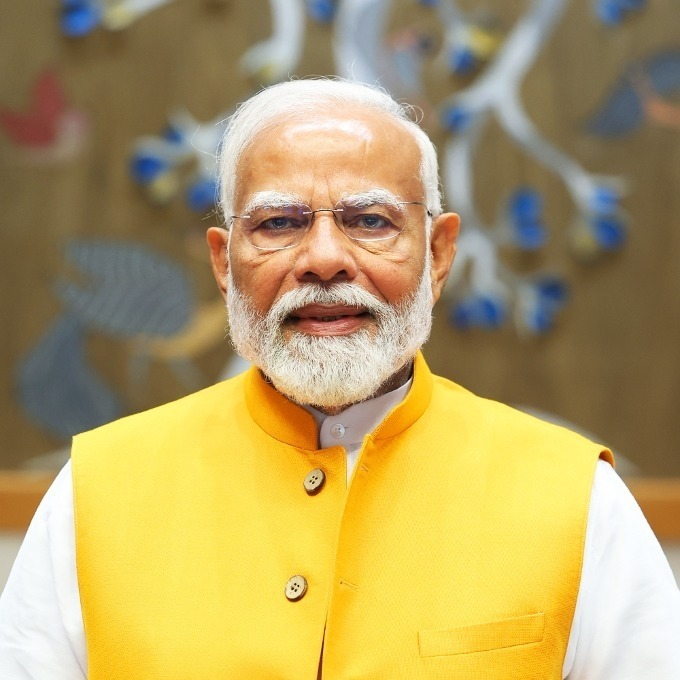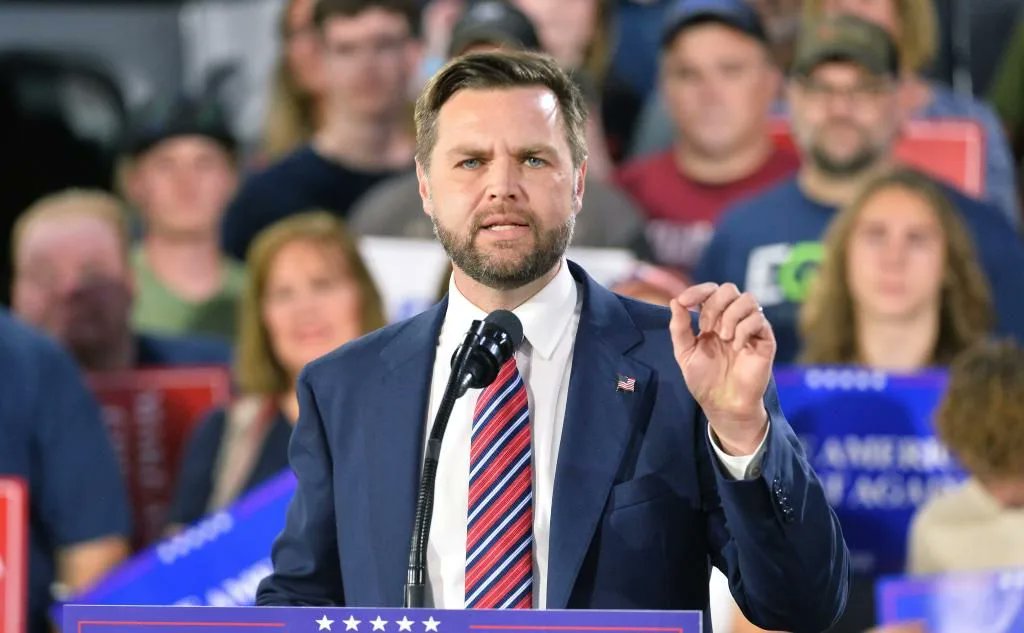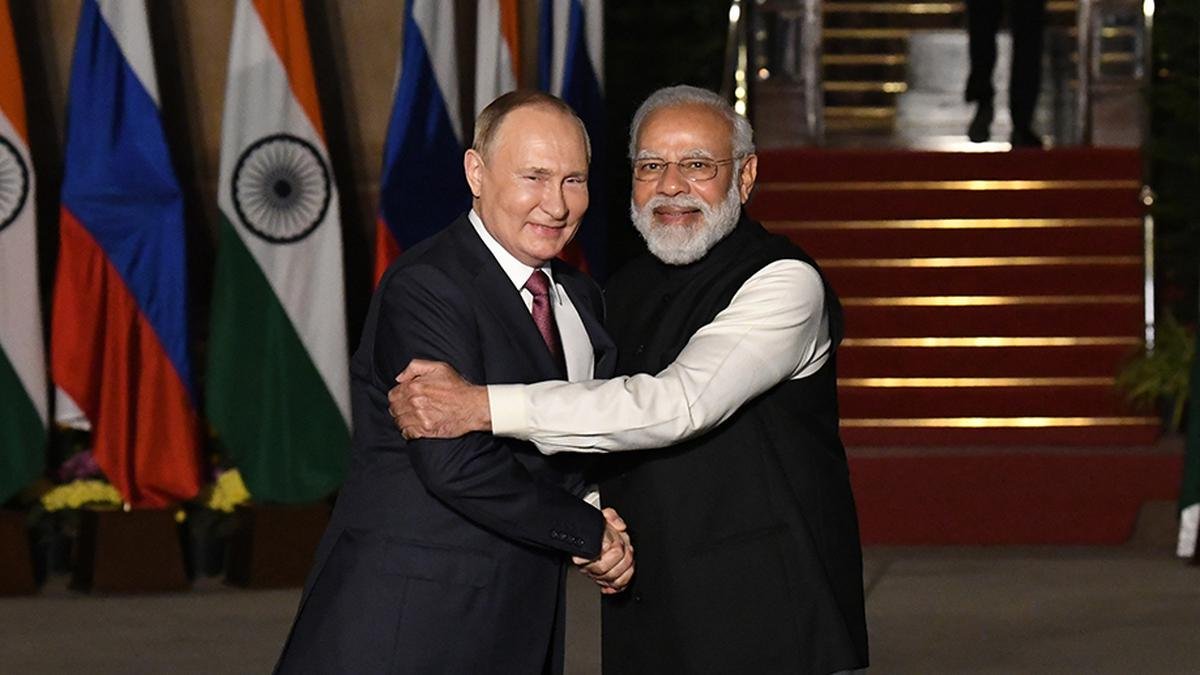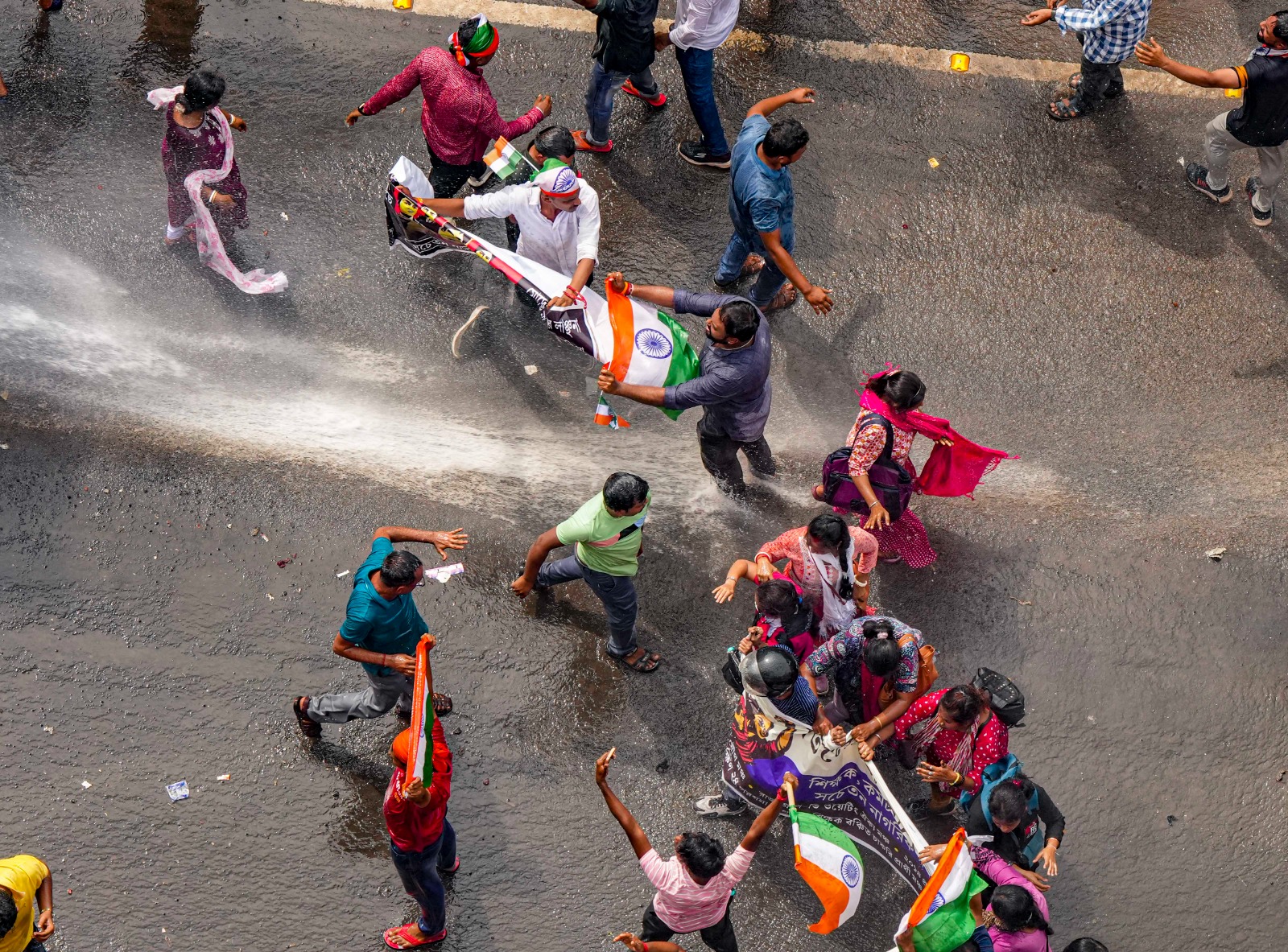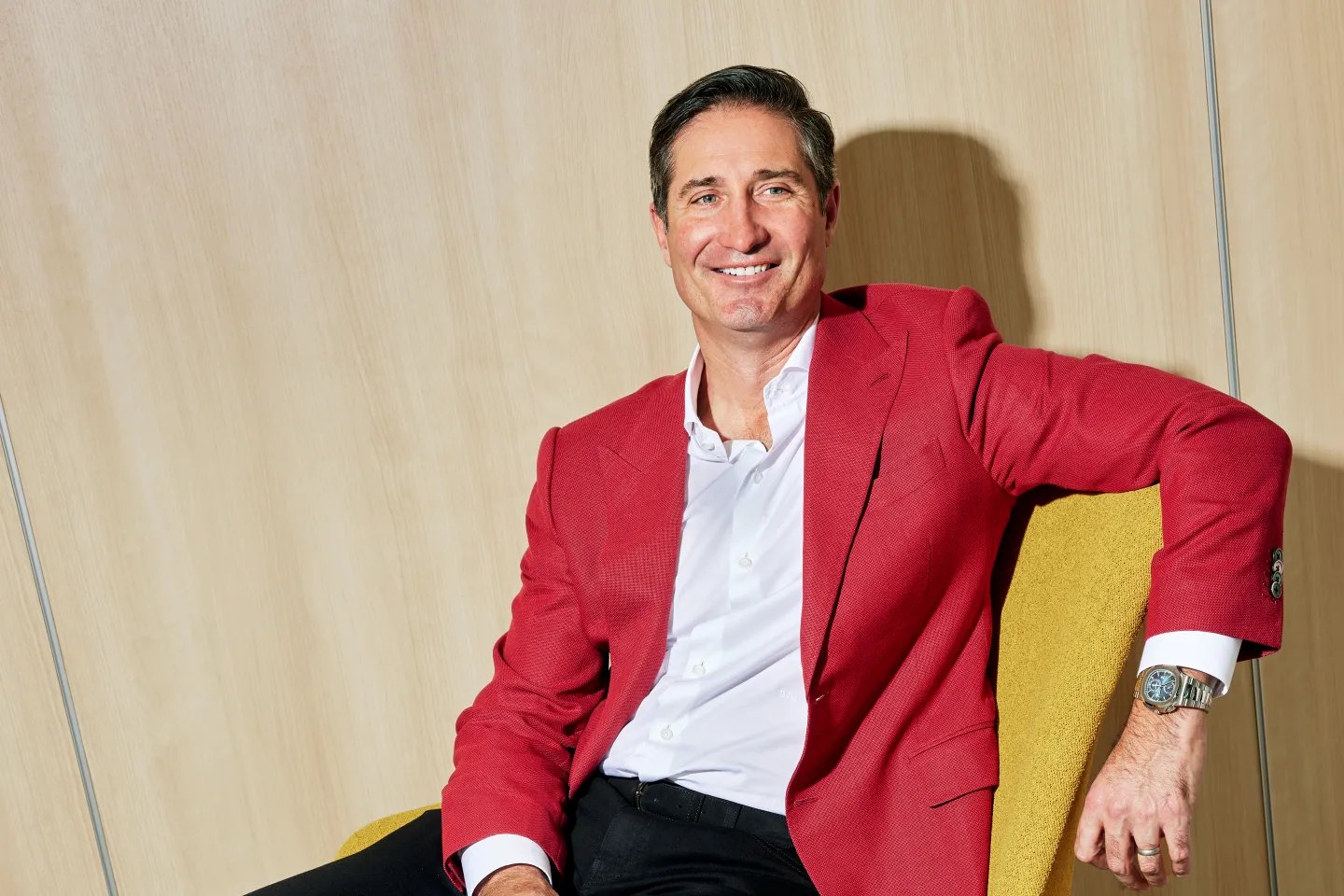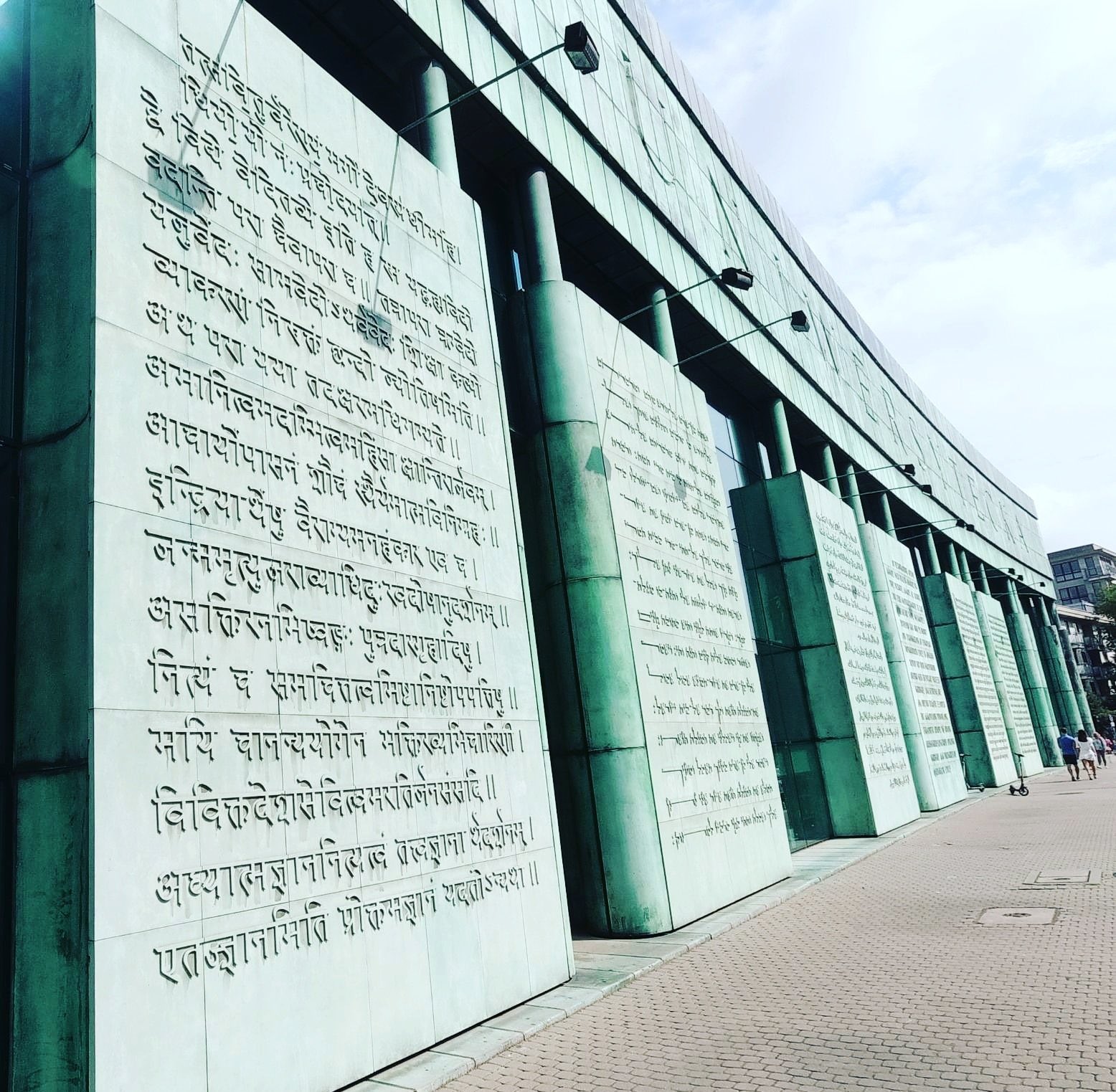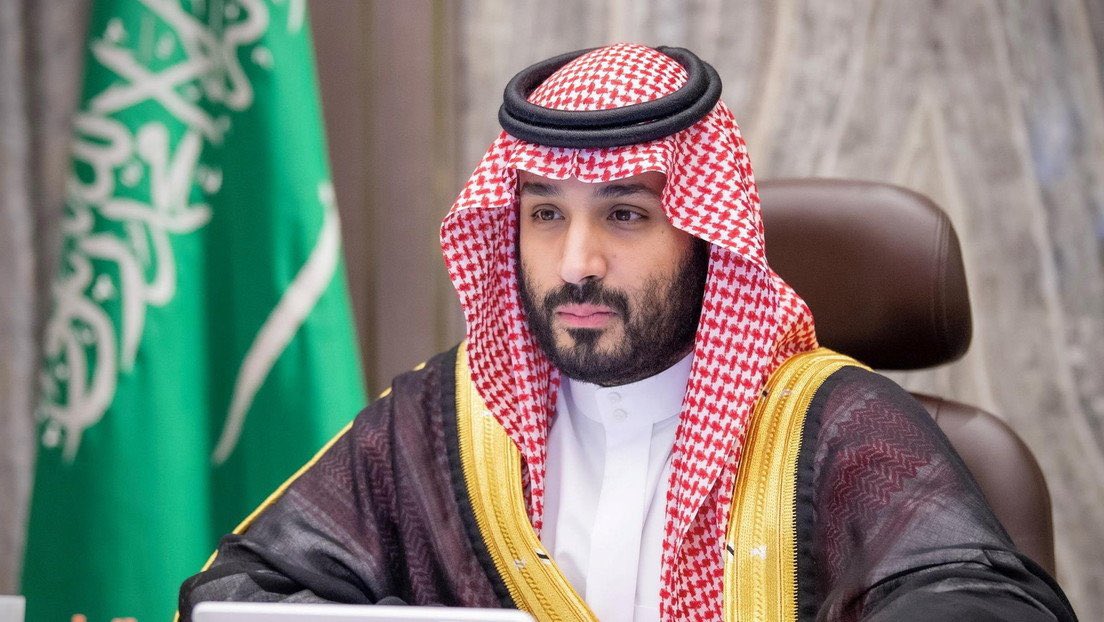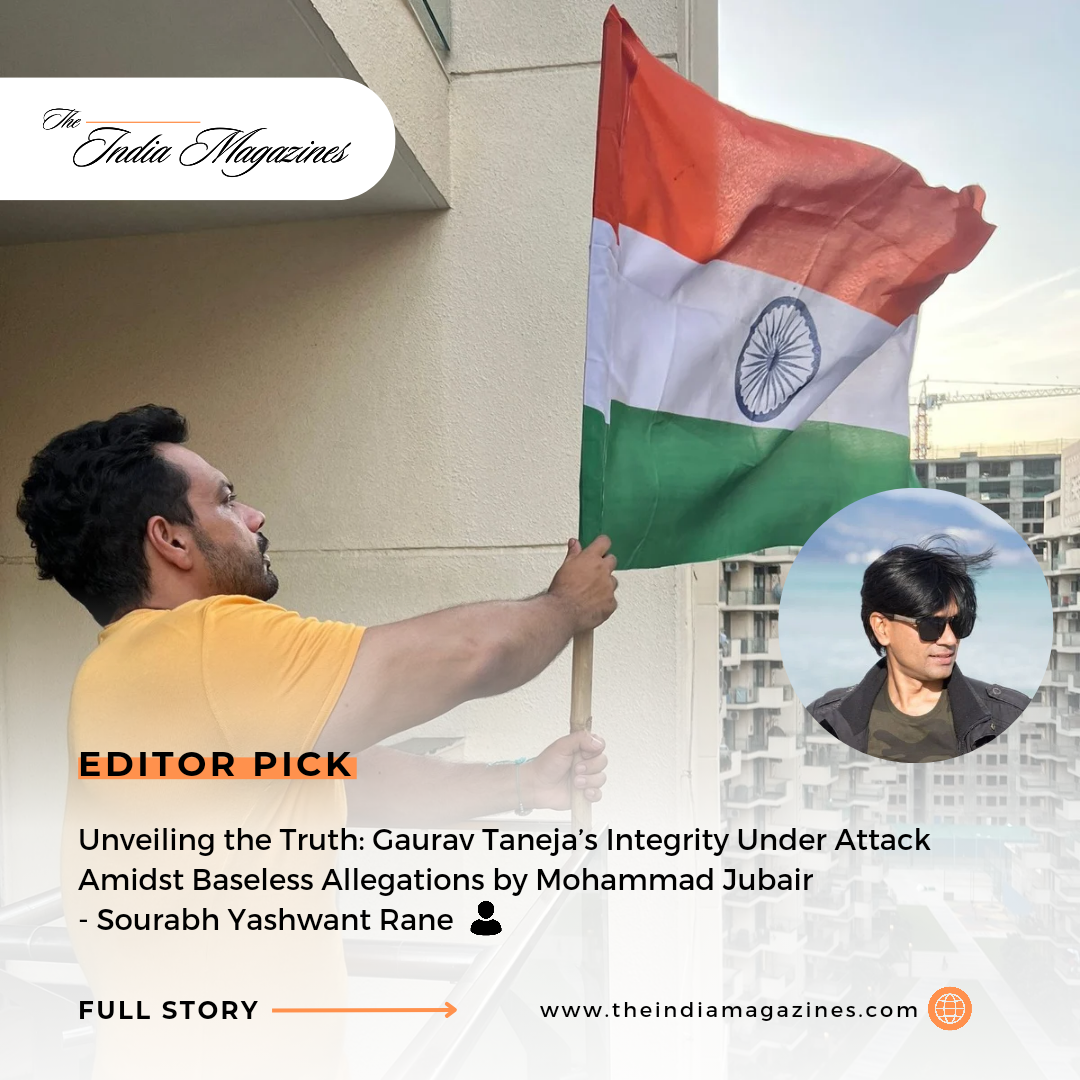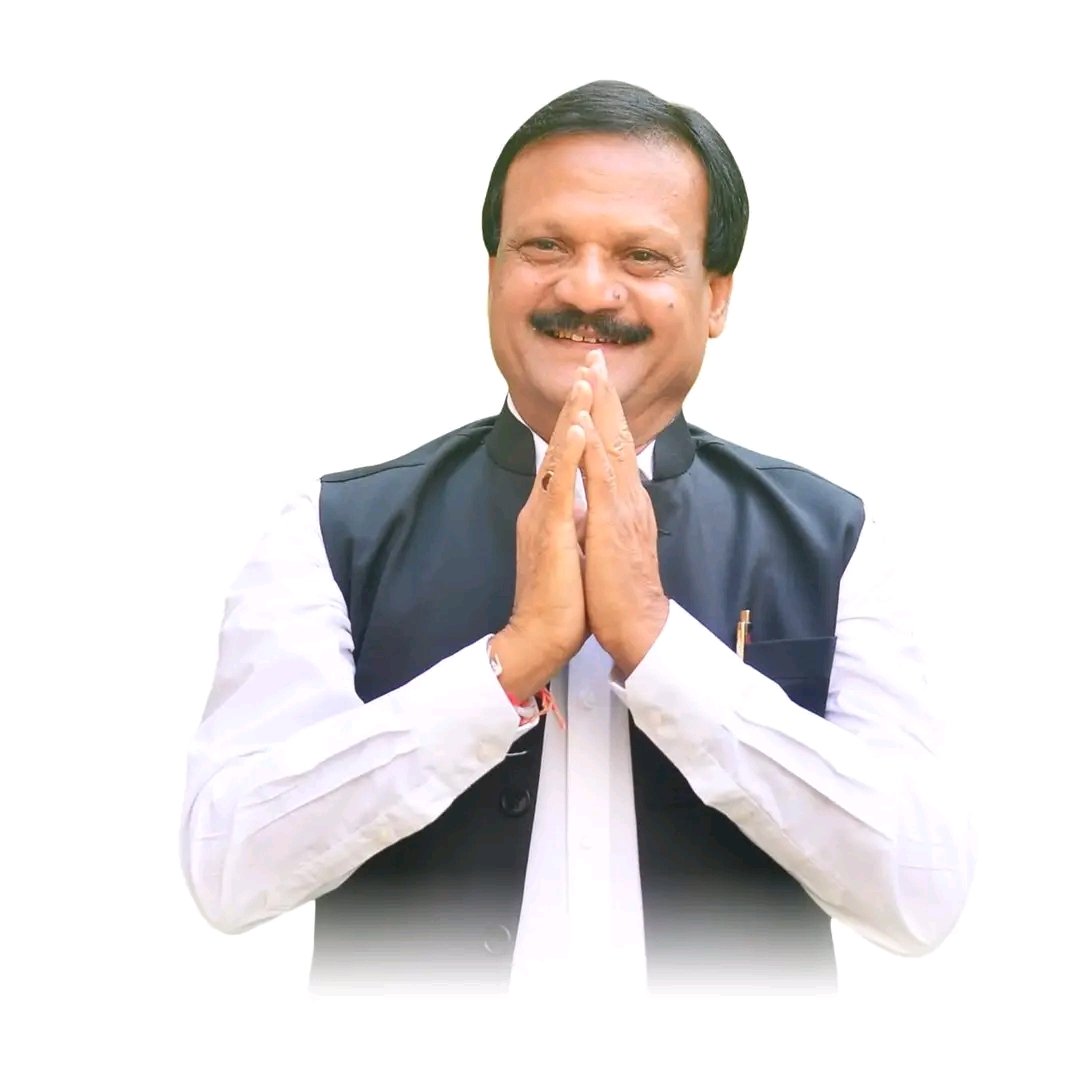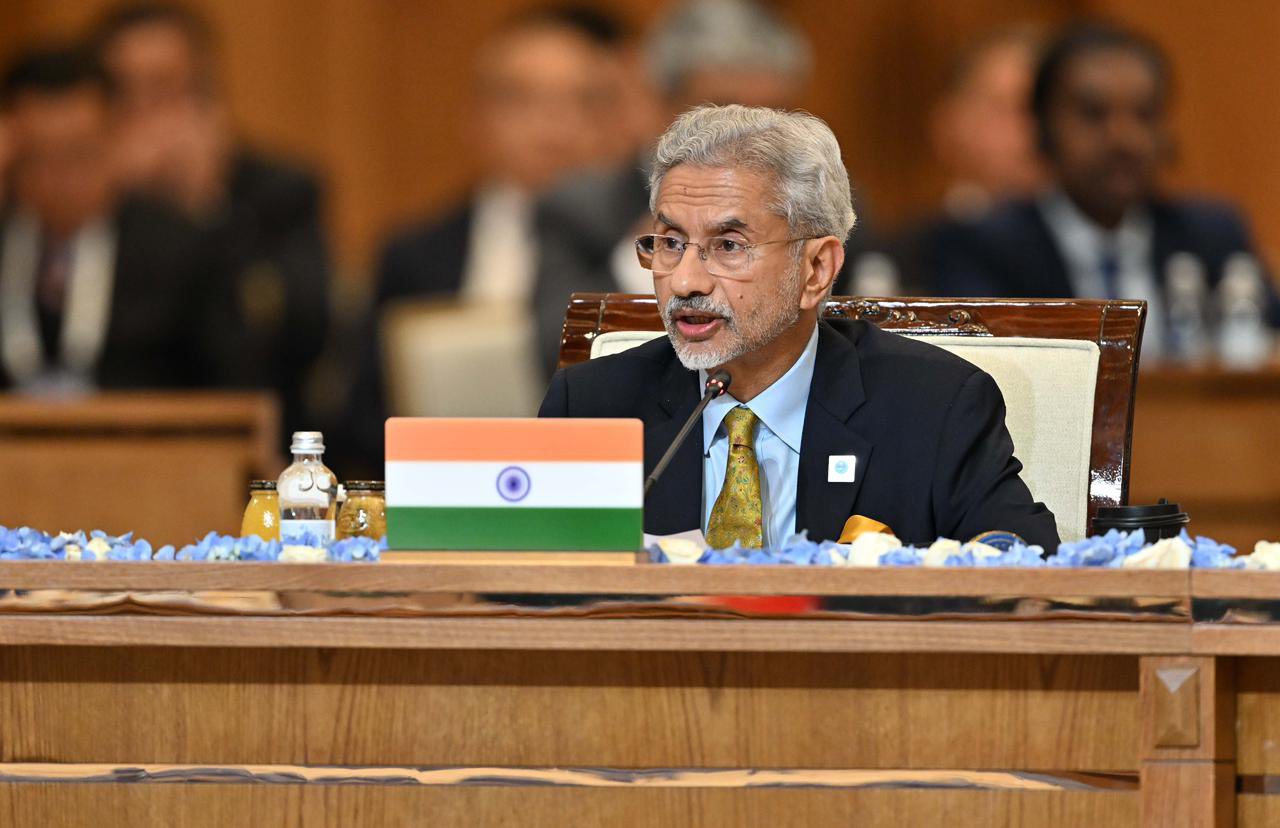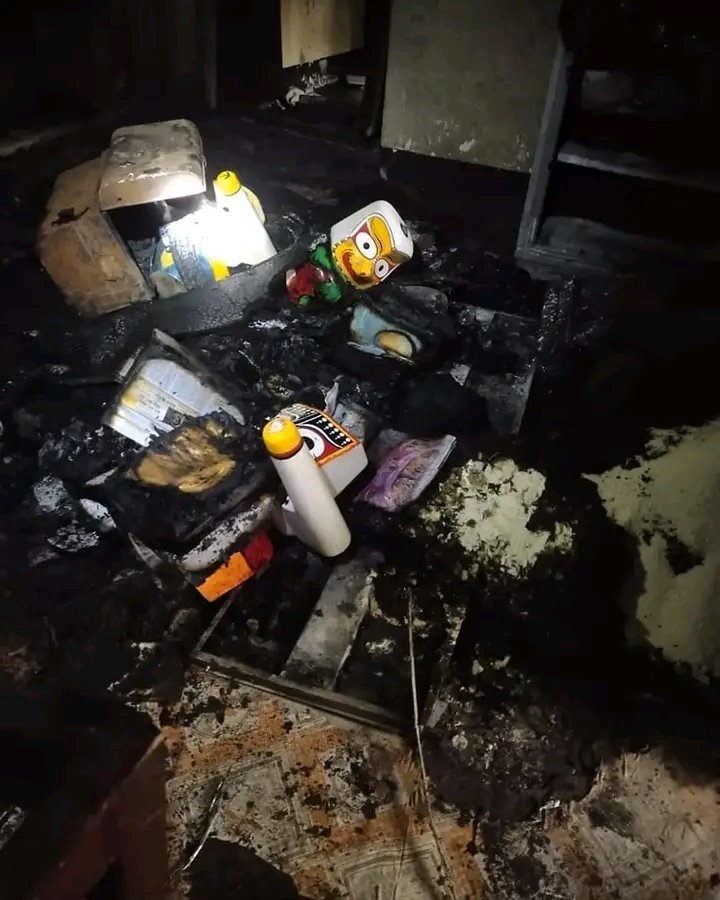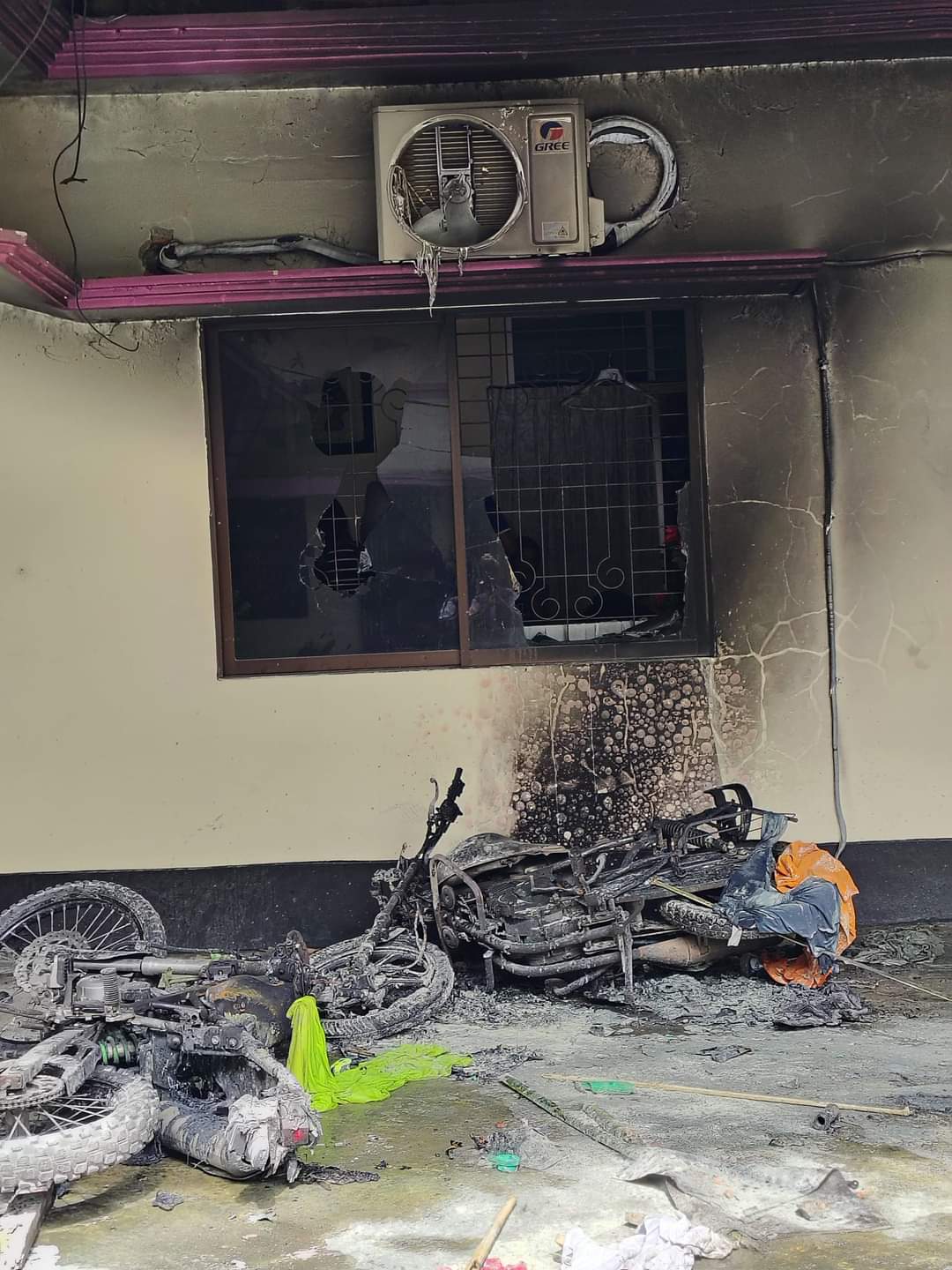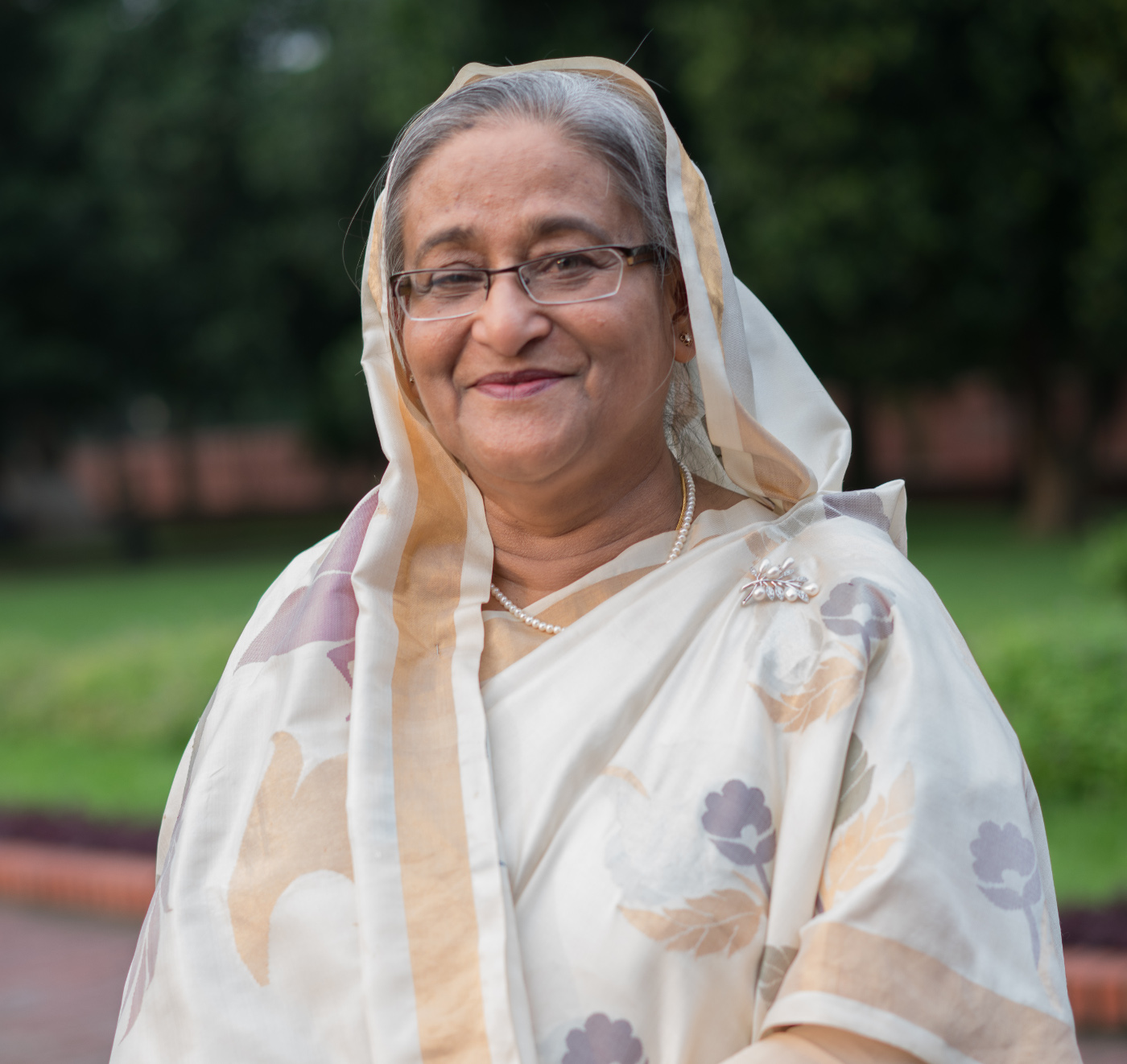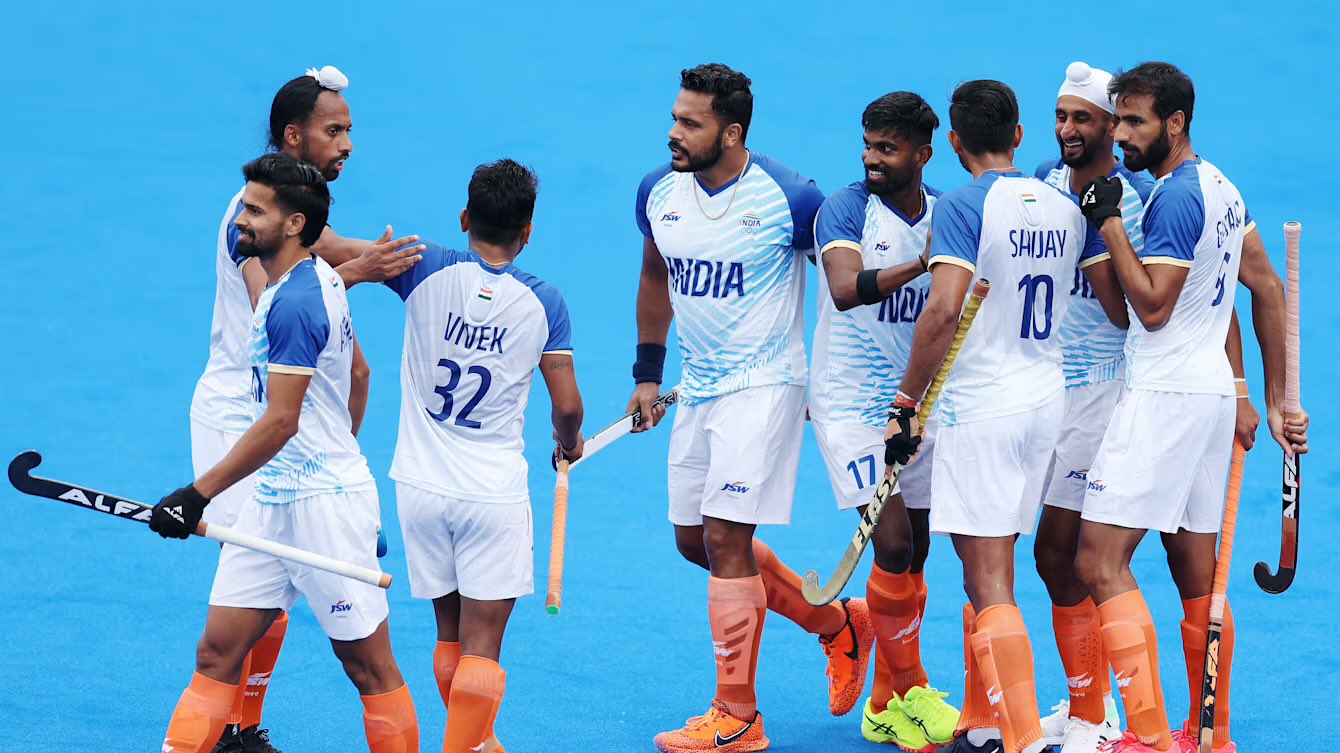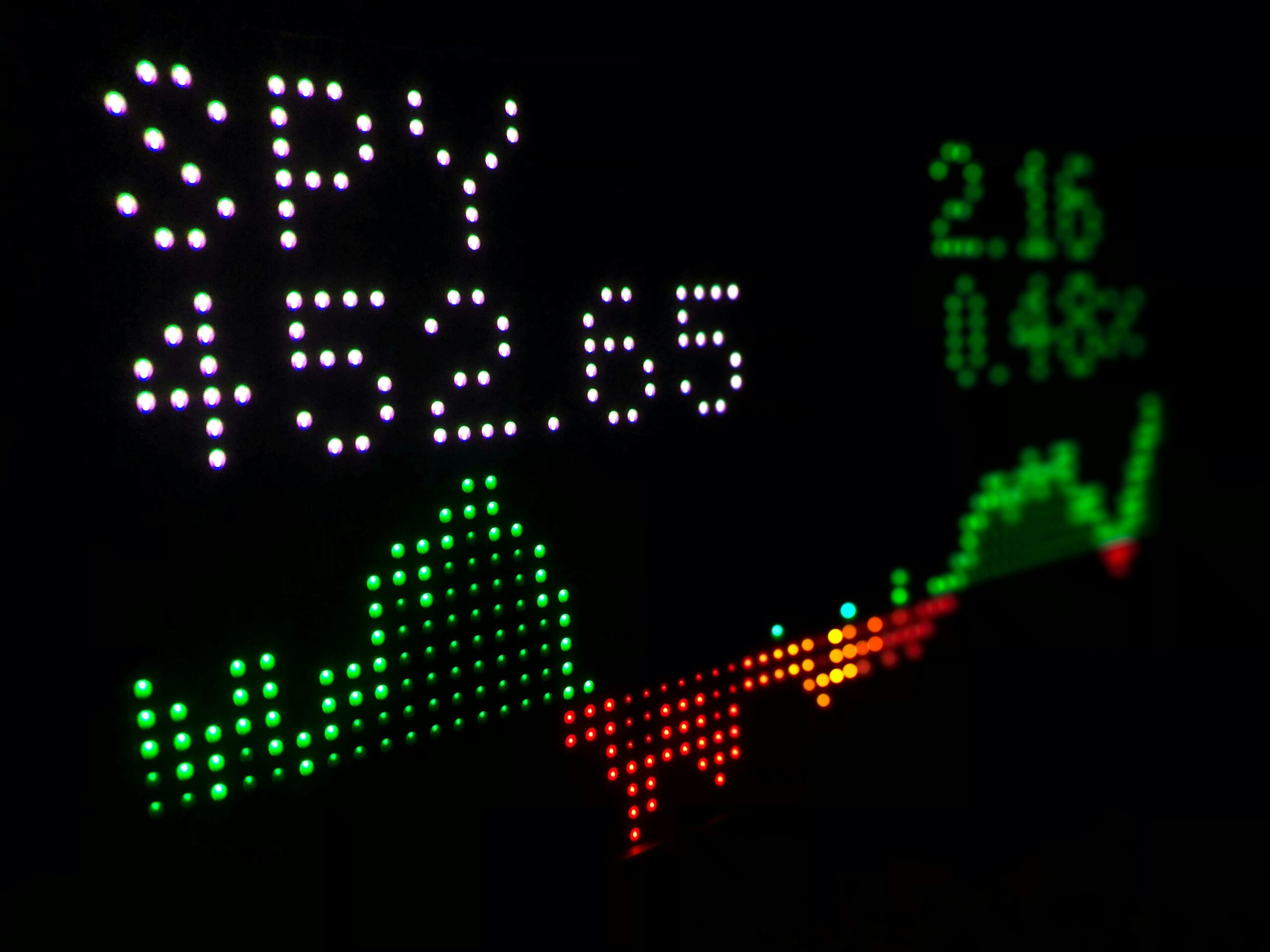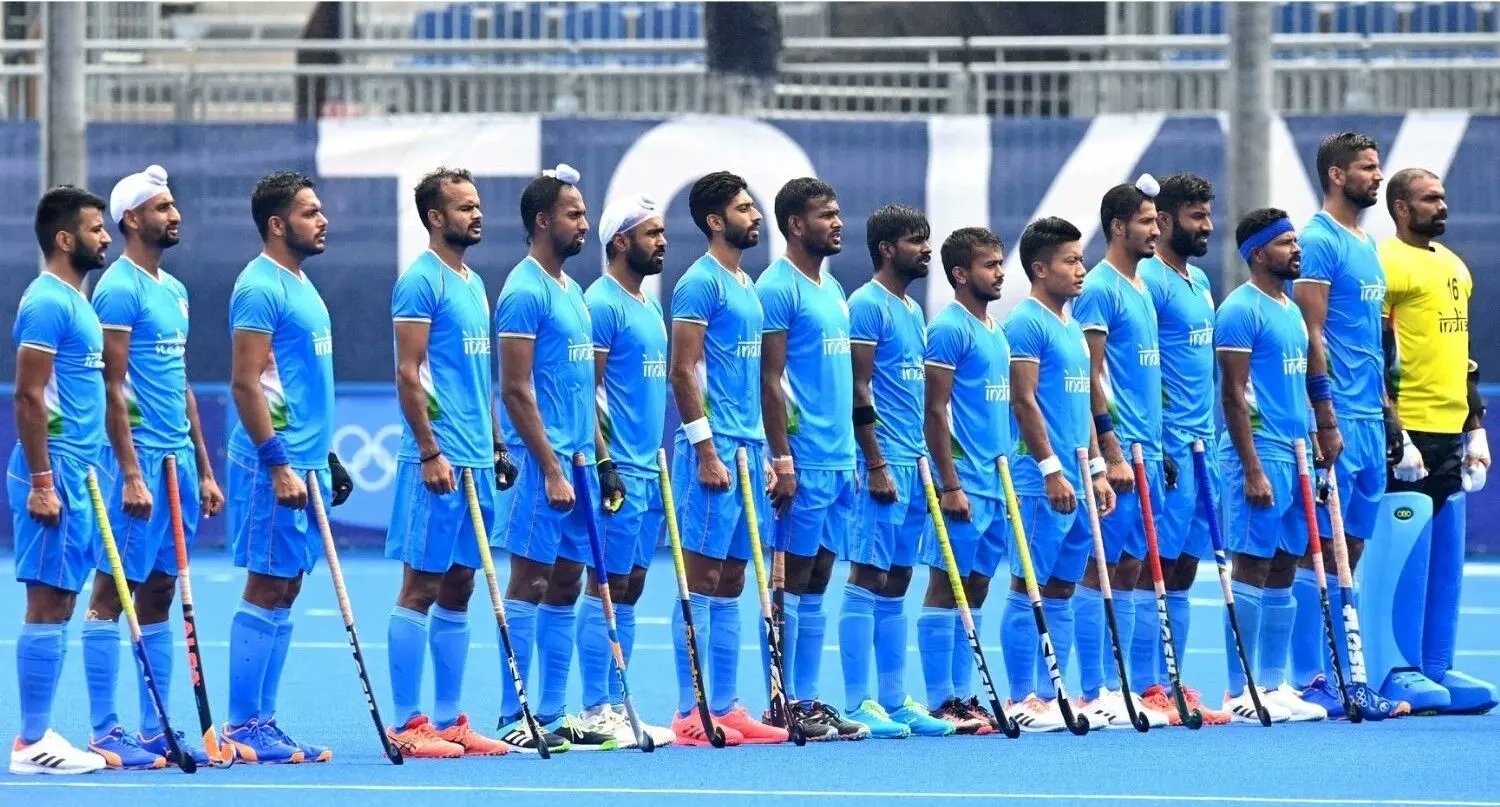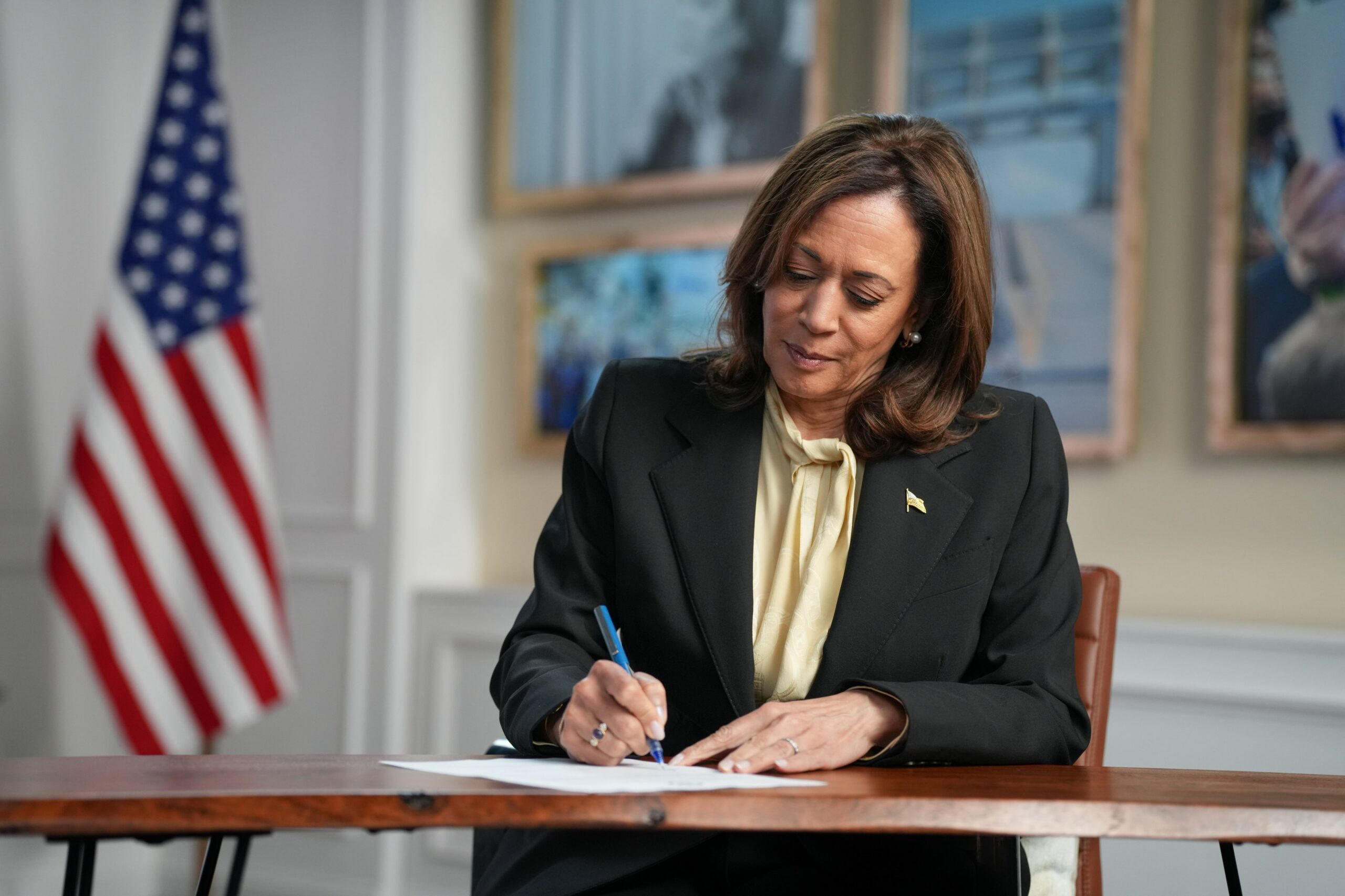Pavel Durov, the Russian-born billionaire and founder of Telegram, is facing a formal investigation in France following his recent dramatic arrest at Paris’s Bourget Airport. French prosecutors announced on Wednesday that Durov is being investigated for several suspected offenses, including complicity in illegal gang activities, money laundering by organized crime groups, and his refusal to cooperate with law enforcement. This investigation has sparked significant controversy, raising concerns about freedom of speech and the role of technology in criminal activities.
Background on Pavel Durov and Telegram
Pavel Durov, often referred to as the “Mark Zuckerberg of Russia,” co-founded Telegram in 2013 with his brother, Nikolai. The app, which offers encrypted messaging services, quickly gained popularity, growing to over 950 million users globally by 2024. Telegram is known for its strong privacy protections, allowing users to communicate securely without fear of surveillance. However, this very feature has also drawn criticism, as it has been exploited by criminal organizations, far-right extremists, and terrorist groups.
Born in the Soviet Union in 1984, Durov rose to prominence in his twenties as a tech entrepreneur, creating the Russian social network VKontakte (VK) before being forced out by the Kremlin in 2014. He subsequently left Russia and has since lived a globe-trotting lifestyle, with residences in Dubai, France, and other locations.
Durov, who holds French citizenship, is currently worth an estimated $9.15 billion according to Bloomberg.
The Charges Against Durov
The investigation into Durov is centered on Telegram’s alleged complicity in facilitating illegal activities, ranging from fraud and drug trafficking to child pornography distribution. French authorities claim that Telegram’s lack of content moderation and encryption features have made it a haven for criminals. Durov’s platform has come under scrutiny for failing to respond to legal requests from the French government, particularly those related to serious crimes involving minors, hate speech, and organized crime.
The French prosecutor’s office revealed that the National Office for Minors had reported the “near absence of response” from Telegram in relation to these criminal activities.
The suspected acts being investigated include “complicity in the administration of a platform enabling illegal transactions in an organized gang,” an offense that could carry a maximum sentence of 10 years in prison under French law.
Judicial Supervision and Bail
Following his arrest, Durov was placed under judicial supervision, which prohibits him from leaving France. He is required to report to a French police station twice a week and has had bail set at $5.56 million (5 million euros). Although he has not been formally charged, the opening of a formal investigation indicates that French prosecutors believe there is enough evidence to warrant further inquiry.
Durov was initially detained for up to 96 hours, the maximum allowed under French law before formal charges must be brought. During this time, he was questioned about Telegram’s role in facilitating criminal activities and the platform’s failure to comply with legal demands from French authorities.
International Reactions
The arrest and investigation of Pavel Durov have sparked outrage in Russia, where Telegram remains an essential tool for communication, particularly during the ongoing conflict with Ukraine. The app has become a key communication platform for both Russian and Ukrainian military personnel, as well as for civilians caught in the crossfire of the war. As a result, Durov’s detention has raised fears about the future of Telegram in Russia.
Russia’s Foreign Ministry spokesperson, Maria Zakharova, condemned Durov’s detention, accusing France of trampling on international norms related to freedom of speech. “It seems to me that all this has once again demonstrated the true attitude of the French leadership, which has blatantly trampled on international norms in the field of protecting freedom of speech and expression,” Zakharova stated. This sentiment has been echoed by many in Russia, who view the investigation as an attack on their right to communicate freely.
In contrast, French President Emmanuel Macron has dismissed claims that the investigation is politically motivated. In a rare public statement on a judicial matter, Macron said, “The decision to bring charges against Pavel Durov is in no way political. It is purely a matter of upholding French law and ensuring that all platforms, regardless of their size or influence, comply with our regulations.”
Telegram’s Role in Crime and Terrorism
While Telegram has been praised for its role in promoting free speech, particularly in countries with authoritarian regimes, it has also faced criticism for its use by criminal and terrorist groups. Telegram’s encryption features make it difficult for law enforcement agencies to monitor communications, and this has been exploited by criminals to carry out illegal activities.
One of the most high-profile incidents involving Telegram was the Paris terror attacks in November 2015, in which the app was reportedly used by terrorists to coordinate their actions. Since then, governments around the world have been pressuring Telegram to improve its content moderation and cooperate with law enforcement agencies.
In France, Telegram has been under particular scrutiny for its alleged role in facilitating criminal activities, including drug trafficking, child exploitation, and hate speech. French authorities have repeatedly criticized the platform for failing to respond to court orders and for allowing illegal content to proliferate on its network.
Implications for Telegram and Free Speech
The investigation into Durov and Telegram has raised important questions about the balance between free speech and the need for platforms to take responsibility for the content shared on their networks. While Telegram’s encryption features are vital for protecting user privacy, they also make it difficult for law enforcement agencies to crack down on illegal activities.
Critics argue that platforms like Telegram must do more to moderate content and prevent criminals from exploiting their services. However, free speech advocates warn that increasing government control over messaging apps could lead to censorship and a reduction in privacy for legitimate users.
As the investigation into Durov continues, the outcome could have significant implications for the future of Telegram and other encrypted messaging platforms. If Durov is charged and convicted, it could set a precedent for how governments regulate technology companies and their responsibilities in preventing illegal activities.
Overview
Pavel Durov’s legal troubles in France have sparked a global debate about the role of encrypted messaging platforms in modern society. While Telegram has been a vital tool for free speech and private communication, its lack of moderation has also made it a safe haven for criminals. As the investigation unfolds, the world will be watching to see how this case impacts the future of Telegram and the broader issue of privacy versus security in the digital age.
French authorities will continue their investigation, and the tech world is left to ponder the potential ramifications for other platforms that prioritize privacy over transparency.


